Κείμενο
Καλημέρα σας, ονομάζομαι Στέλιος Πανταζής, είμαι γιατρός, είμαι εξειδικευμένος στην ιατρική διατροφολογία και στις διαταραχές του μεταβολισμού. Το σημερινό βίντεο είναι εμβόλιμο στο κανονικό μας πρόγραμμα γιατί θέλω να μοιραστώ μαζί σας ένα περιστατικό που μου συνέβη στο ιατρείο πριν από λίγες εβδομάδες. Έχω αλλάξει πάρα πολλά πράγματα στην ιστορία, για να μην είναι αναγνωρίσιμη, αλλά η ουσία έχει παραμείνει αναλλοίωτη. Πρόκειται για ένα ραντεβού με έναν κύριο 55 ετών που θα τον λέμε Δημήτρη. Ο Δημήτρης με κάλεσε στο τηλέφωνο και μου παραπονέθηκε ότι όλοι του οι συγγενείς είτε έχουν πεθάνει από καρκίνο, είτε έχουν περάσει καρκίνο και ο ίδιος είναι πολύ φοβισμένος και ανησυχεί πολύ για το ενδεχόμενο να νοσήσει και ο ίδιος με καρκίνο. Ο Δημήτρης ήθελε να ζητήσει τη βοήθειά μου, ως ειδικό στην Ιατρική διατροφολογία, έτσι ώστε να τον βοηθήσω με συμβουλές ώστε να μειώσει σημαντικά την πιθανότητα να νοσήσει ο ίδιος από καρκίνο. Στο τηλεφώνημα ακουγόταν πολύ θορυβημένος και αγχωμένος και για αυτό άλλαξα το πρόγραμμά μου για να μπορέσω να τον δω όσο πιο άμεσα γινόταν. Όταν ο Δημήτρης ήρθε στο ραντεβού, καθίσαμε να μιλήσουμε και μου είπε ότι είναι πολύ μπερδεμένος από τις οδηγίες που διαβάζει στο ίντερνετ και επειδή με εμπιστεύεται θέλει να με ρωτήσει κάποια πράγματα σε σχέση με τον καρκίνο για να τον βοηθήσω και να τον καθοδηγήσω. Απάντησα στον Δημήτρη ότι με χαρά θα ήθελα να τον βοηθήσω και ξεκινήσαμε τη συζήτησή μας. Στην αρχή μου είπε ότι σκέφτεται σοβαρά να κάνει διαλειμματική νηστεία, αλλά δεν είναι σίγουρος αν το καλύτερο πρωτόκολλο για να την πρόληψη του καρκίνου είναι το πρωτόκολλο 20/4 ή το 16/8. Μου είπε ότι από αυτά που έχει διαβάσει στο Internet, αλλού βλέπει ότι καλύτερο είναι το 20/4 ενώ αλλού βλέπει ότι είναι καλύτερο το 16/8. Του απάντησα ότι αυτές οι μελέτες δεν έχουν γίνει ακόμα εκτεταμένα σε ανθρώπους ώστε να δούμε πραγματικά ποιο από τα δύο πρωτόκολλα είναι καλύτερο και για να καταλάβουμε ποιο είναι καλύτερο βασιζόμαστε στα αποτελέσματα που

βλέπουμε σε πειραματόζωα. Παρόλα αυτά, ο μεταβολισμός των πειραματόζωων πολύ διαφορετικός από τον δικό μας, γιατί ένα πειραματόζωο, ένα ποντίκι ας πούμε, αν μείνει νηστικό 24 ώρες μπορεί και να πεθάνει, ενώ ο μέσος άνθρωπος μπορεί να αντέξει άνετα δυο και τρεις μήνες χωρίς τροφή. Άρα, είναι δύσκολο να πούμε με σιγουριά βασιζόμενοι στα αποτελέσματα που έχουμε από ποντίκια ποιο είναι το καλύτερο πρωτόκολλο για εμάς. Στη συνέχεια με ρώτησε για τα βατόμουρα και τα ακτινίδια. Πάλι μου είπε ότι οι πληροφορίες που έχει δει στο ίντερνετ είναι αντικρουόμενες, γιατί σε άλλες ιστοσελίδες έχει δει ότι τα μαύρα βατόμουρα έχουν πιο ισχυρή αντικαρκινική δράση από τα ακτινίδια, ενώ σε άλλη ιστοσελίδα διάβασε ότι τα ακτινίδια έχουν πιο ισχυρή αντικαρκινική δράση. Του εξήγησα ότι αυτά τα αποτελέσματα βασίζονται σε πειράματα που έχουν γίνει σε καρκίνους που έχουν καλλιεργηθεί σε μπουκάλια, και όχι σε πραγματικούς ανθρώπους, για αυτό είναι δύσκολο να είμαστε σίγουροι ποιο από τα δύο έχει ισχυρότερη αντικαρκινική δράση σε εμάς. Σε κάθε περίπτωση όμως και τα δύο είναι πάρα πολύ χρήσιμα και πρέπει να υπάρχουν στη διατροφή ενός ανθρώπου που θέλει να προστατεύσει την υγεία του, ειδικά από τον καρκίνο. Στη συνέχεια με ρώτησε για το λιναρόσπορο. Μου είπε ότι σε πολλές ιστοσελίδες έχει διαβάσει ότι δεν πρέπει να αγοράζουμε τον λιναρόσπορο αλεσμένο, αλλά πρέπει να τον αλέθουμε μόνοι μας αμέσως πριν το καταναλώσουμε. Αντίθετα, σε δικά μου βίντεο είχε δει ότι δεν έχει τόσο μεγάλη σημασία να είναι ο λιναρόσπορος φρεσκοαλεσμένος και μπορούμε να τον αγοράσουμε αλεσμένο και να τον αποθηκεύσουμε και να τον καταναλώσουμε σε λίγες βδομάδες. Αναρωτιόταν αν αυτός ο τρόπος είναι σωστός. Του εξήγησα, αυτό που έχω πει και στα σχόλια κάτω από το βίντεο με τον λιναρόσπορο μερικές φορές, ότι το να καταναλώνουμε τον λιναρόσπορο φρεσκοαλεσμένο είναι το ιδανικό, αλλά δεν είναι και τόσο κακό μην είναι φρεσκοαλεσμένος. Ούτως ή άλλως, η πιο ισχυρή αντικαρκινική δράση του λιναρόσπορου προέρχεται από τις φυτικές

του ίνες, οι οποίες δεν καταστρέφονται ούτε με τη θερμοκρασία, ούτε με την άλεση, ούτε με την αποθήκευση. Άρα, η αντικαρκινική δράση που χάνουμε χρησιμοποιώντας τον λιναρόσπορο αλεσμένο από πριν είναι μικρή συγκριτικά με το τεράστιο όφελος του λιναρόσπορου. Με αυτά και με αυτά, πέρασε αρκετή ώρα από το ραντεβού, οπότε ήρθε και η ώρα να ρωτήσω και εγώ κάποια πράγματα. Αφού τον ρώτησα αν θα ήθελε να μου πει το ιστορικό του, συμφώνησε και ξεκινήσαμε. Ξεκίνησα, ρωτώντας τον το σημαντικότερο, “καπνίζετε;”. Η απάντηση με προβλημάτισε. “Ναι αλλά όχι πάρα πολύ. Τις περισσότερες μέρες δεν ξεπερνάω το πακέτο. Ίσως καμιά φορά τα σαββατοκύριακα αν βγω έξω να καπνίσω παραπάνω”. Τότε άδραξα την ευκαιρία και ρώτησα, ”Μιας που είπατε για έξω, πίνετε αλκοόλ;”. “ Όχι καθημερινά. Μόνο όταν βγαίνω. Δηλαδή δυο-τρεις φορές την εβδομάδα. Δεν μένω όμως στο ένα ποτήρι. Συνήθως πίνω περισσότερο. Δεν μεθάω τελείως, αλλά καταλαβαίνετε. Με την παρέα...”. Χμμμ, μάλιστα, σκέφτηκα. Τότε ρώτησα, “το βάρος σας είναι αρκετά αυξημένο. Έχετε σκεφτεί να κάνετε κάτι για αυτό;”. “ Δεν είναι τόσο πολύ”, μου απάντησε. “μόνο η κοιλιά”. Χμμ, μάλιστα, σκέφτηκα. Συνέχισα, “γυμνάζεστε; έχετε στην καθημερινότητά σας κάποια δραστηριότητα με κίνηση;”. “Είναι αδύνατο να γυμναστώ”, μου απάντησε. “Έχω ελάχιστο χρόνο. Η δουλειά μου είναι πολύ απαιτητική”. Χμμ, μάλιστα. Πιστεύω ότι μέχρι τώρα έχετε καταλάβει τι θέλω να πω. Έχετε καταλάβει ποιο είναι το διδακτικό σε αυτό την ιστορία. Δεν έχουν όλες οι ιατρικές οδηγίες στην ίδια βαρύτητα. Ψάχνοντας στο Internet καμιά φορά μπορούμε να χάσουμε το δάσος πίσω από τα δέντρα. Καμιά φορά μπορεί να αναλωθούμε υπερβολικά σε λεπτομέρειες που παίζουν πολύ μικρή σημασία και να χάσουμε ή να αγνοήσουμε προβλήματα τα οποία είναι πολύ σημαντικότερα. Κάποιοι άνθρωποι το κάνουν αυτό γιατί με αυτό μειώνουν το άγχος τους. Η κοπιαστική αναζήτηση της ιδανικής νηστείας ή της μαγικής τροφής τους βοηθά να ξεχνούν και να παραβλέπουν τα σημαντικότερα προβλήματα που είναι μπροστά στα μάτια τους.

Μπορεί να μιλάνε για ώρες για την αντικαρκινική δράση του κάθε φρούτου ξεχωριστά τη στιγμή που καπνίζουν. Να αναρωτιούνται για το ιδανικό πρωτόκολλο διαλειμματικής νηστείας, τη στιγμή που το κοιλιακό τους λίπος είναι πάρα πολύ αυξημένο. Και να αναρωτιούνται αν είναι καλύτερος ο φρεσκοαλεσμένος λιναρόσπορος, ενώ έχουν να γυμναστούν από την τετάρτη δημοτικού. Είναι καλό να ψάχνουμε στο ίντερνετ και να βρίσκουμε οδηγίες εκλαϊκευμένης επιστήμης πού μπορούμε να εφαρμόσουμε στην καθημερινότητά μας. Αυτό κάνω και εγώ από το κανάλι μου. Αλλά δεν θέλω να χάνουμε το δάσος πίσω από τα δέντρα. Η διακοπή καπνίσματος, το χαμηλό κοιλιακό λίπος, η σωστή διατροφή και η άσκηση είναι οι πυλώνες της καλής υγείας. Πάνω σε αυτά μπορούμε να χτίσουμε. Αν αυτά δεν υπάρχουν, τότε θα πρέπει να επενδύσουμε τον περισσότερο χρόνο μας όχι για να βρούμε ποια μούρα έχουν την ισχυρότερη αντικαρκινική δράση, αλλά πώς μπορούμε να φέρουμε αυτά να είναι εκεί που πρέπει. Αν βρήκατε το θέμα ενδιαφέρον, σας παρακαλώ, να πατήσετε το κουμπί μου αρέσει, να το μοιραστείτε με άτομα που θα το βρουν ενδιαφέρον και να εγγραφείτε στο κανάλι για να σας ενημερώνουμε για μελλοντικά θέματα. Επίσης, μπορείτε να χρησιμοποιήσετε τα σχόλια για να ζητήσετε να παρουσιάσουμε ένα θέμα στο μέλλον. Σας ευχαριστώ πολύ.

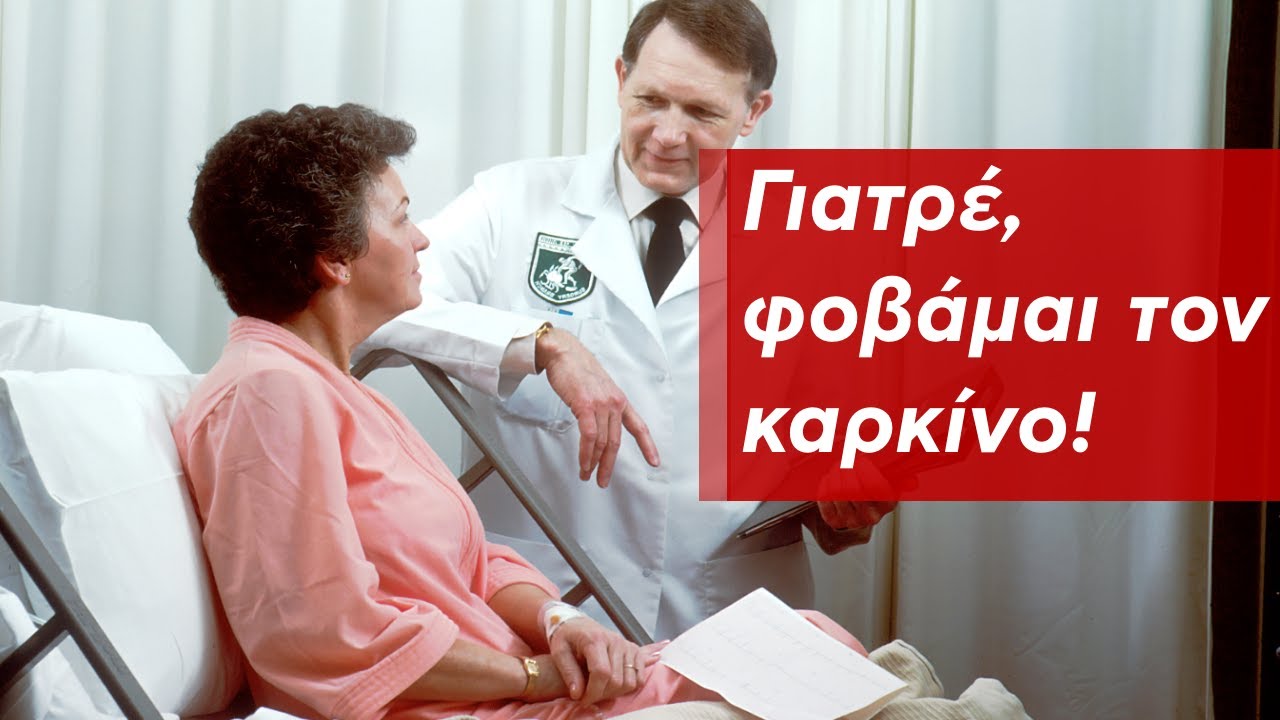
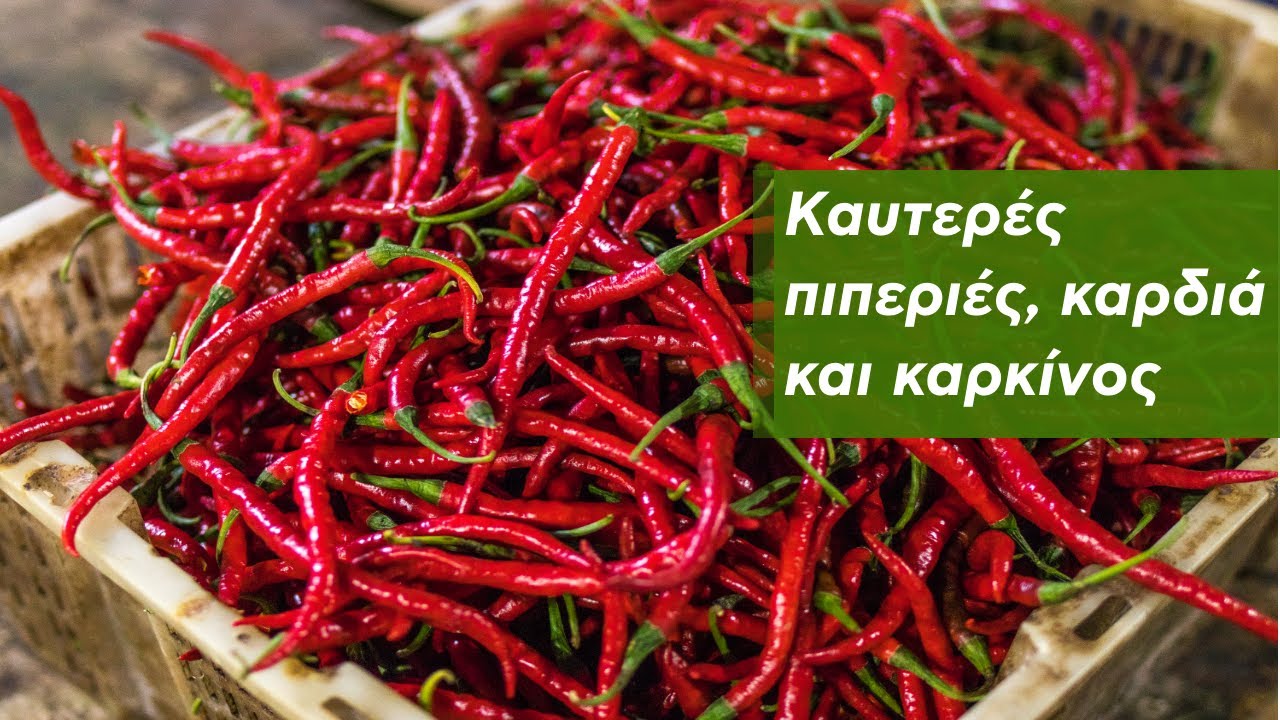
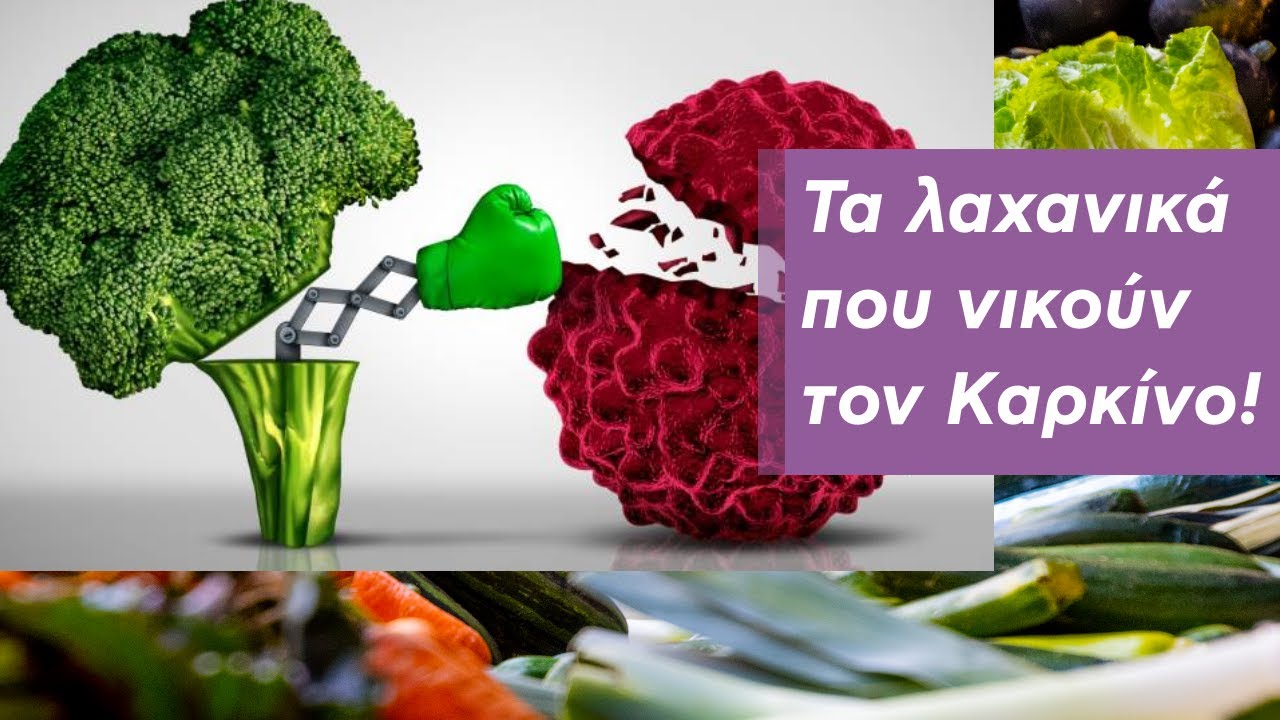
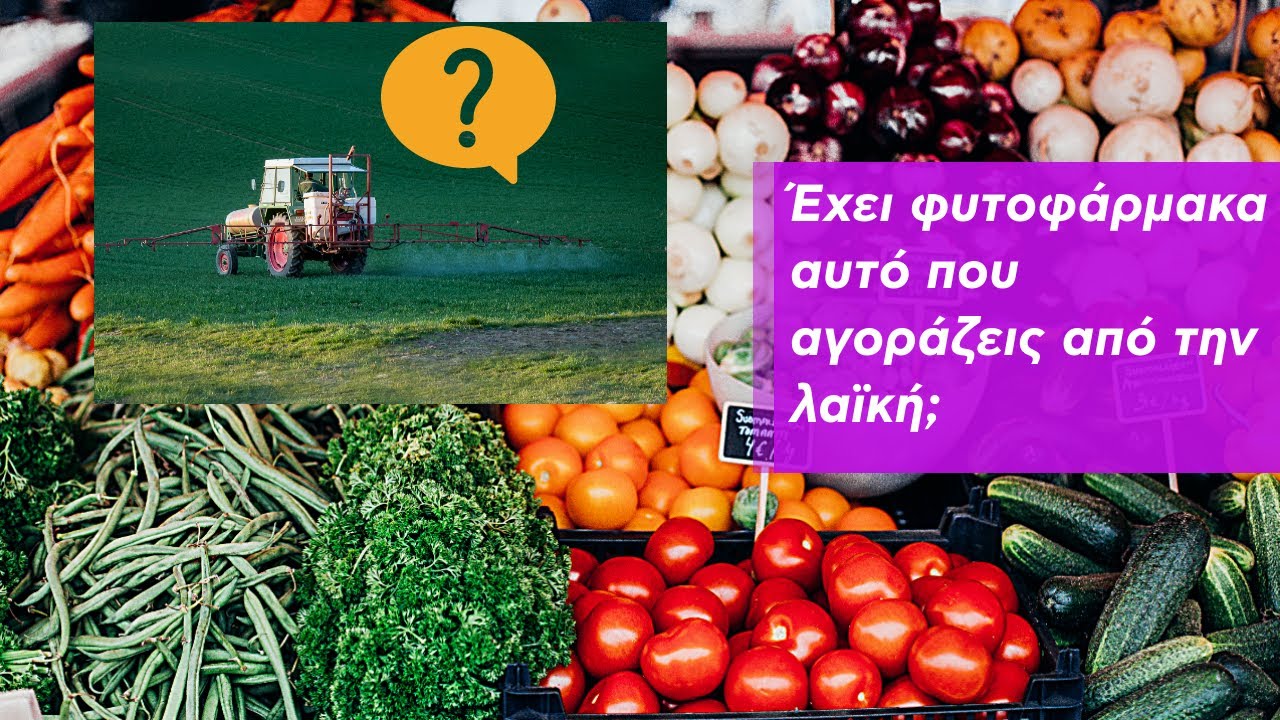
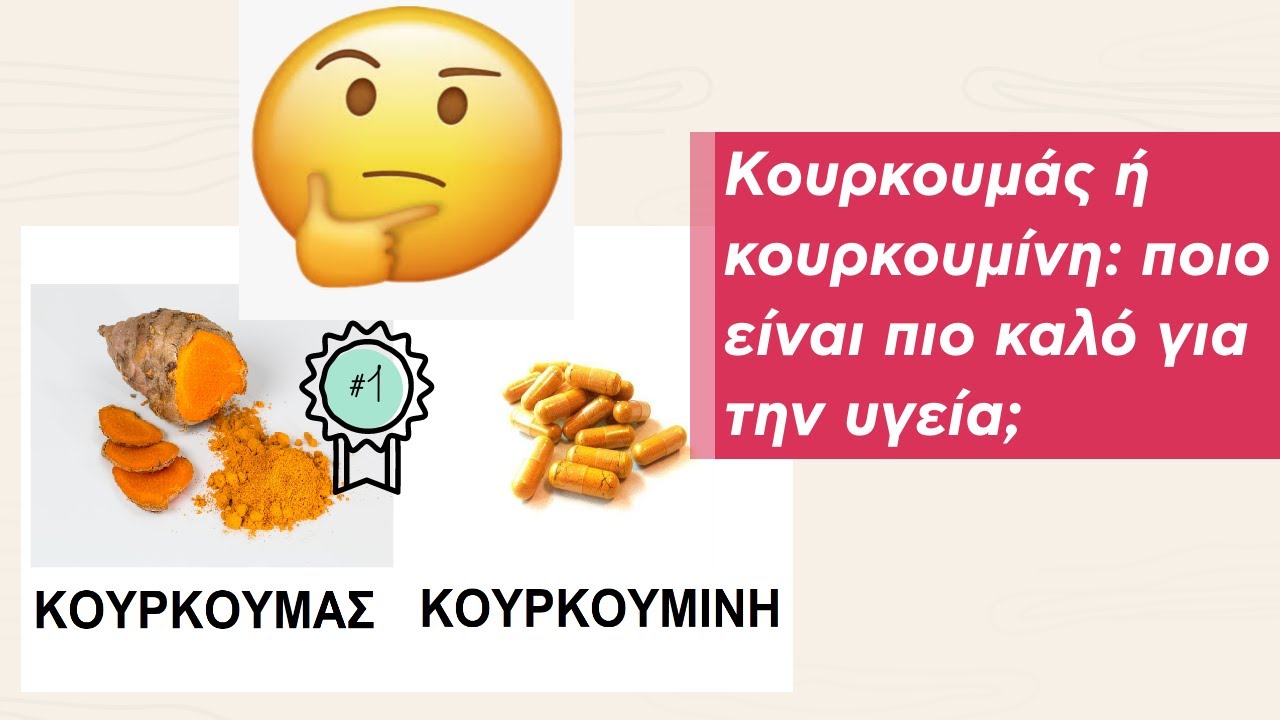
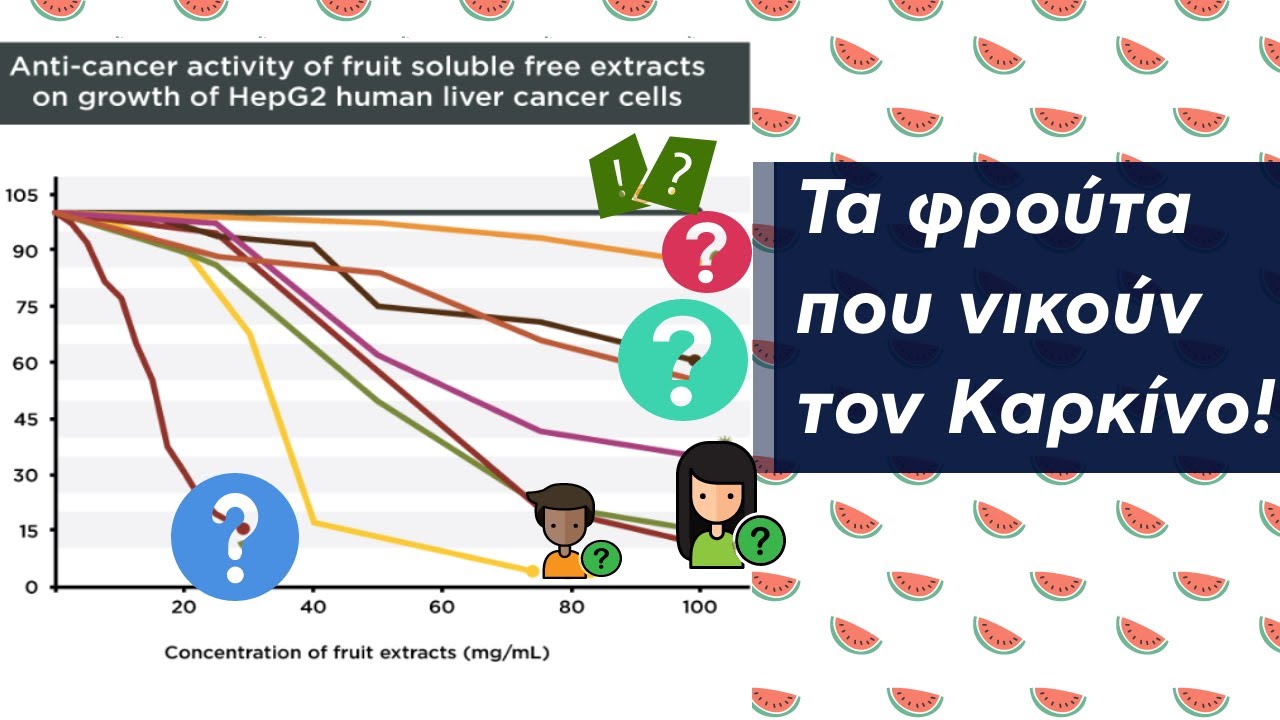
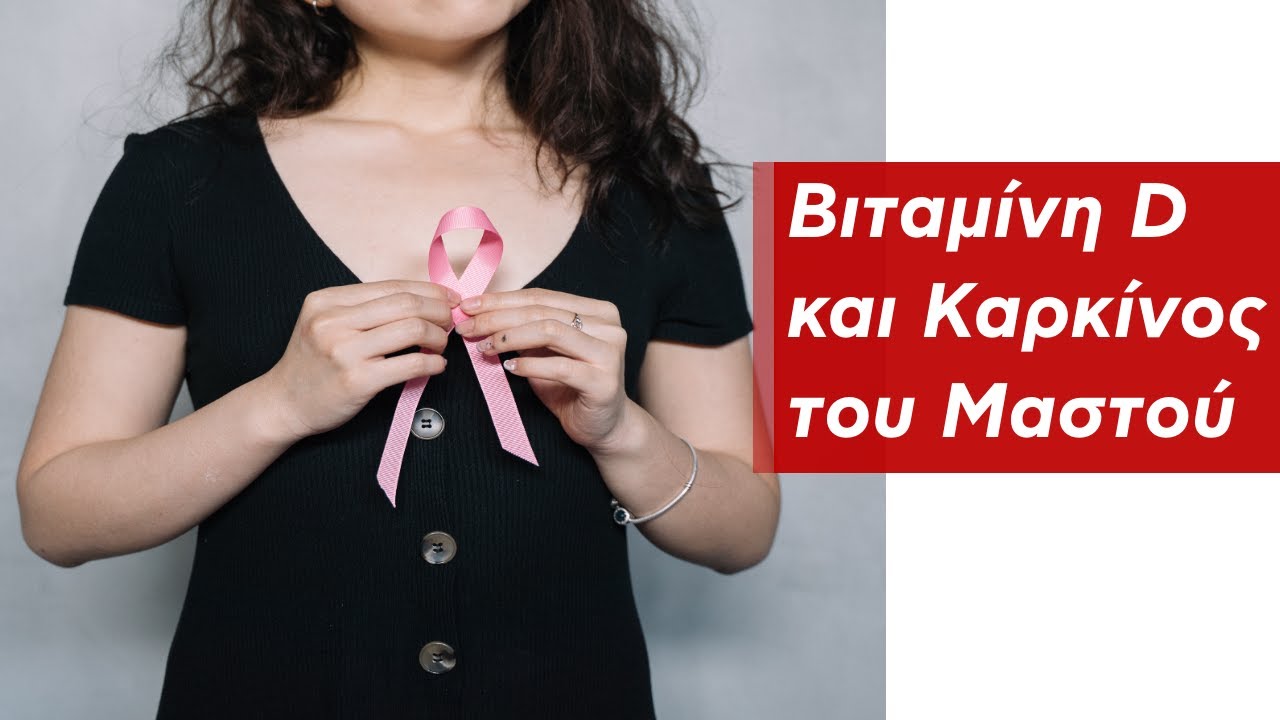
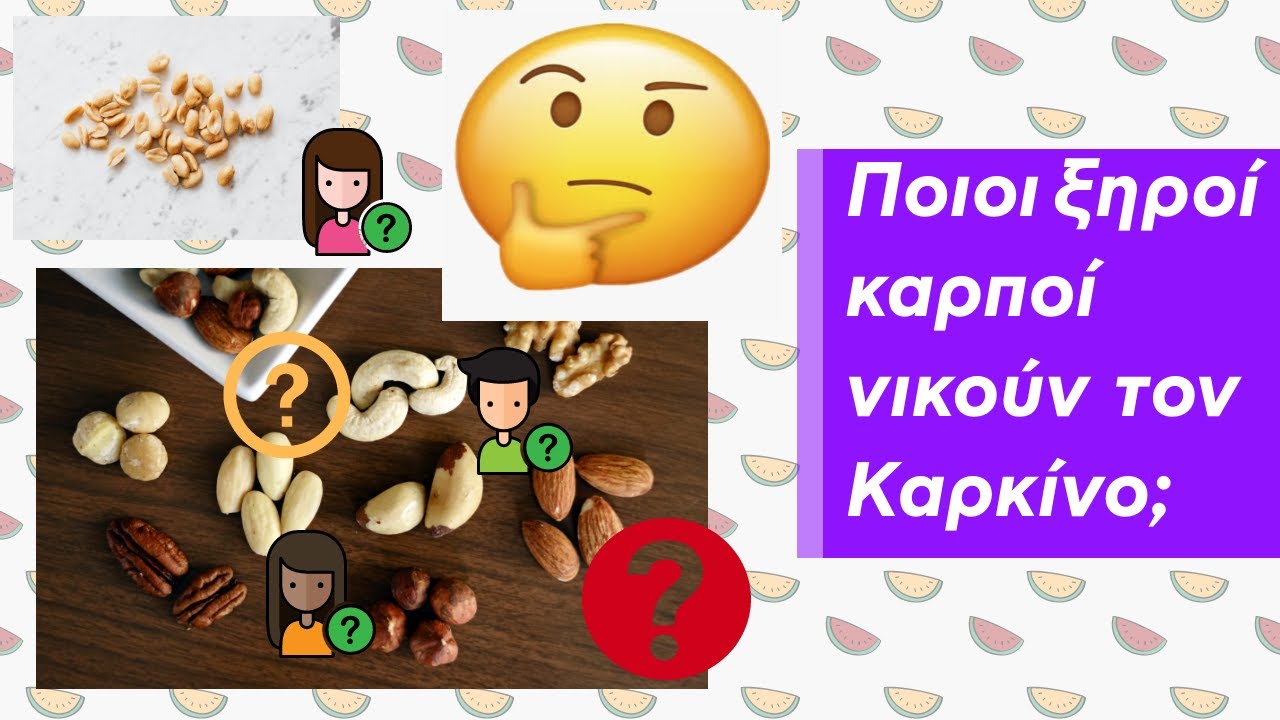
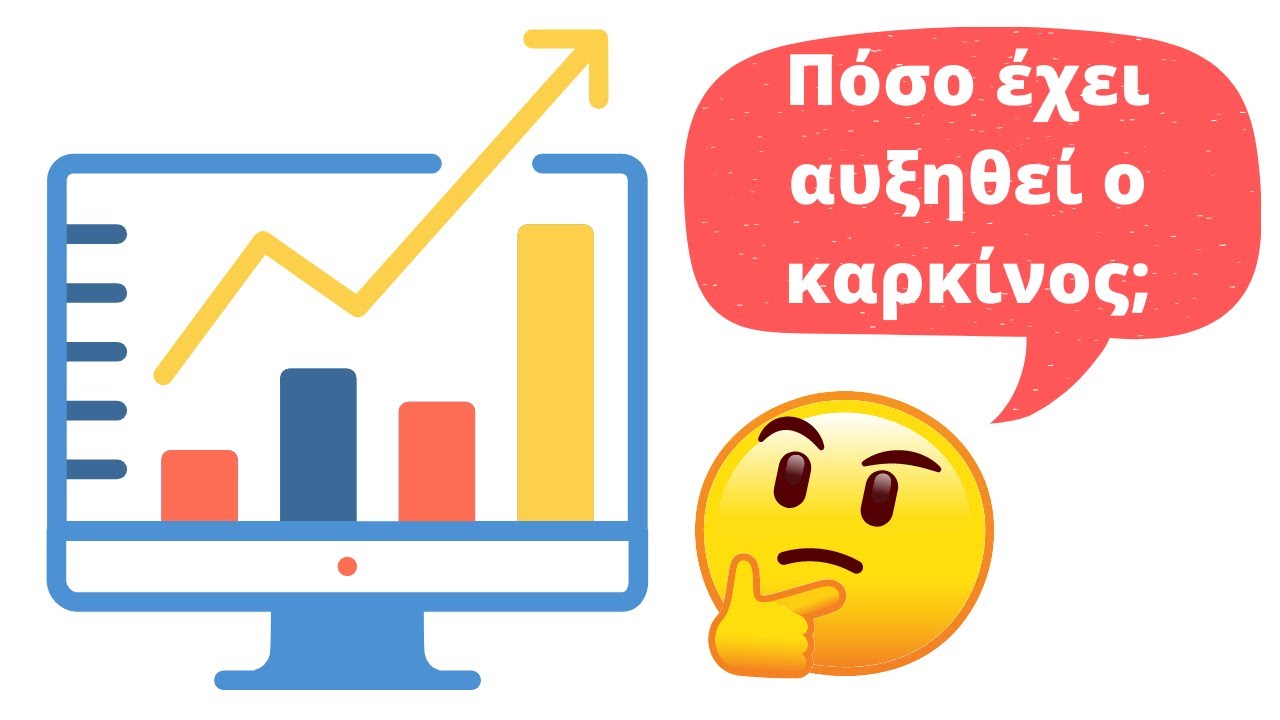
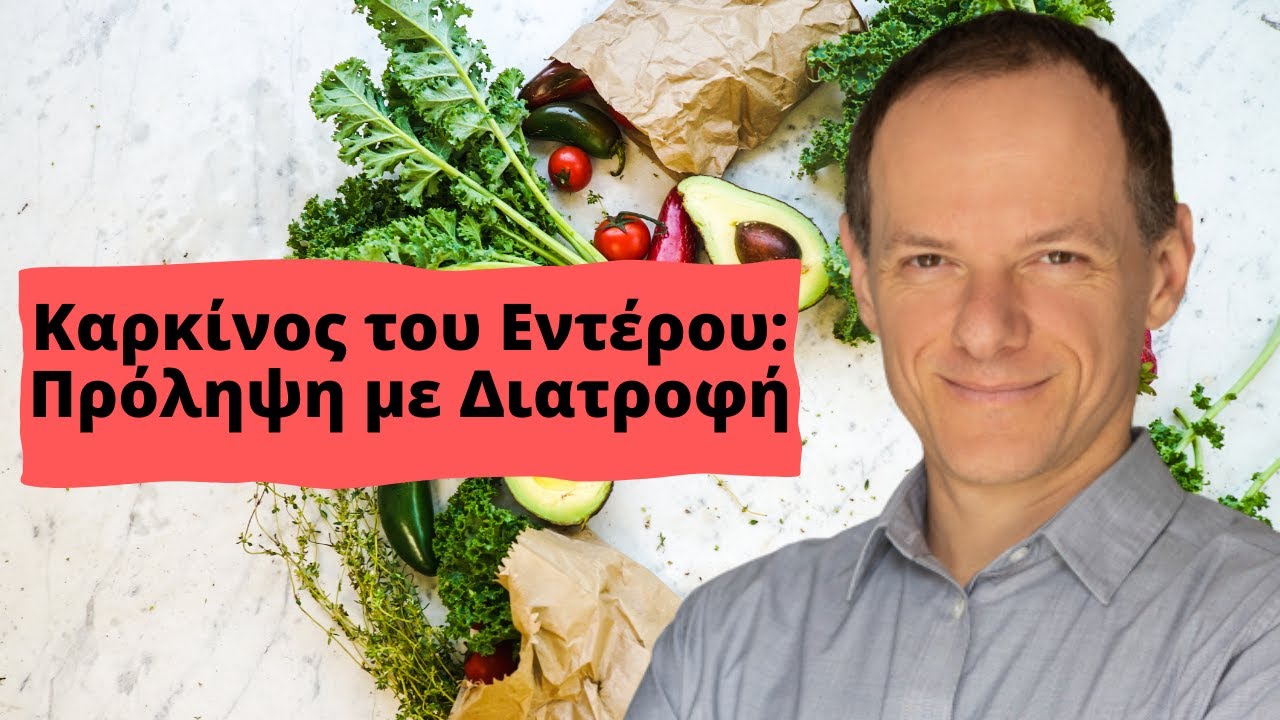
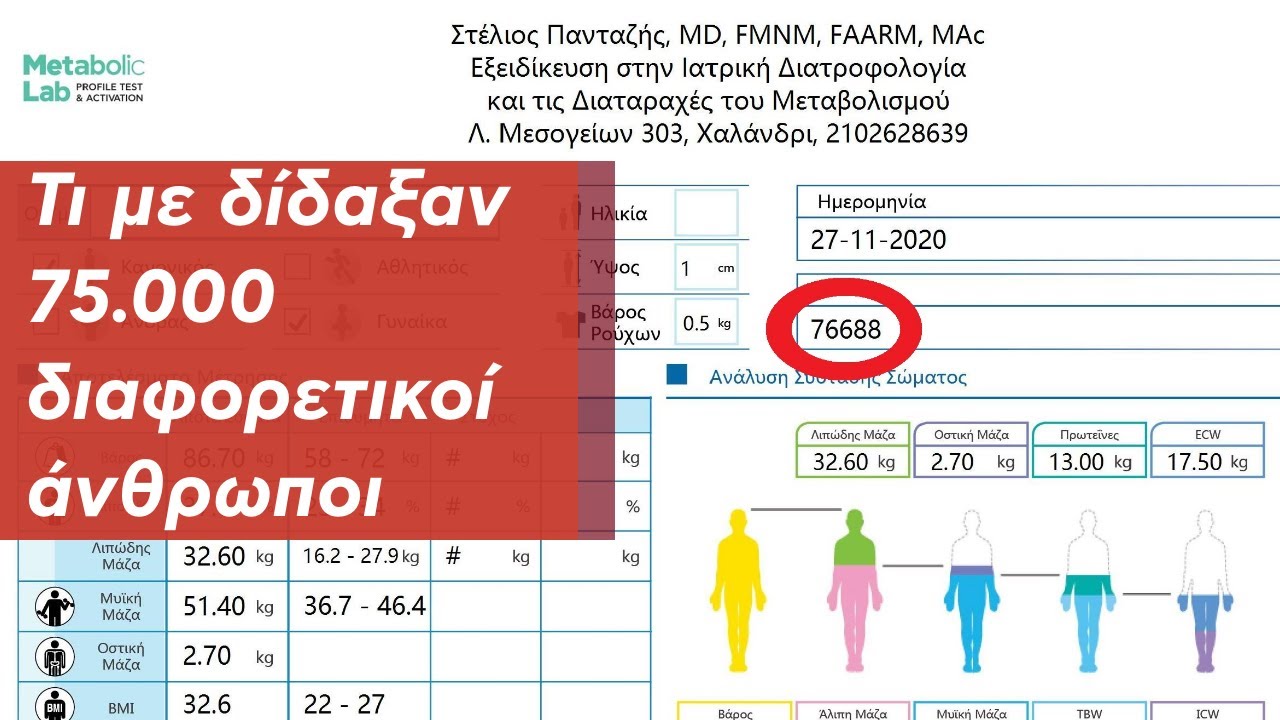
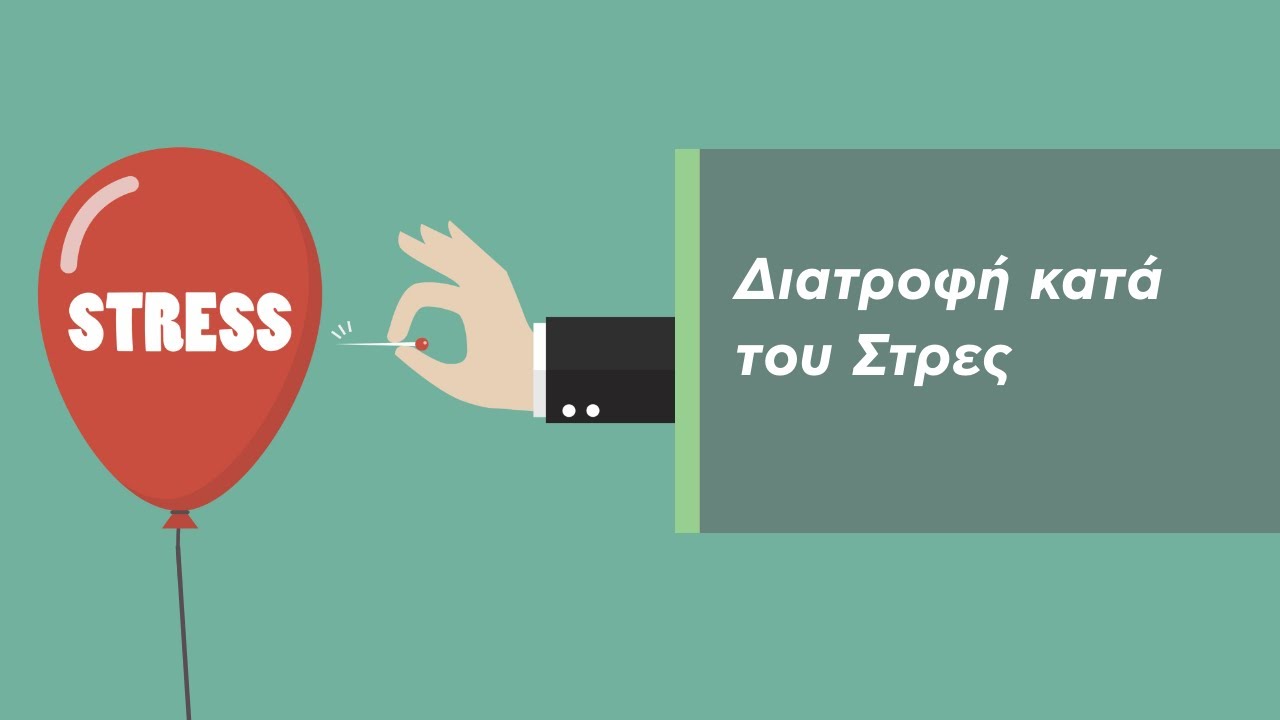
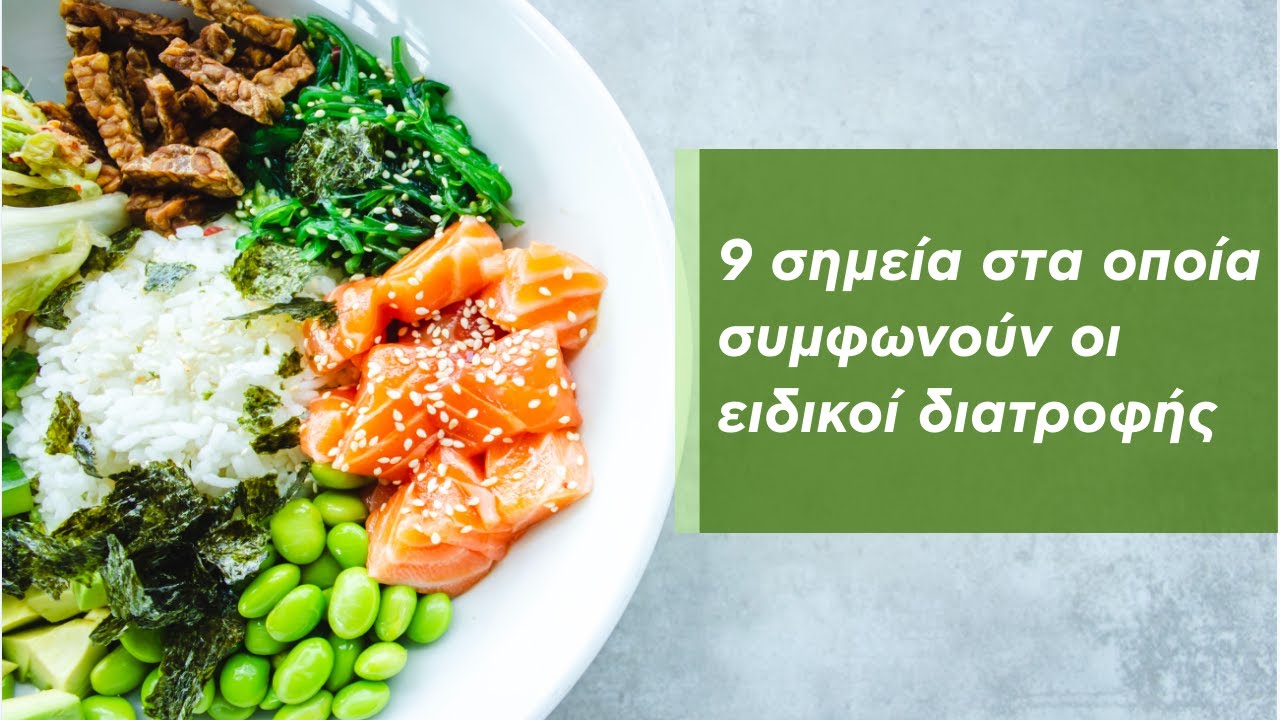
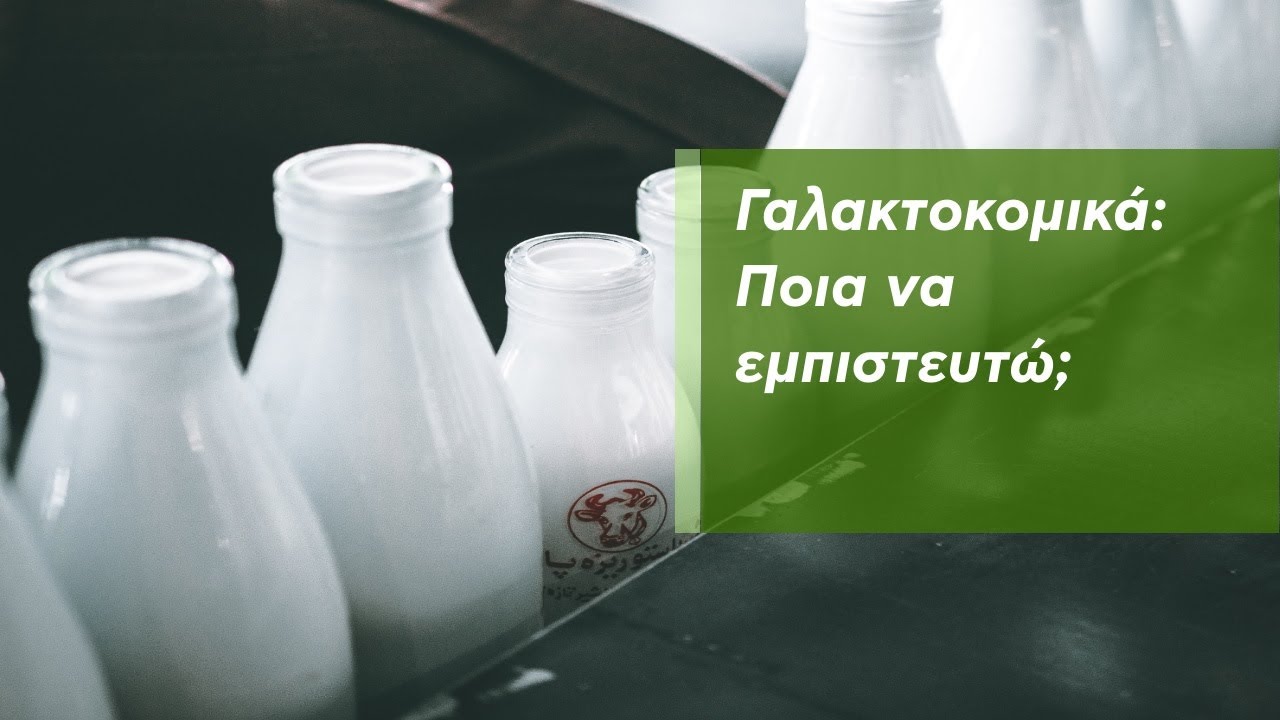
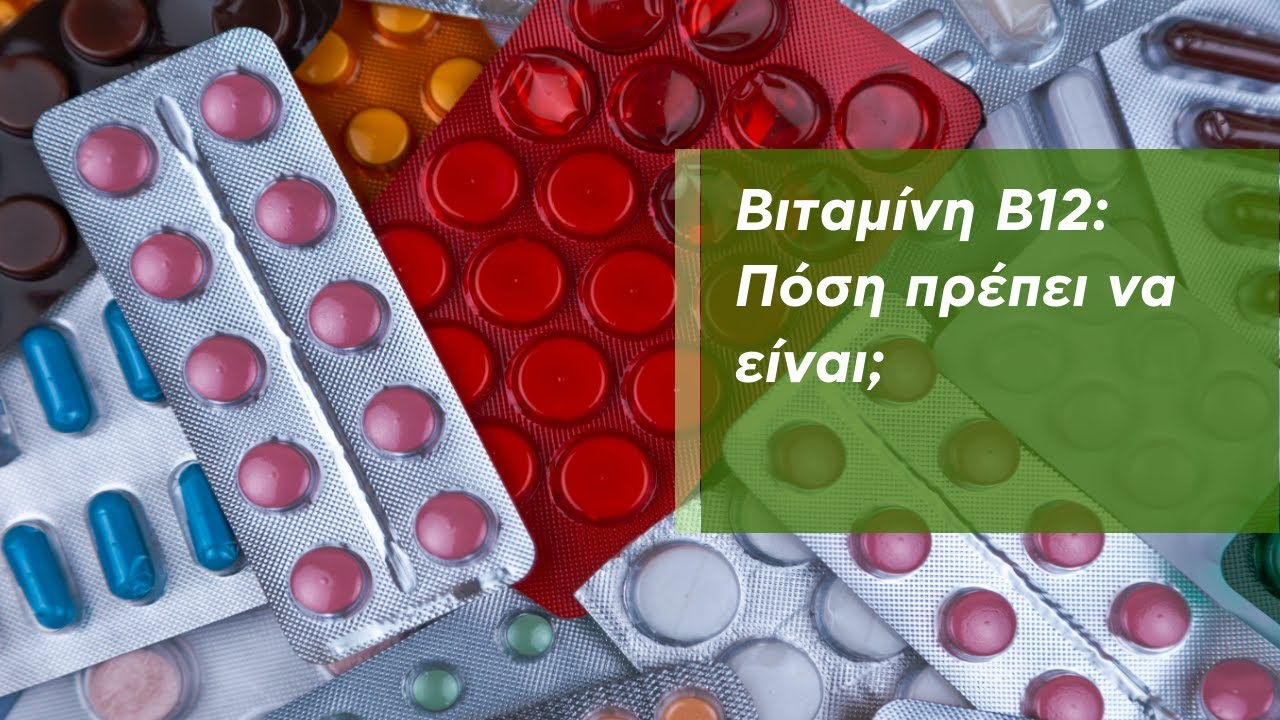
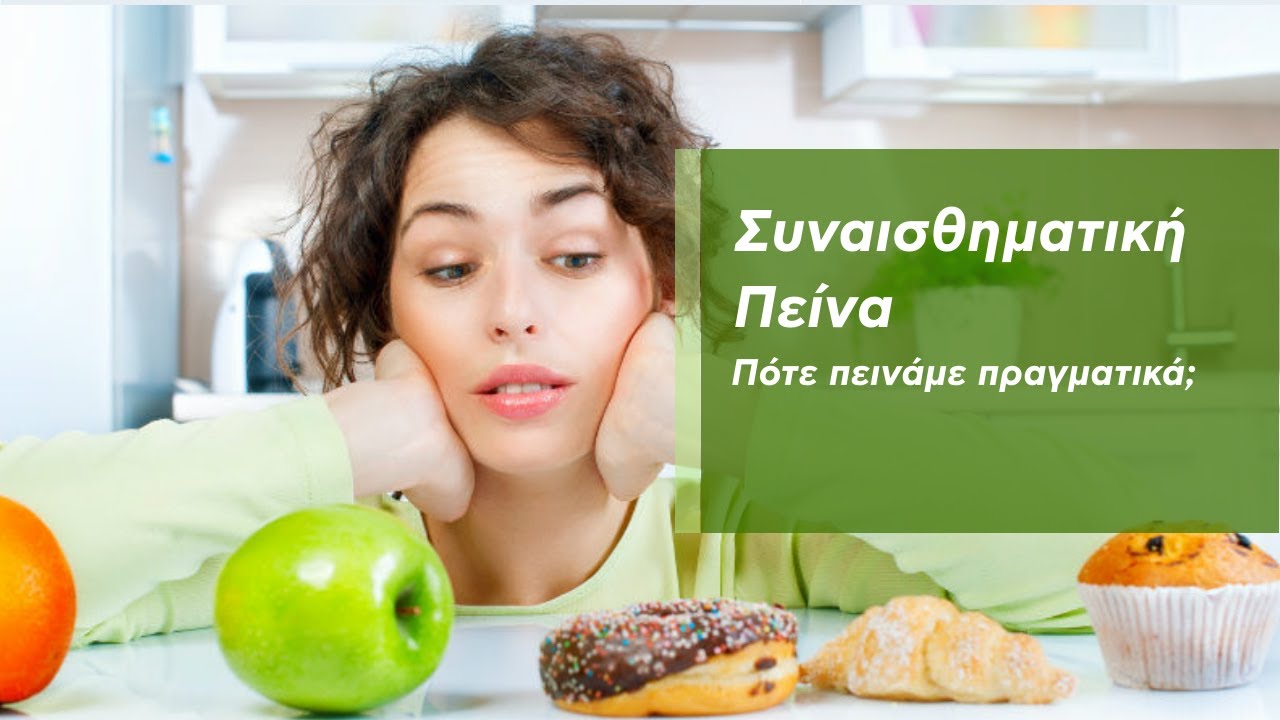
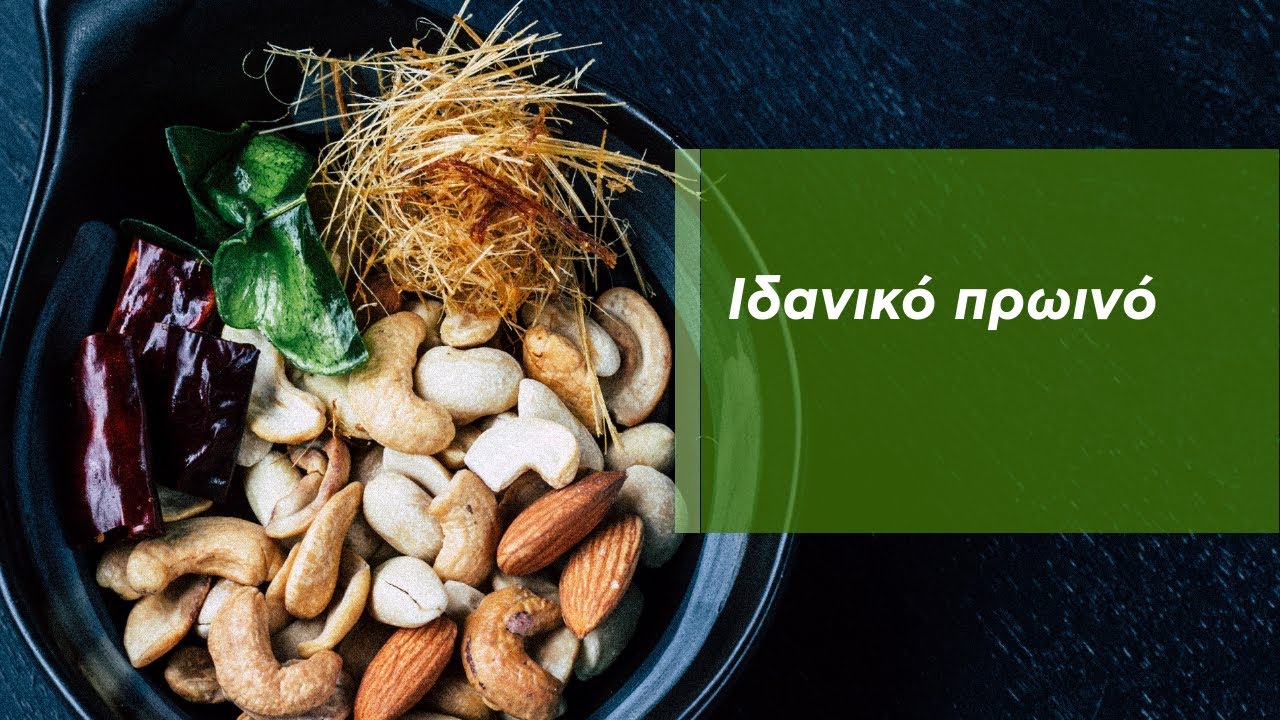
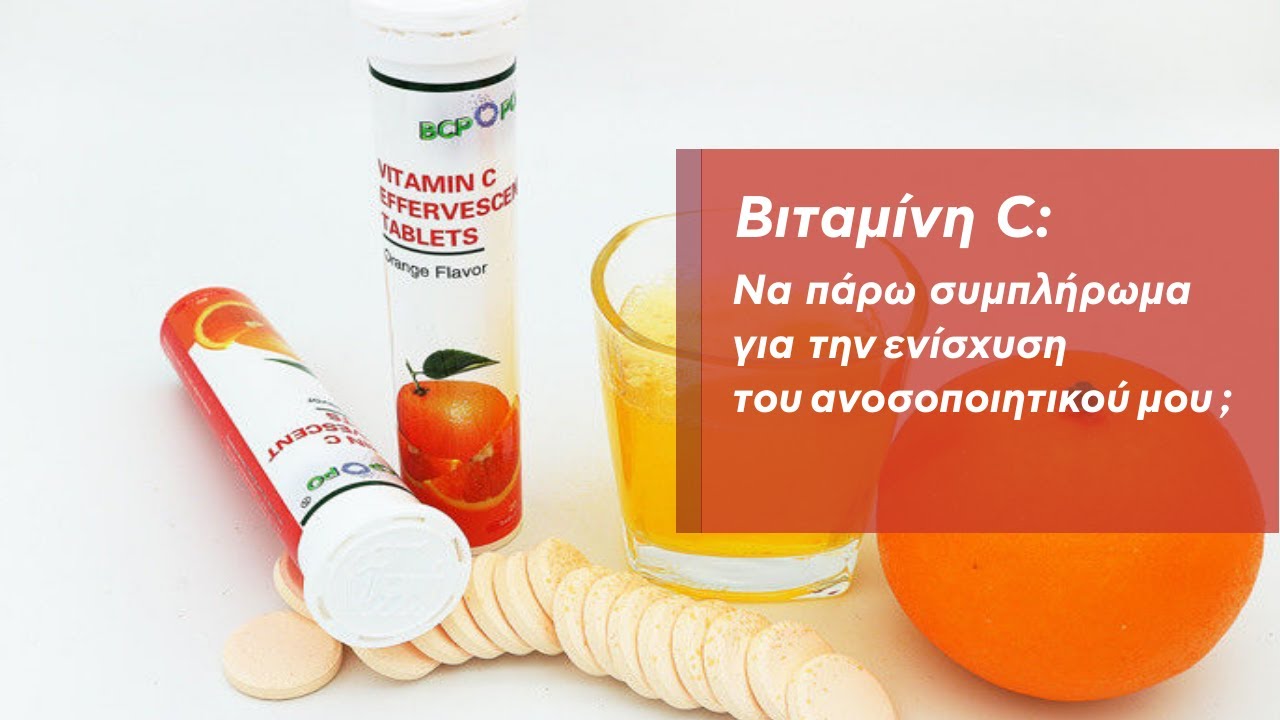
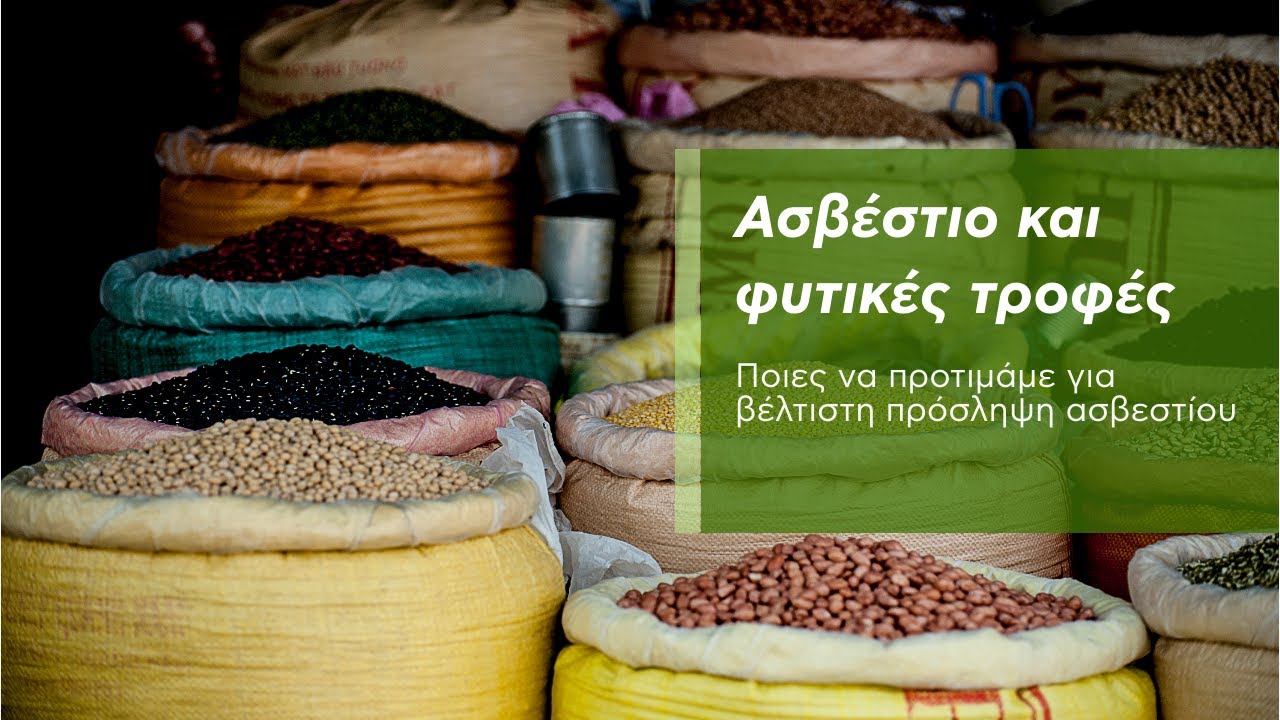
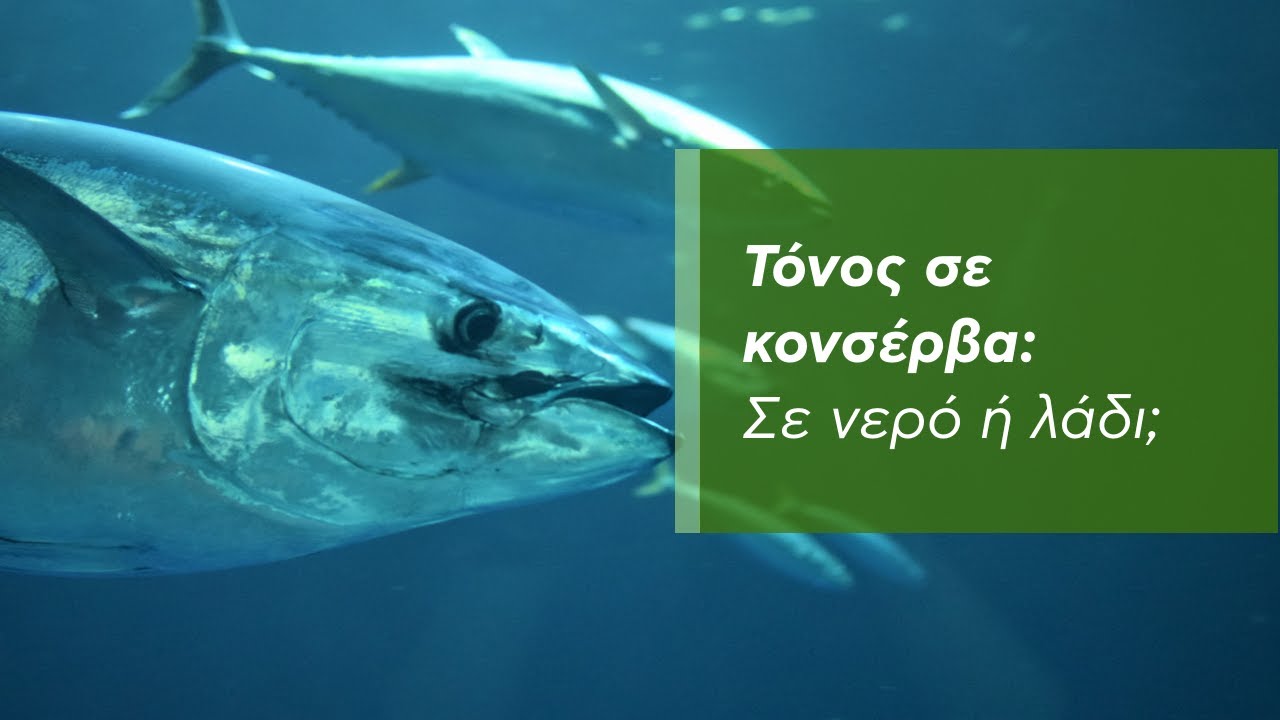
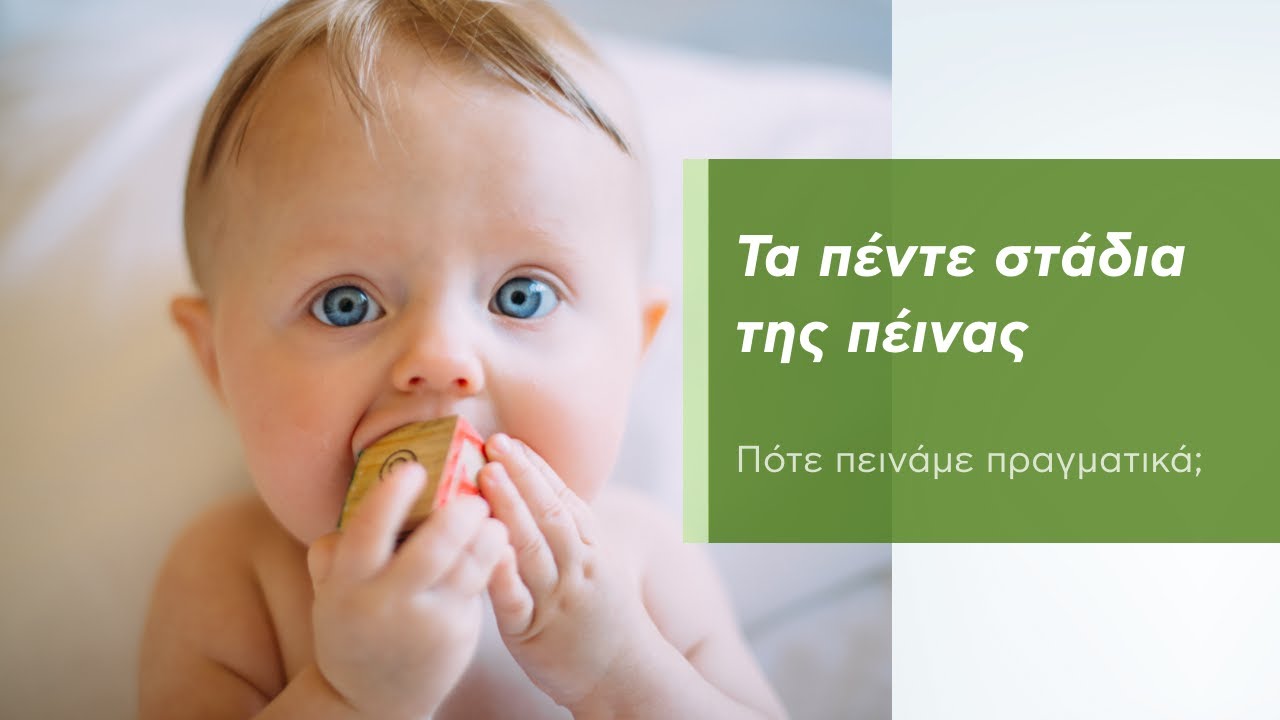
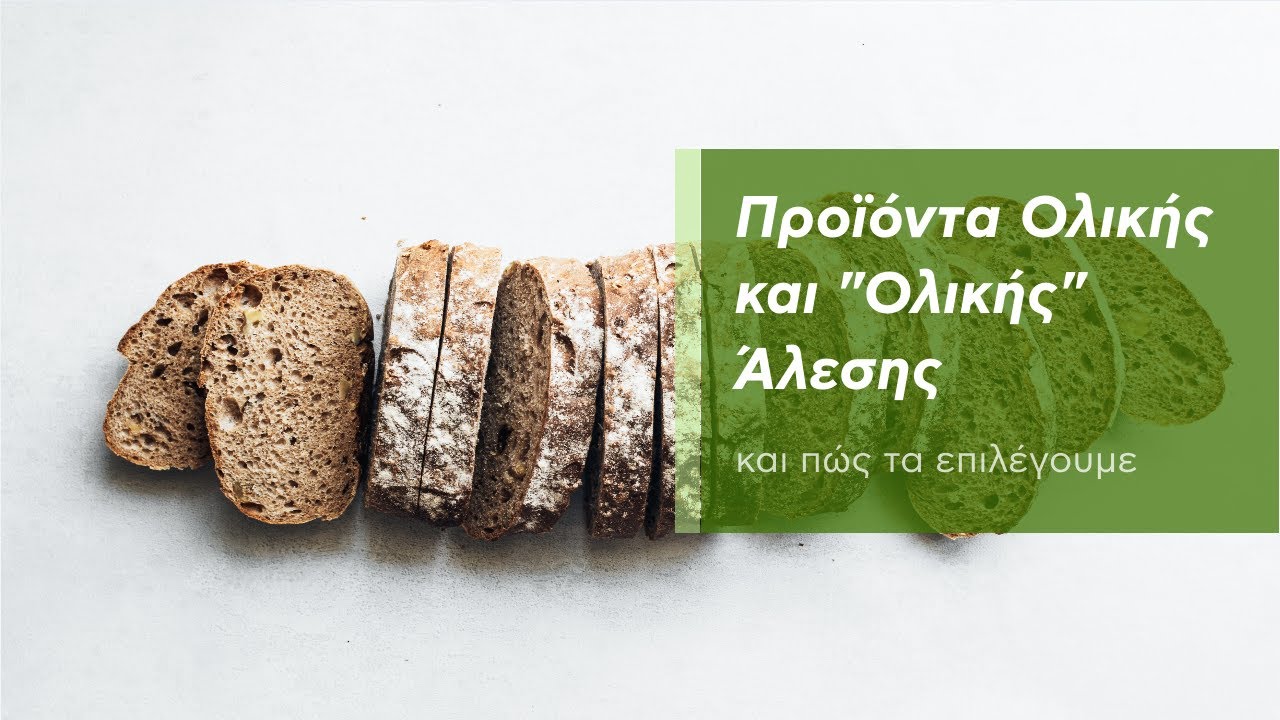
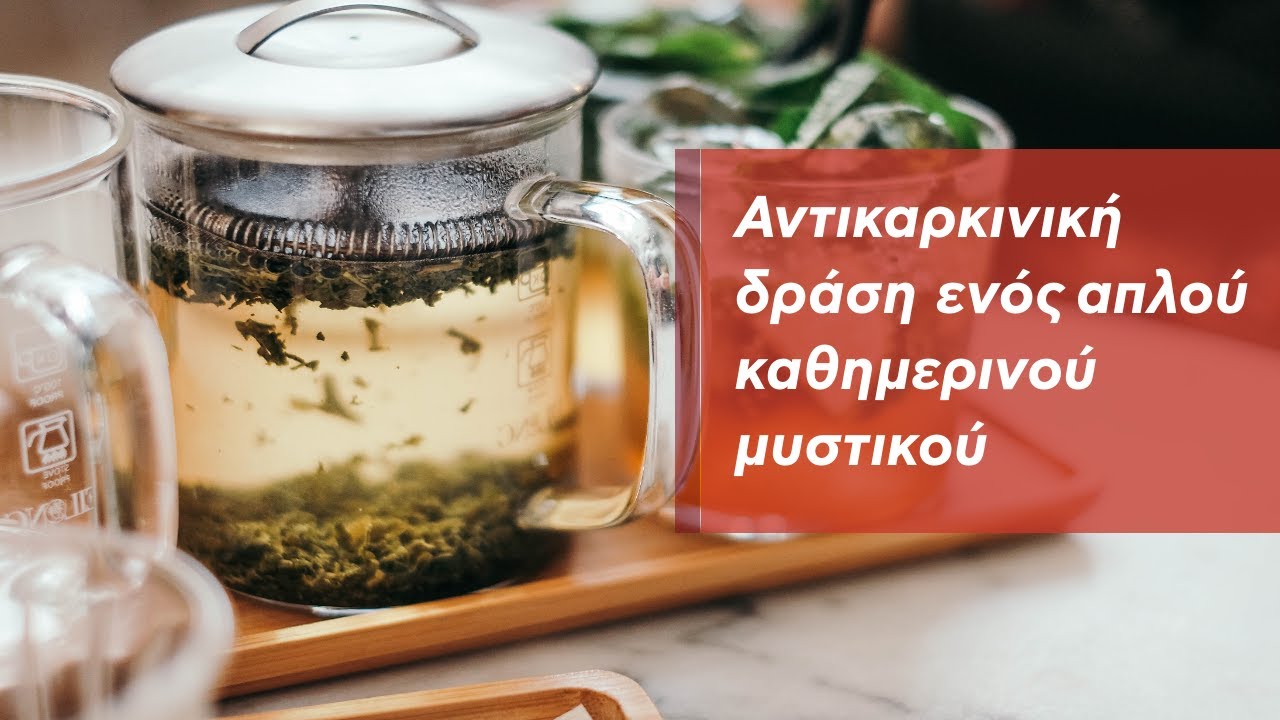
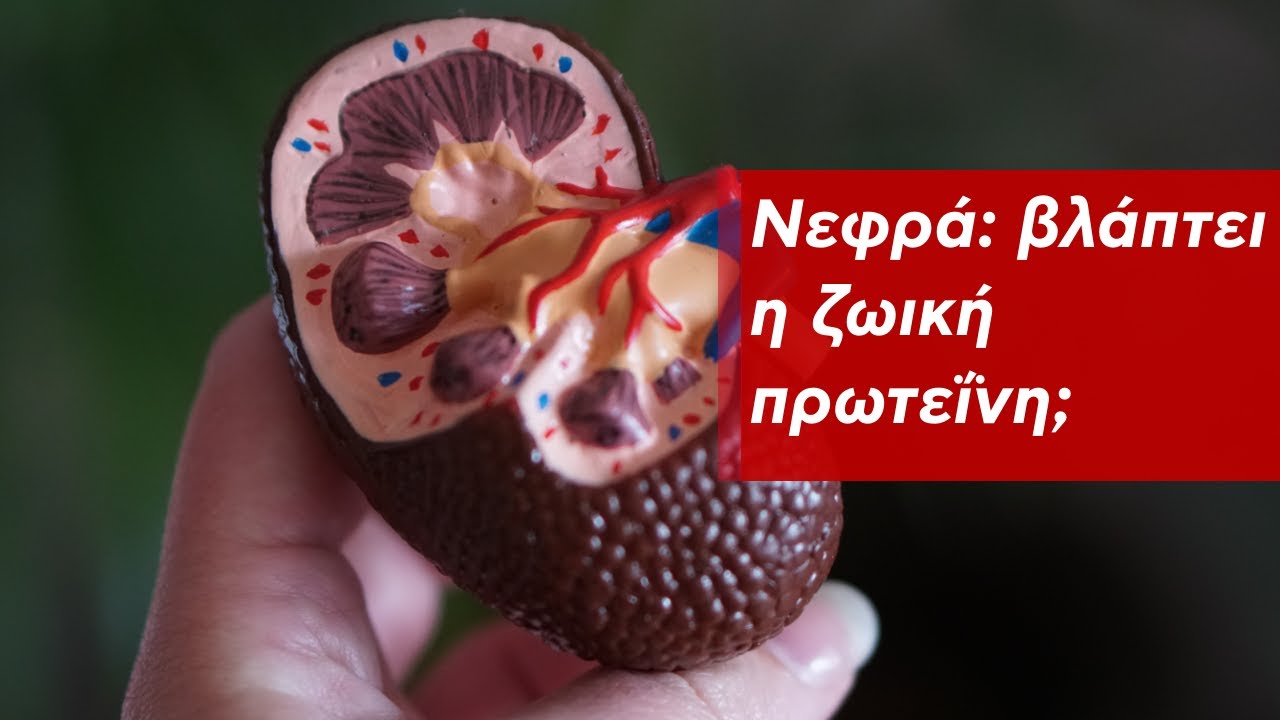
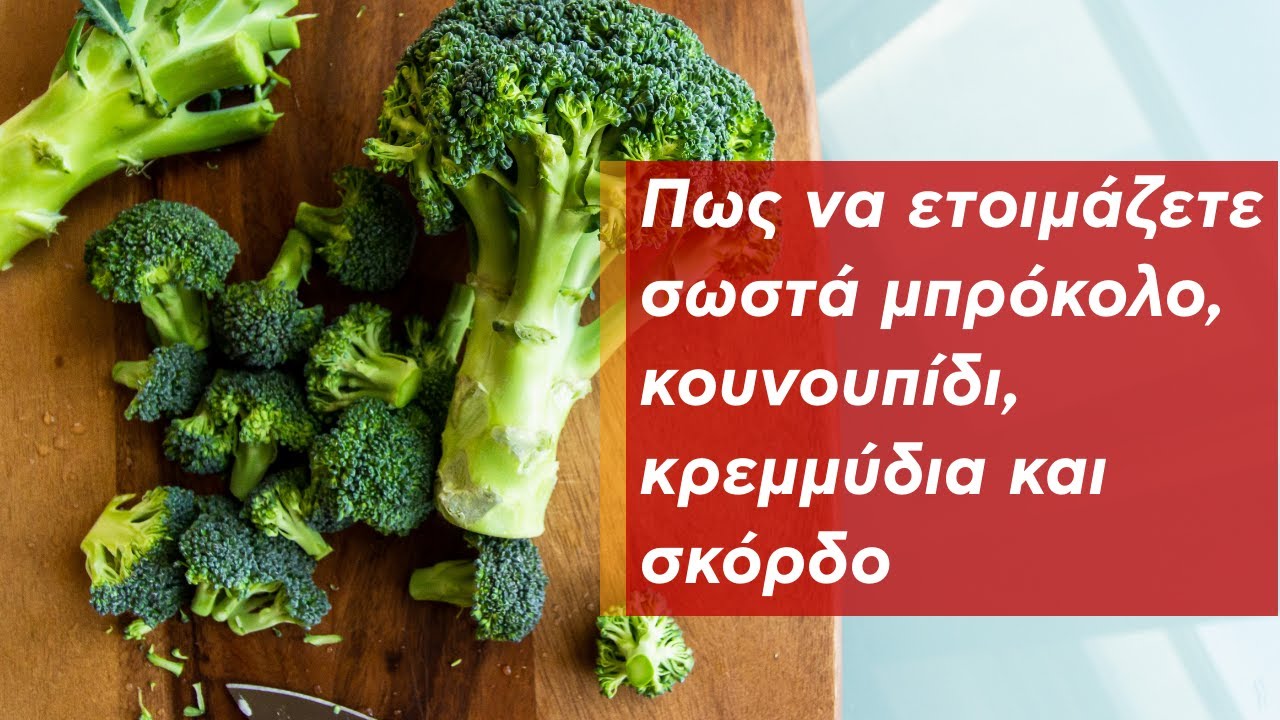
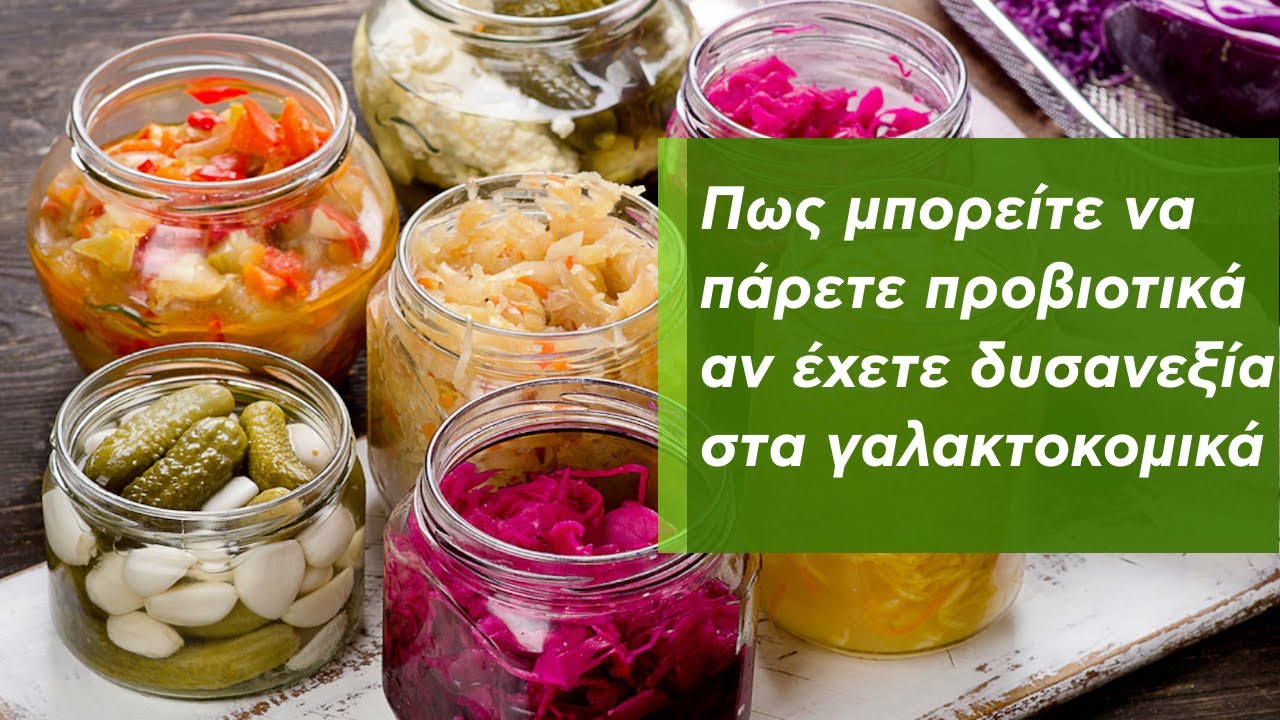
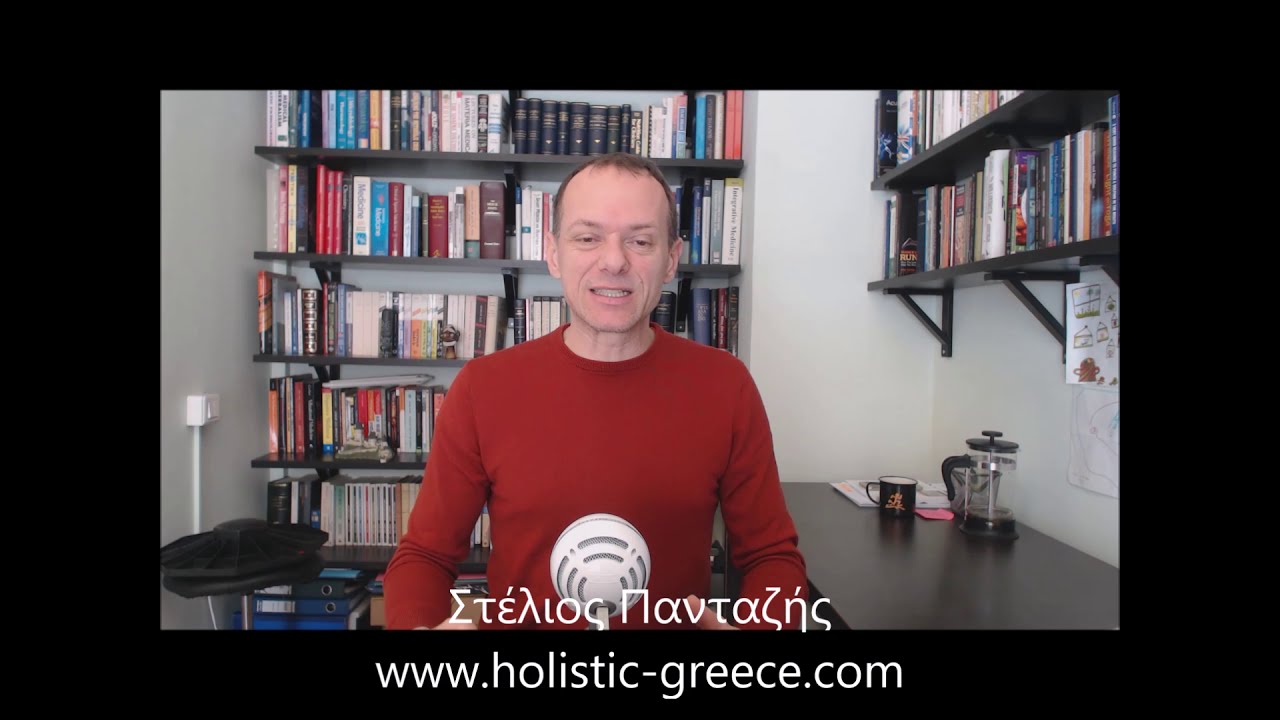
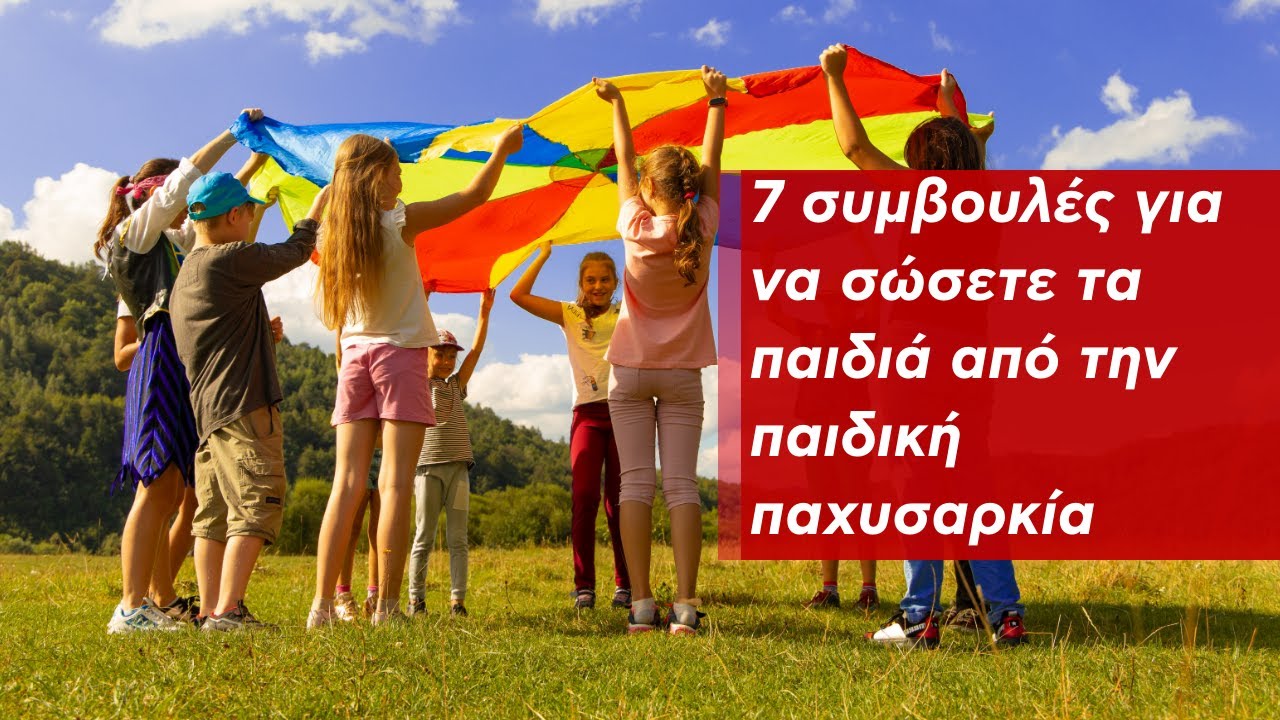
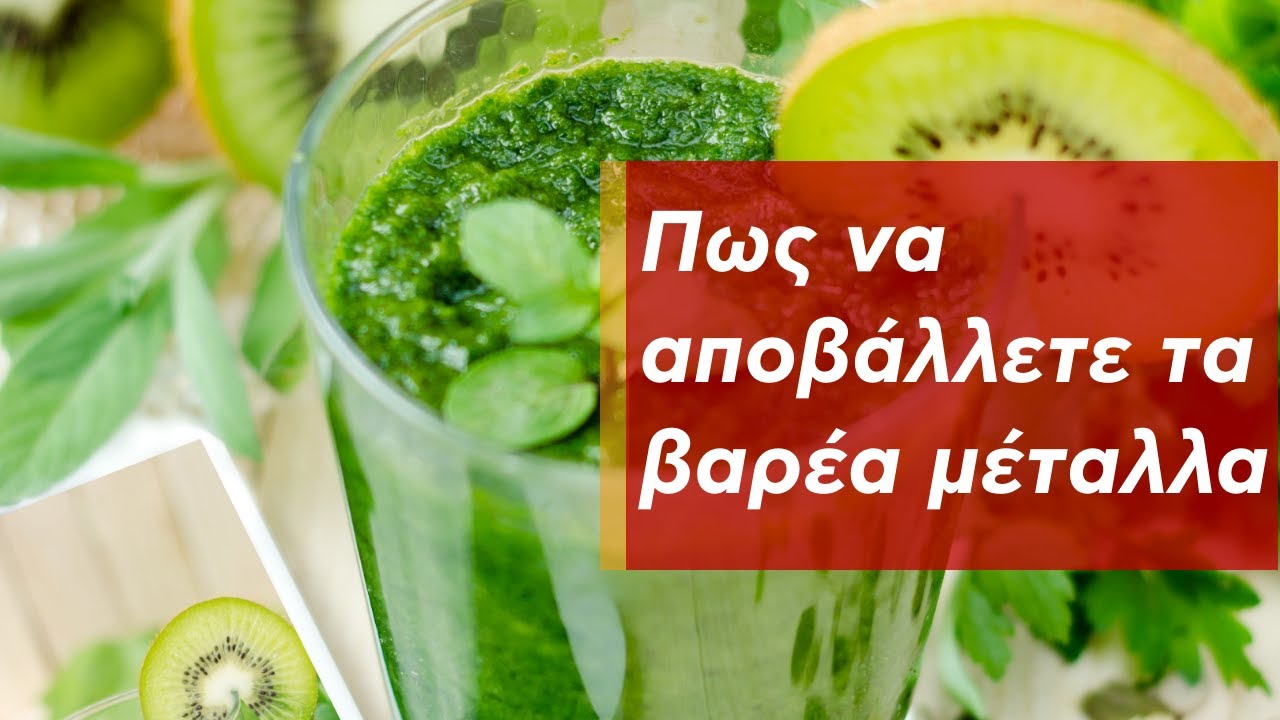
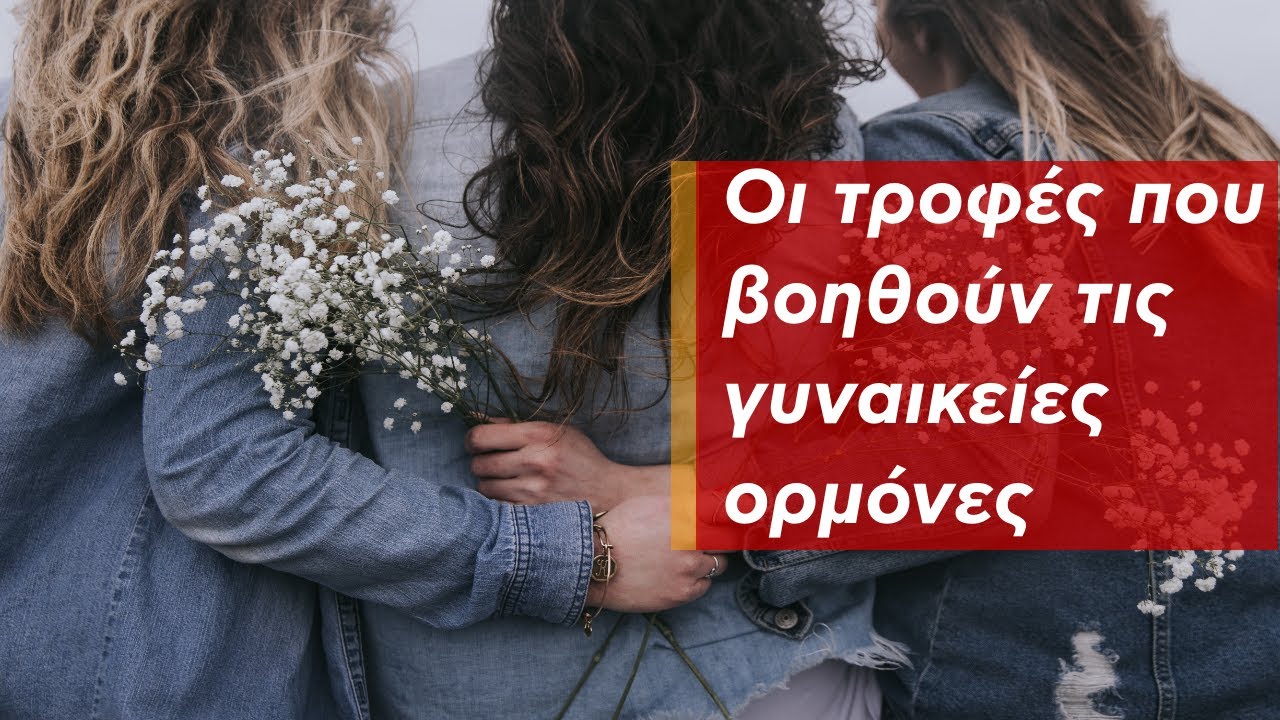
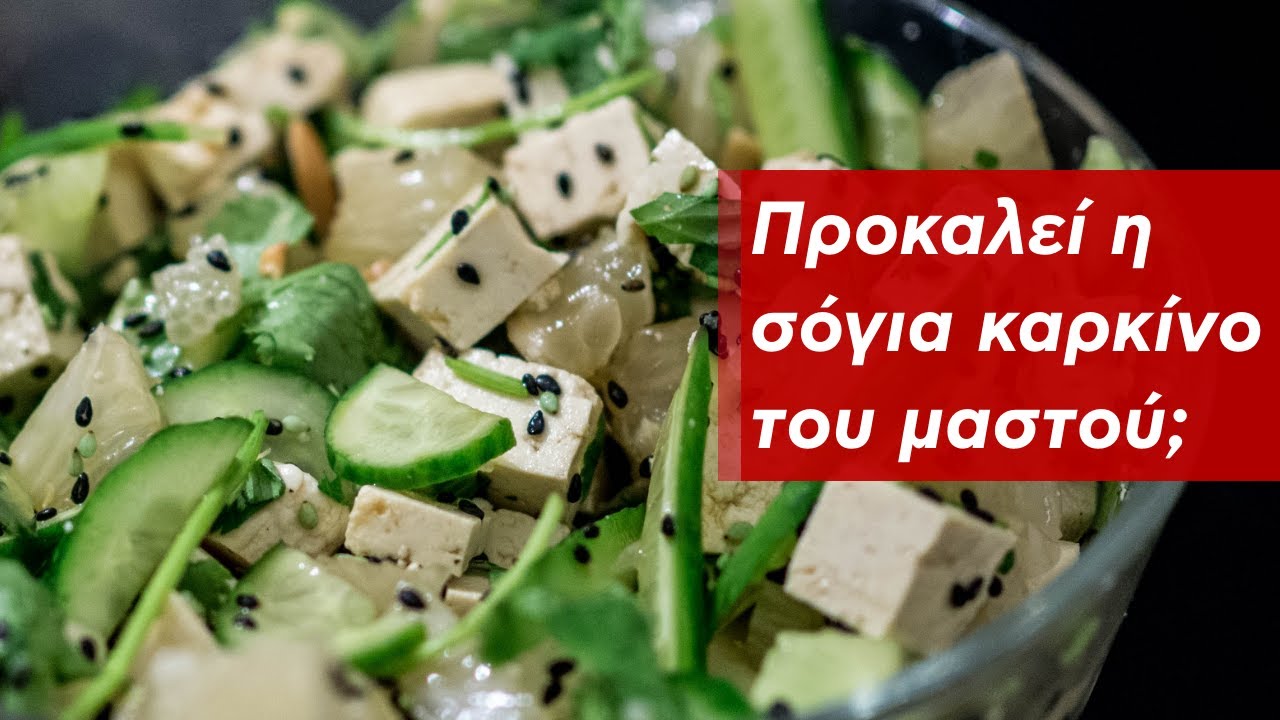
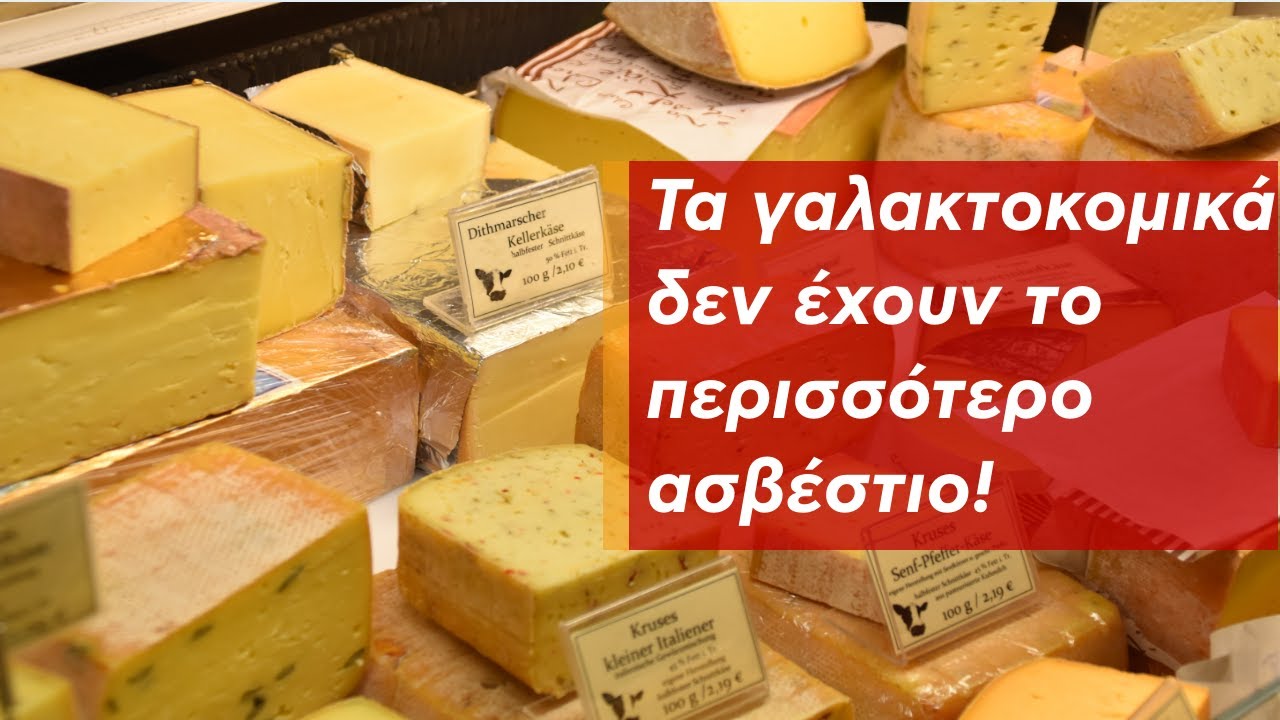
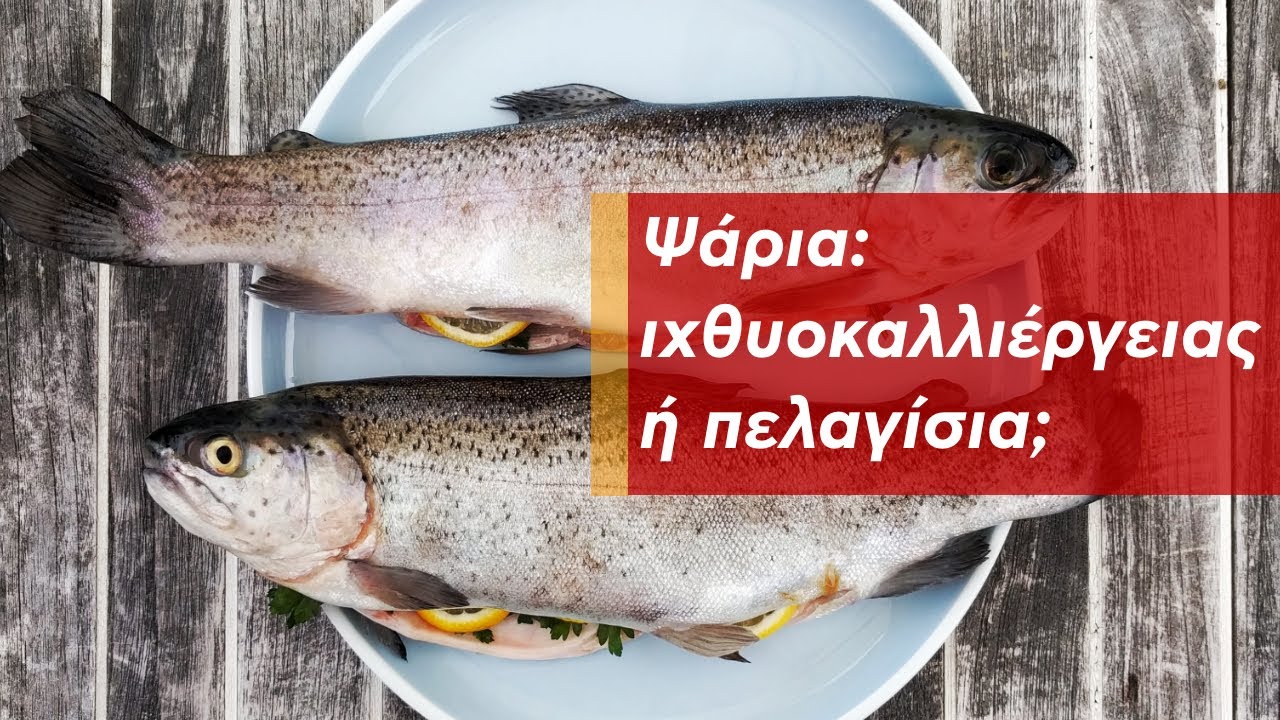
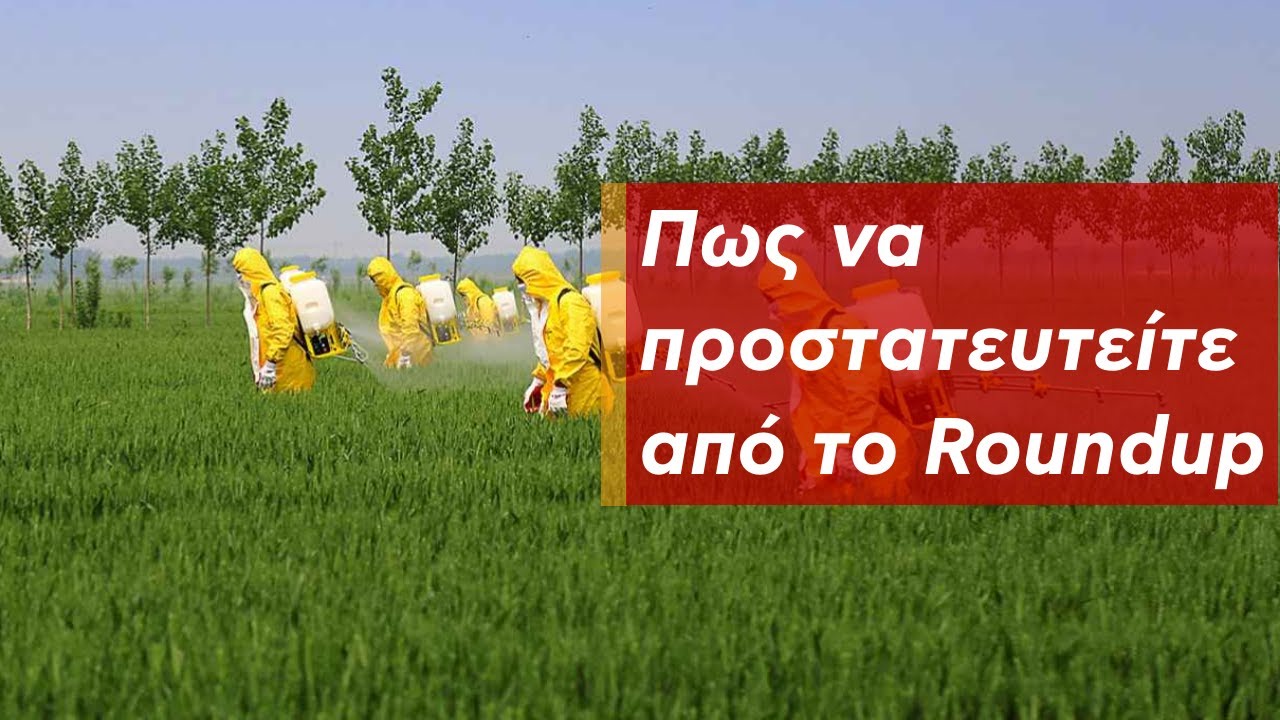
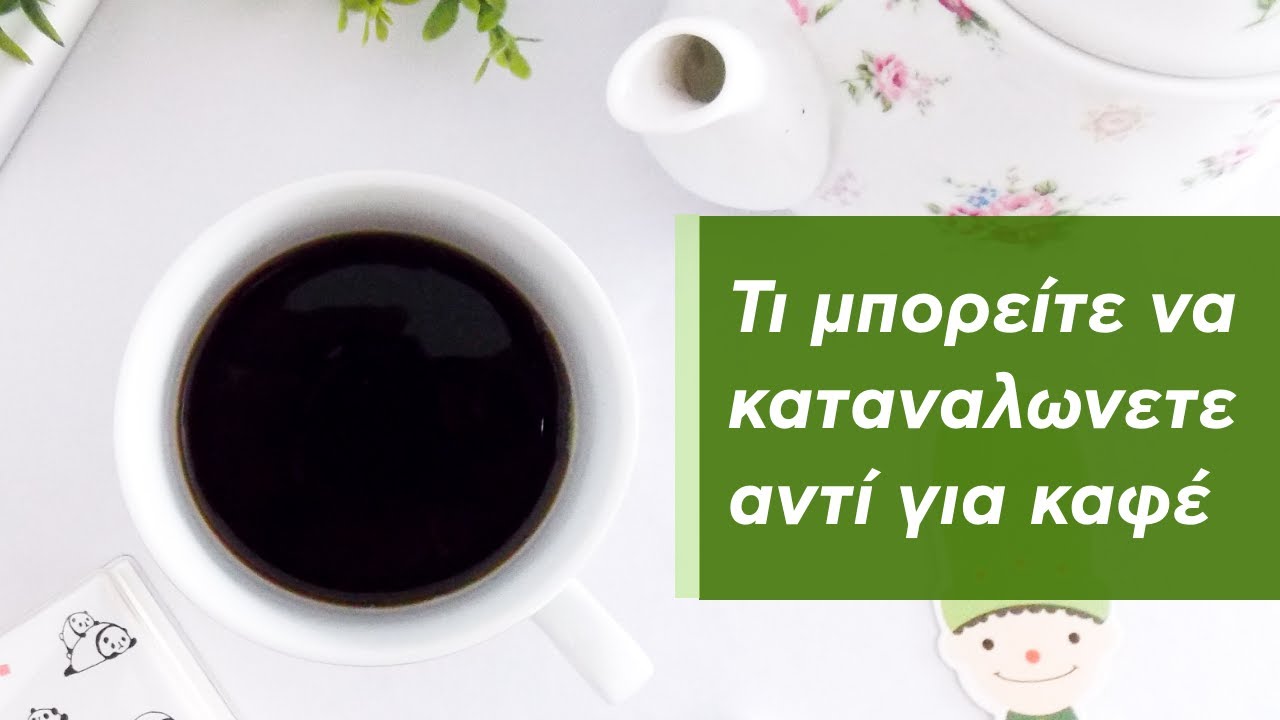
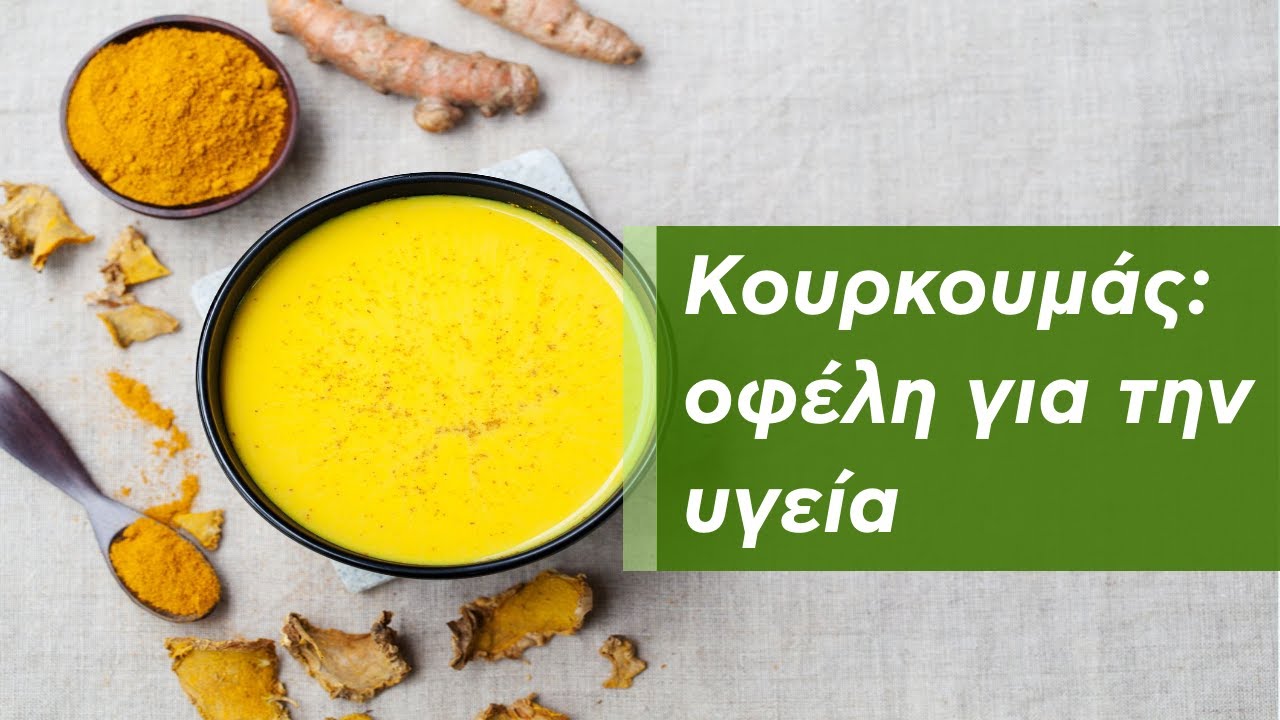
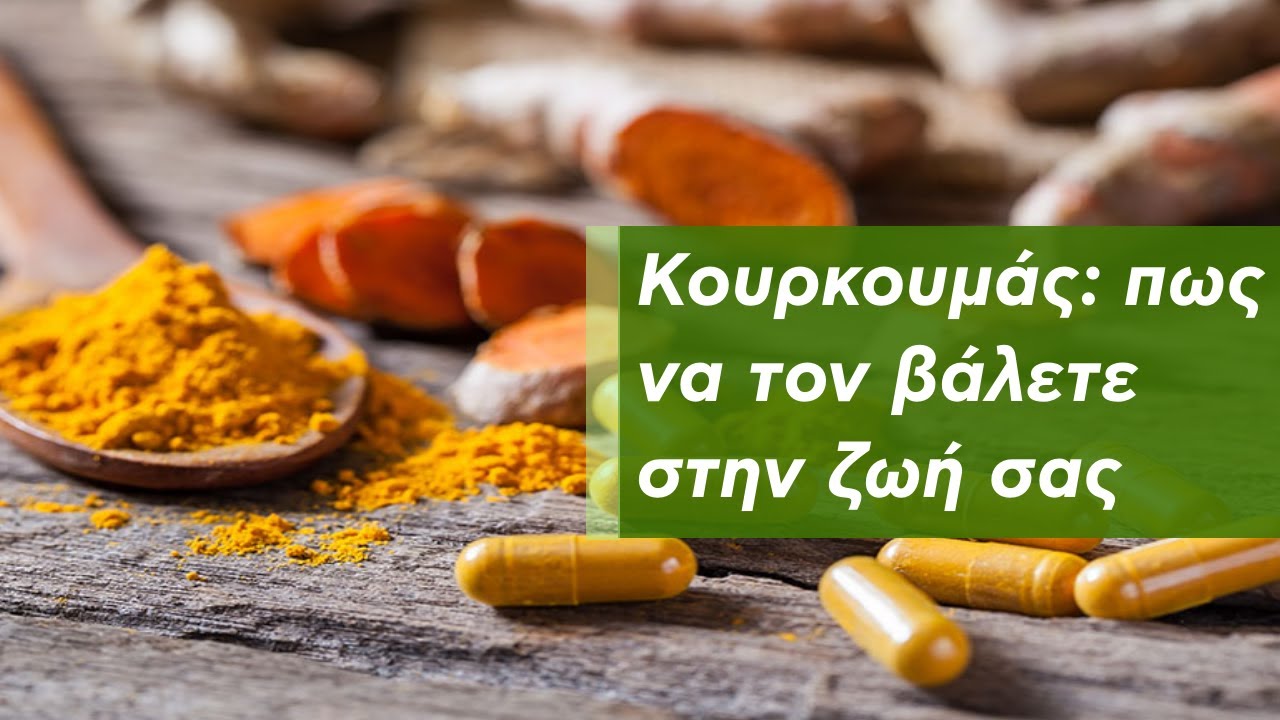
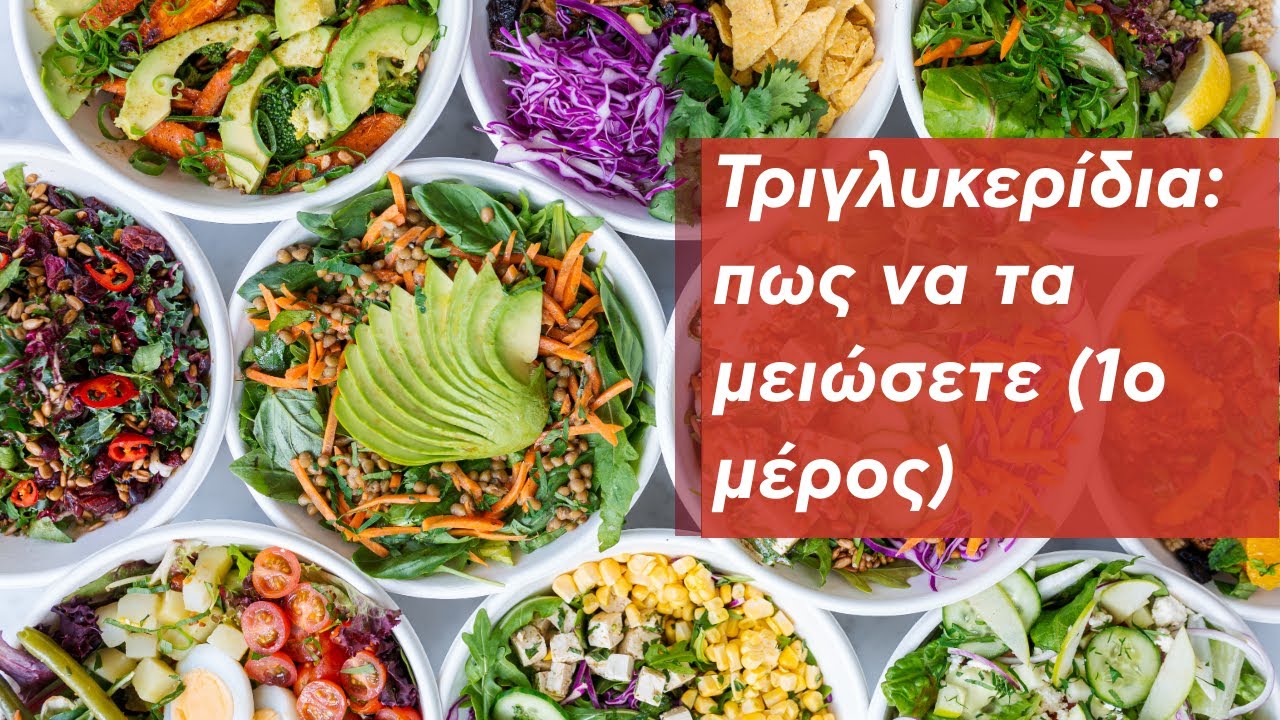
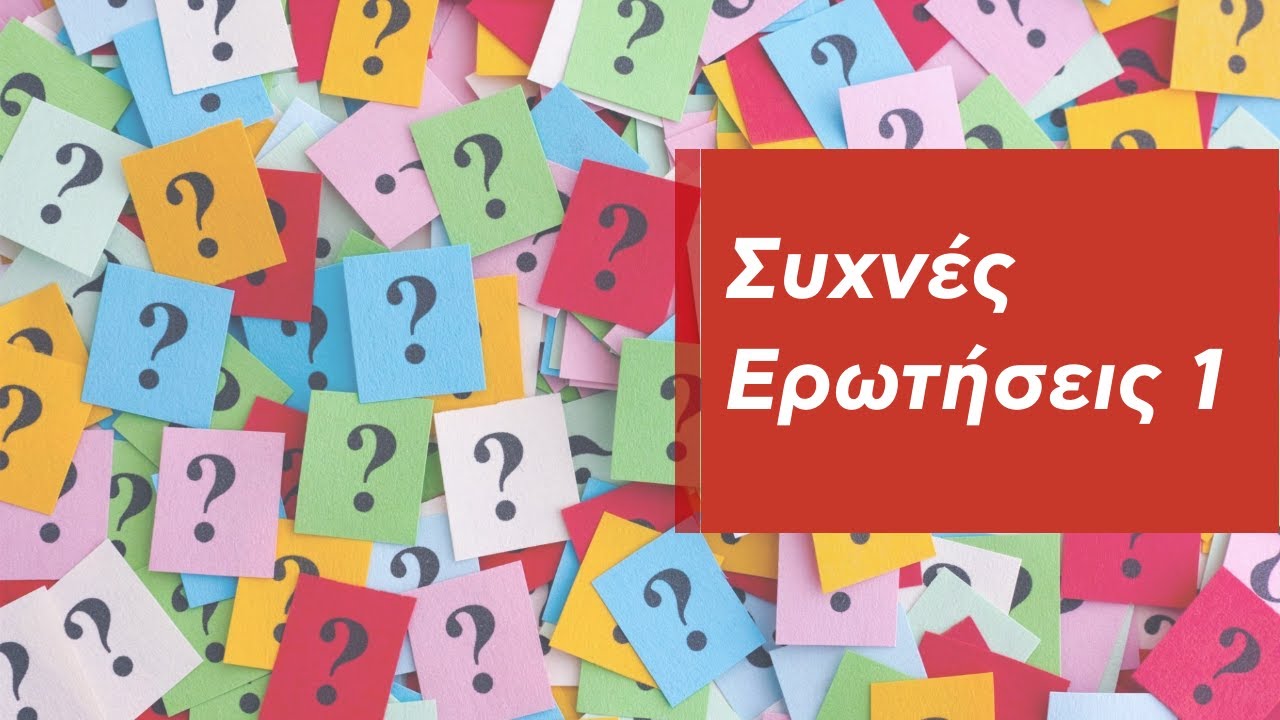
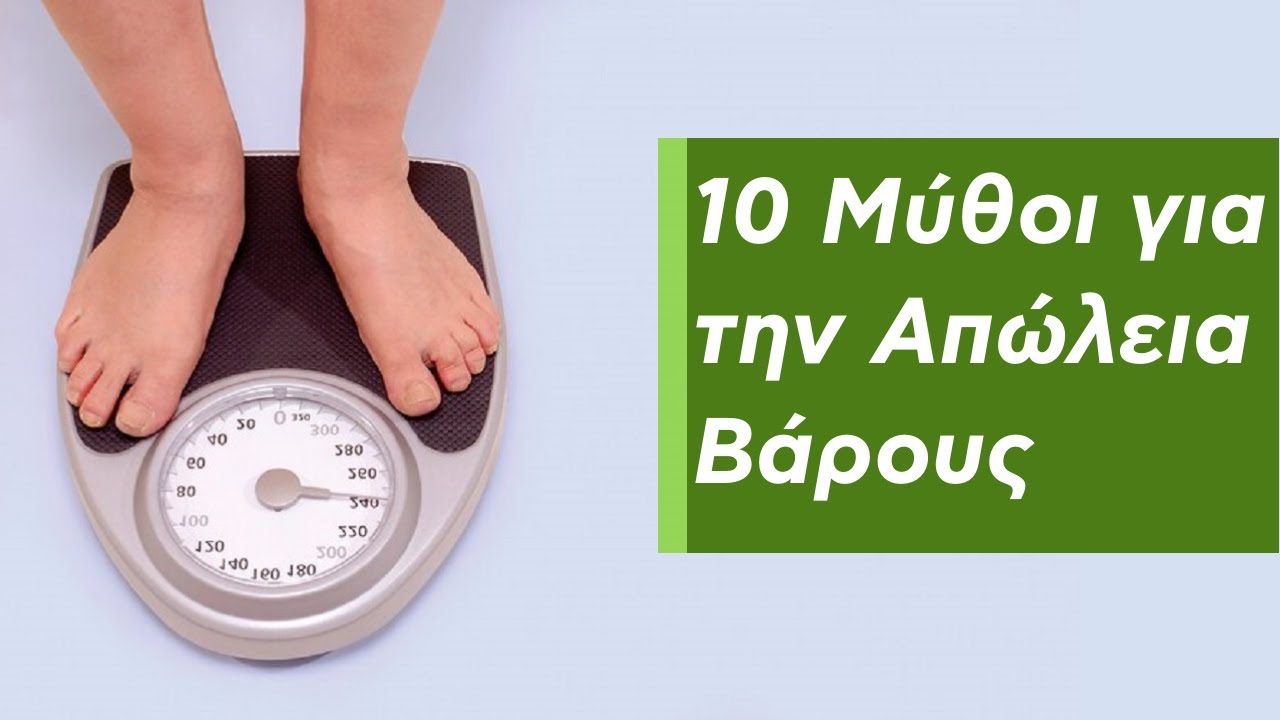
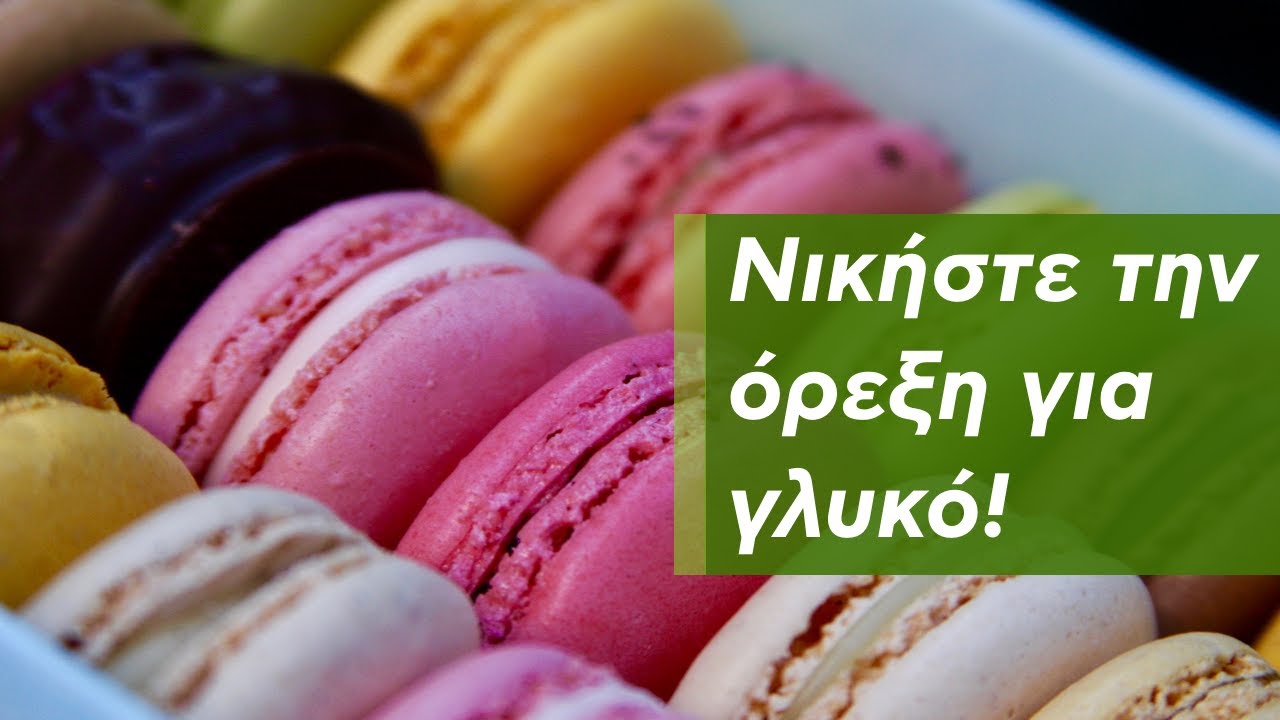
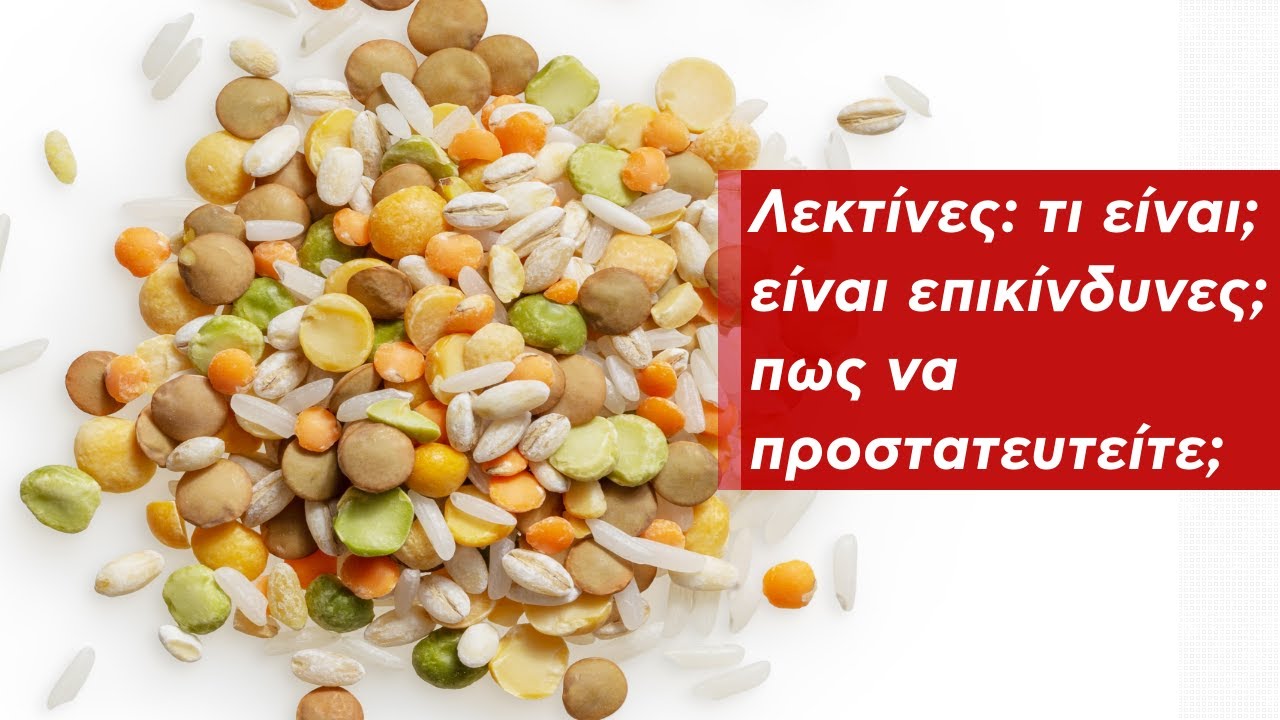
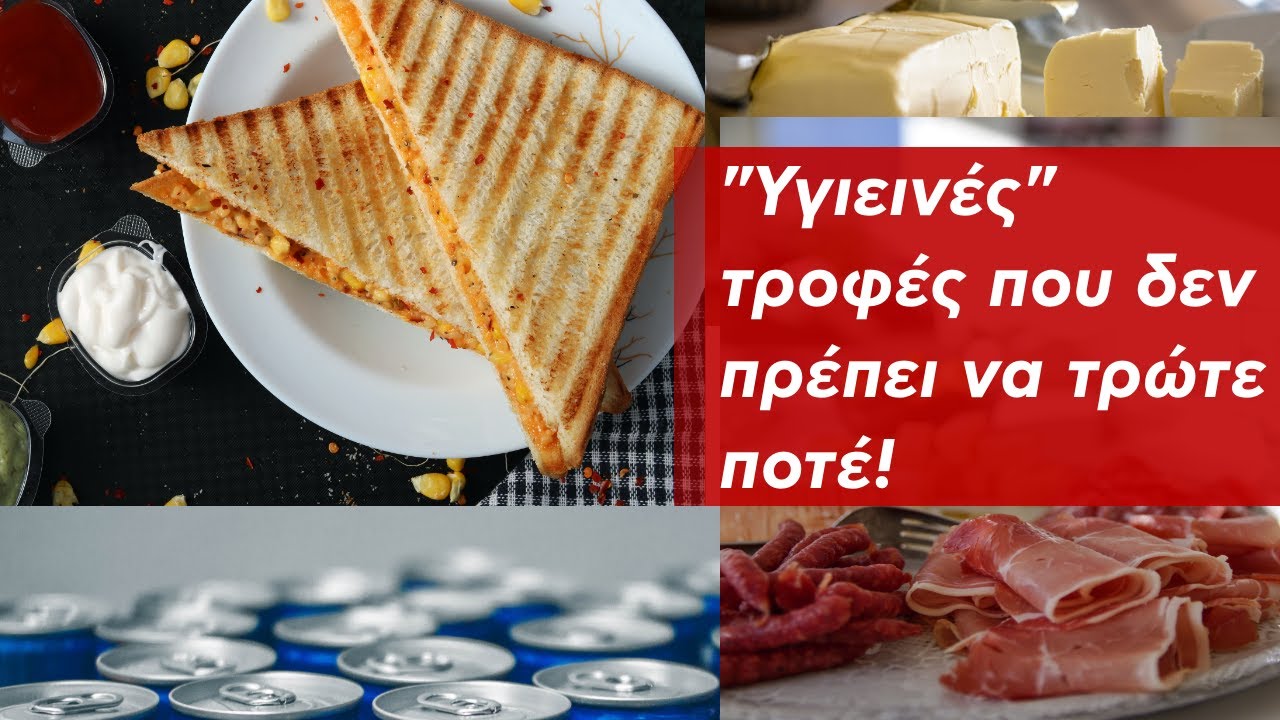
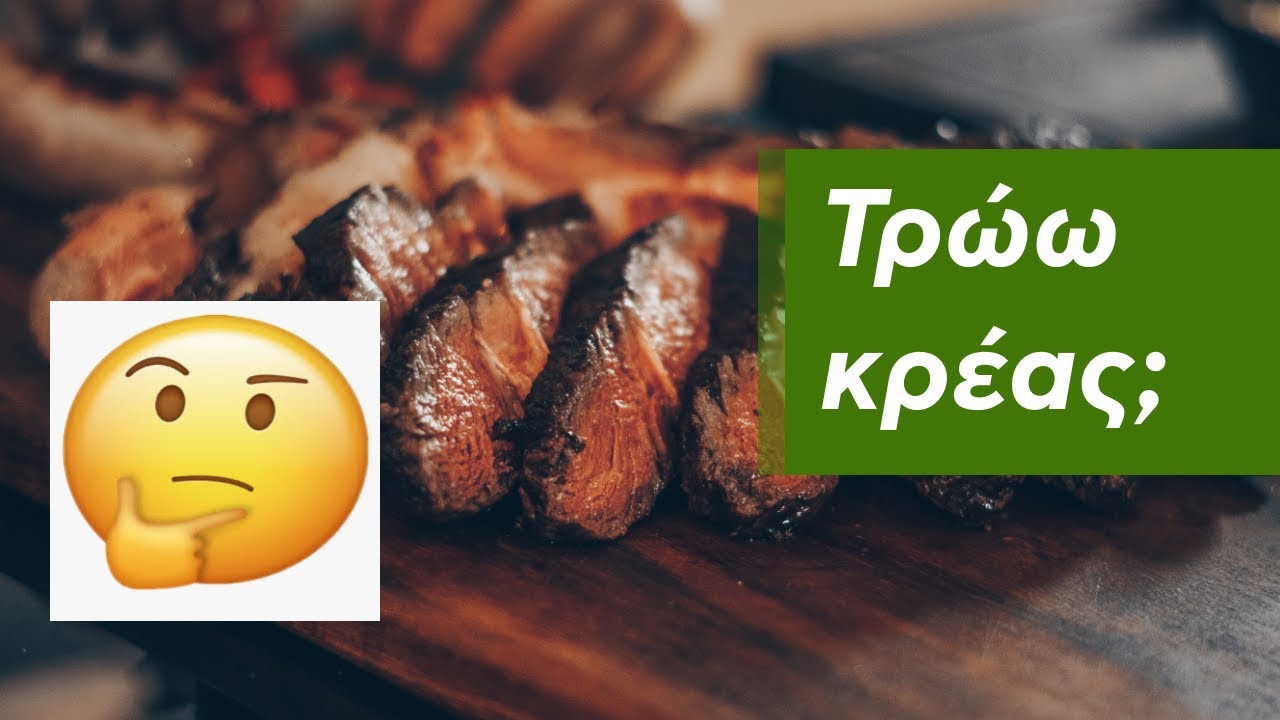
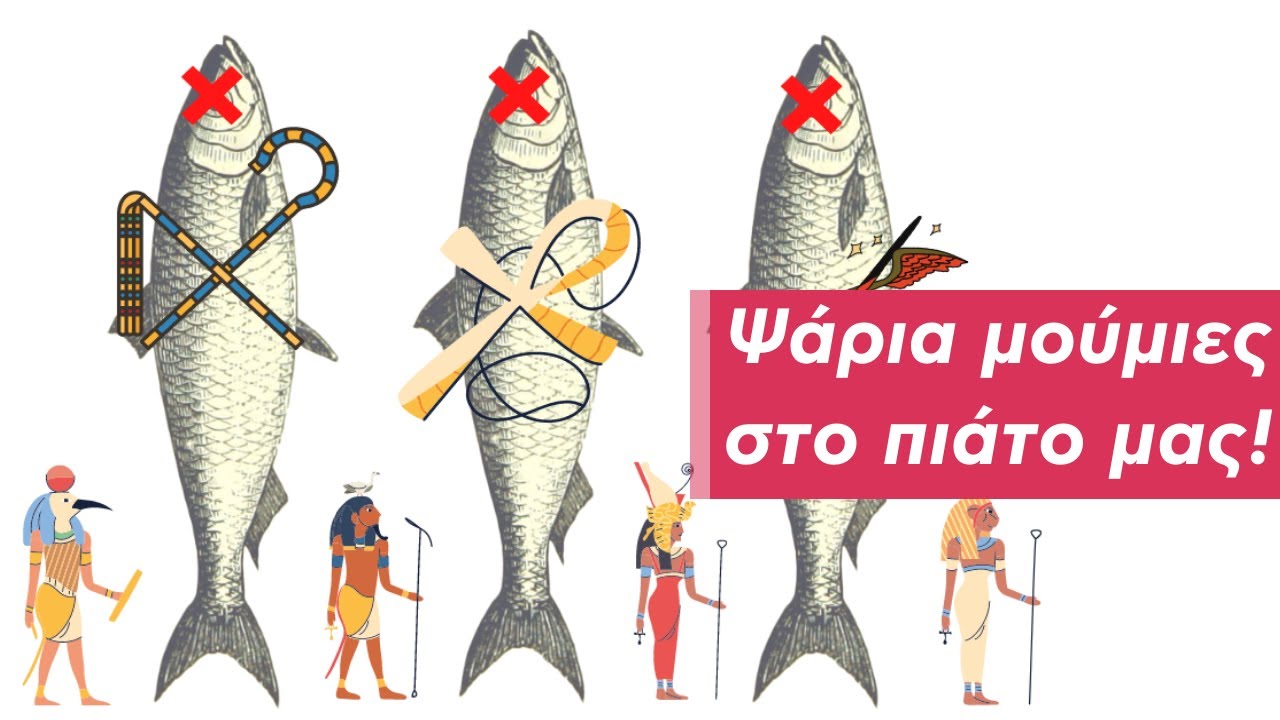
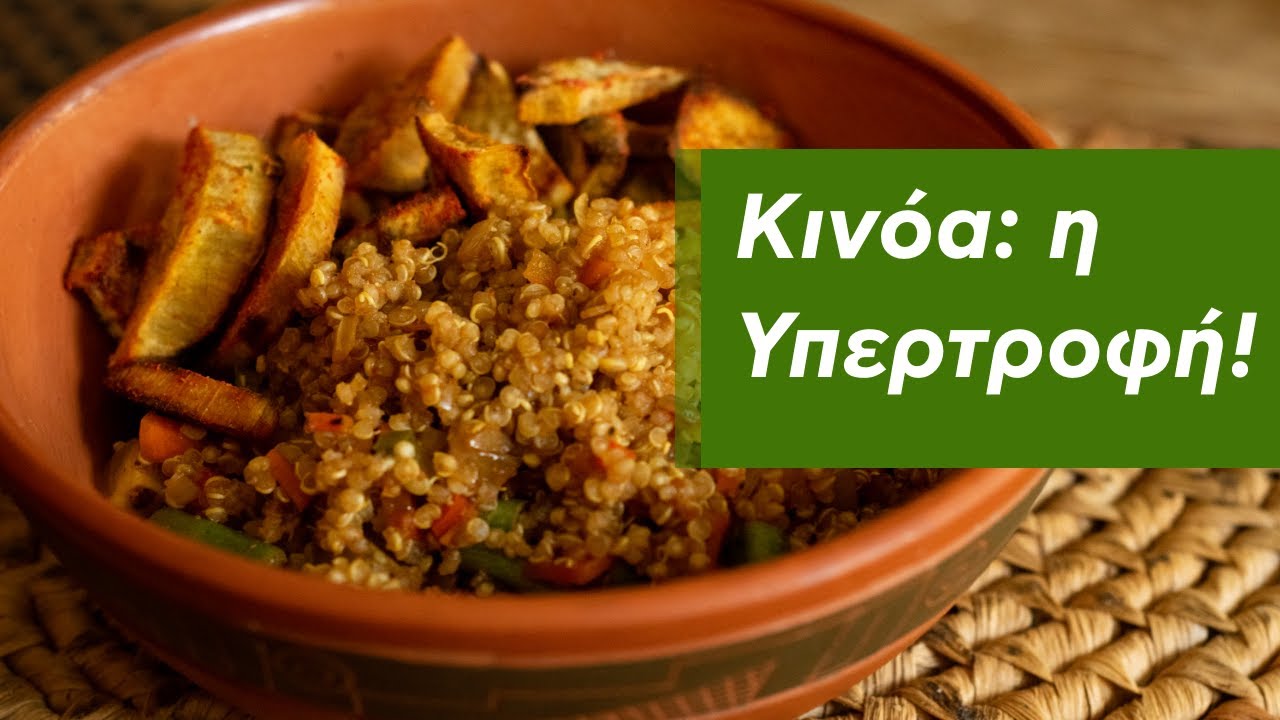
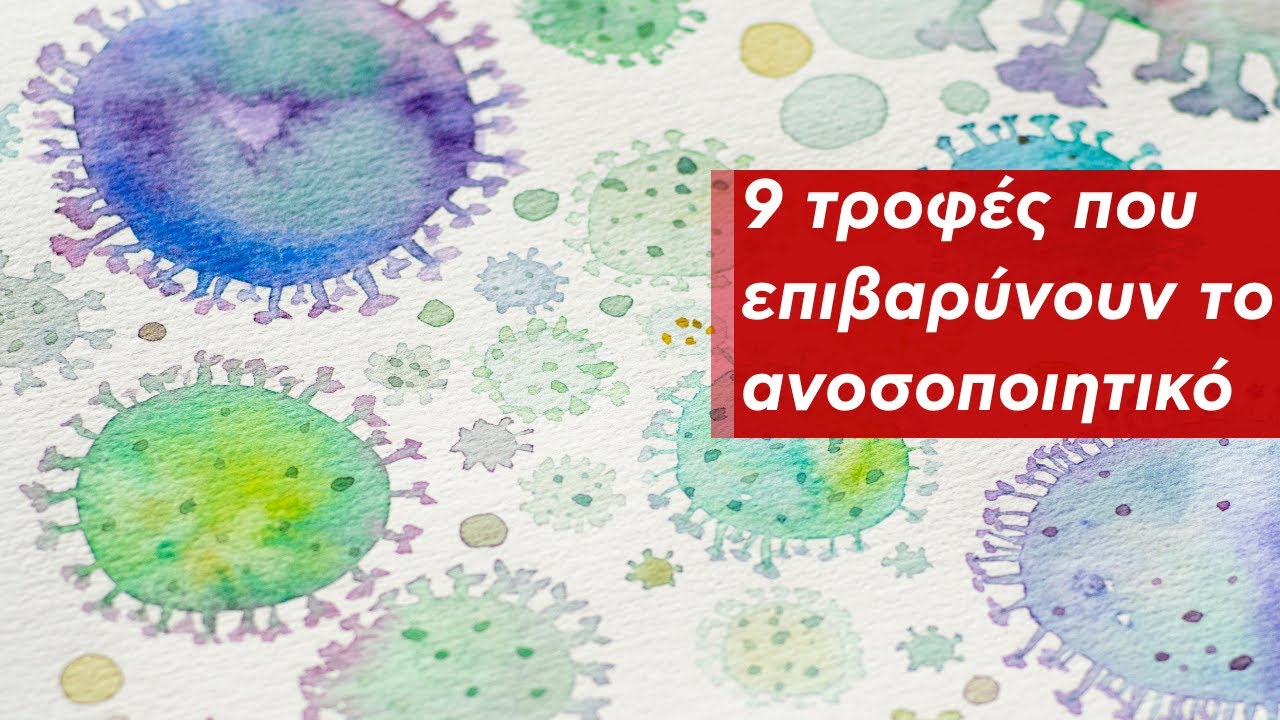
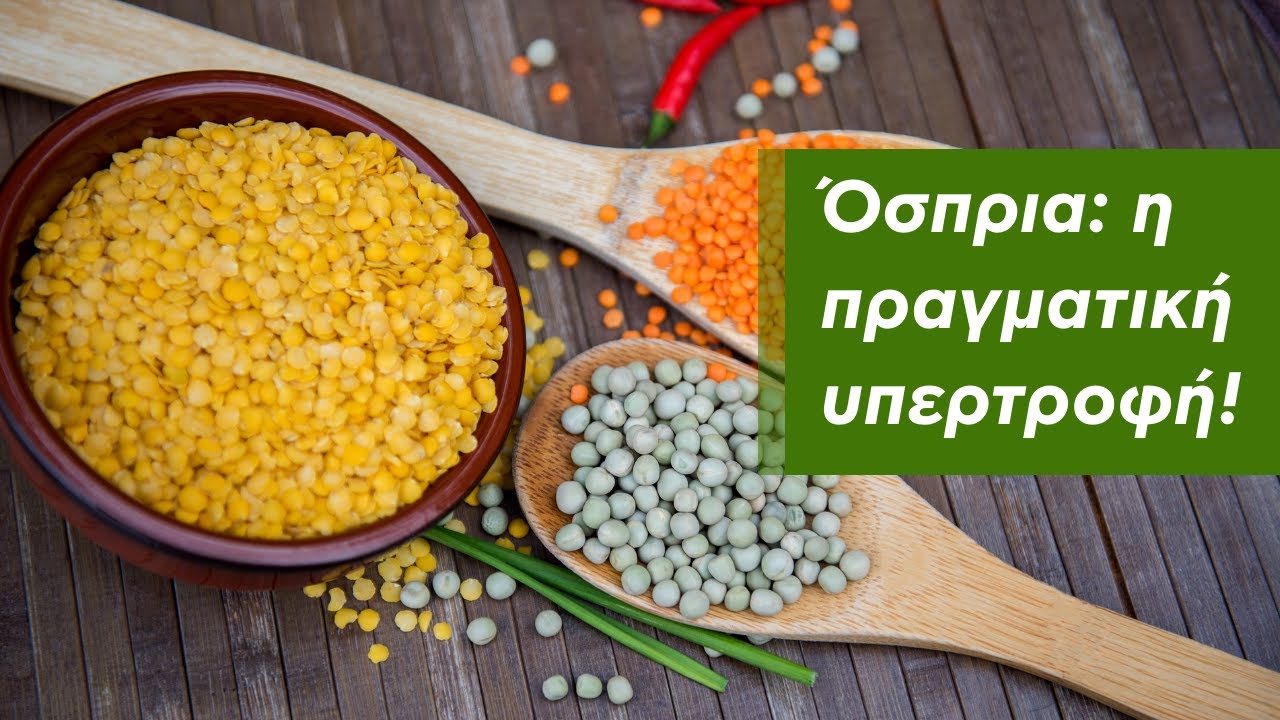
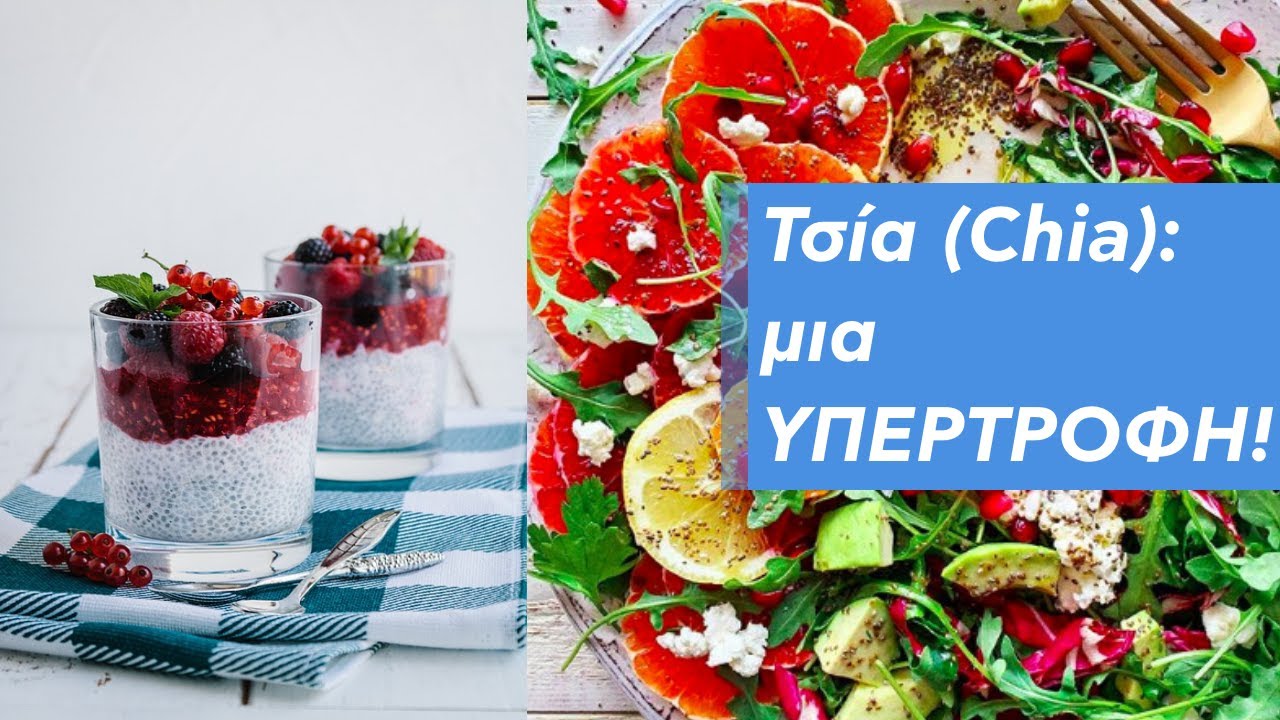
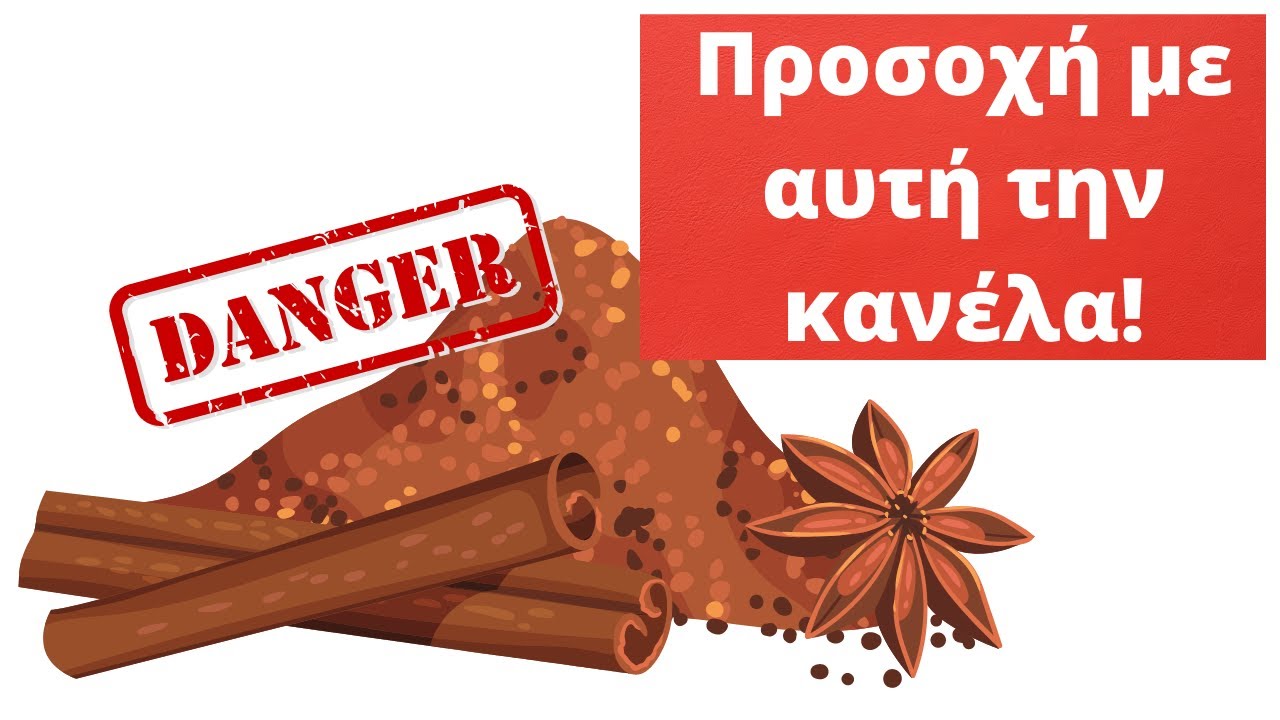
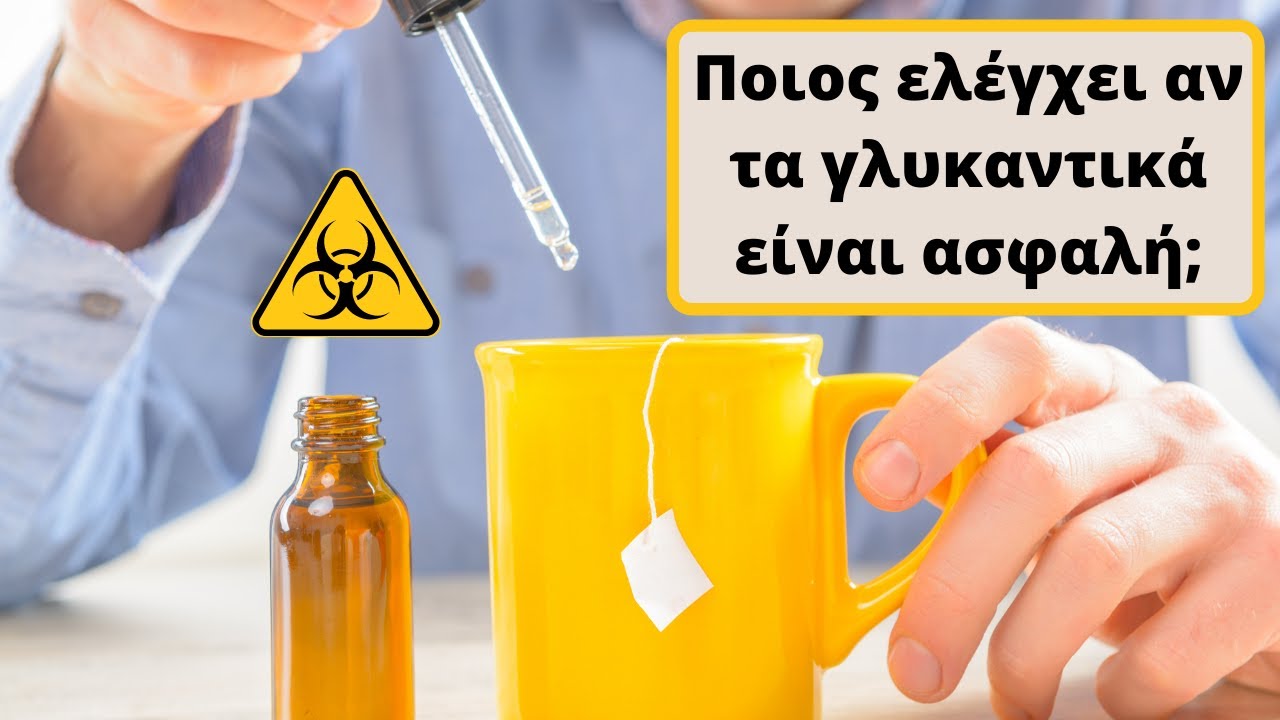
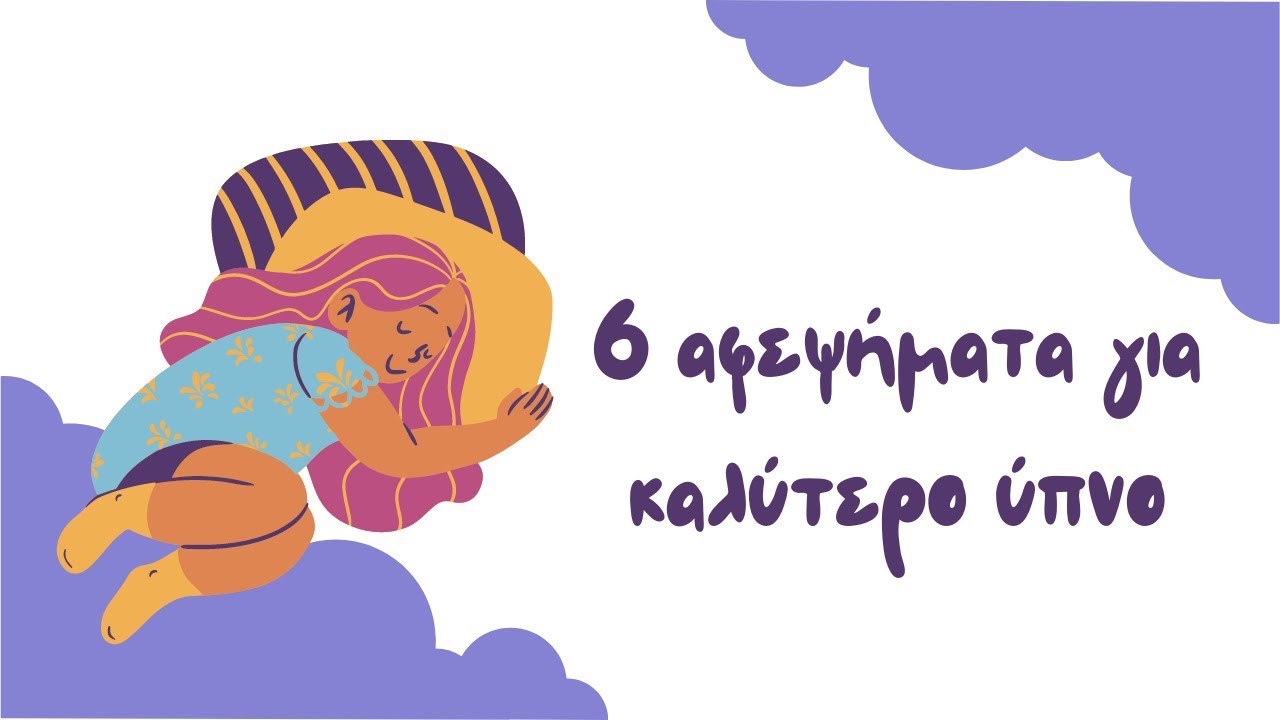
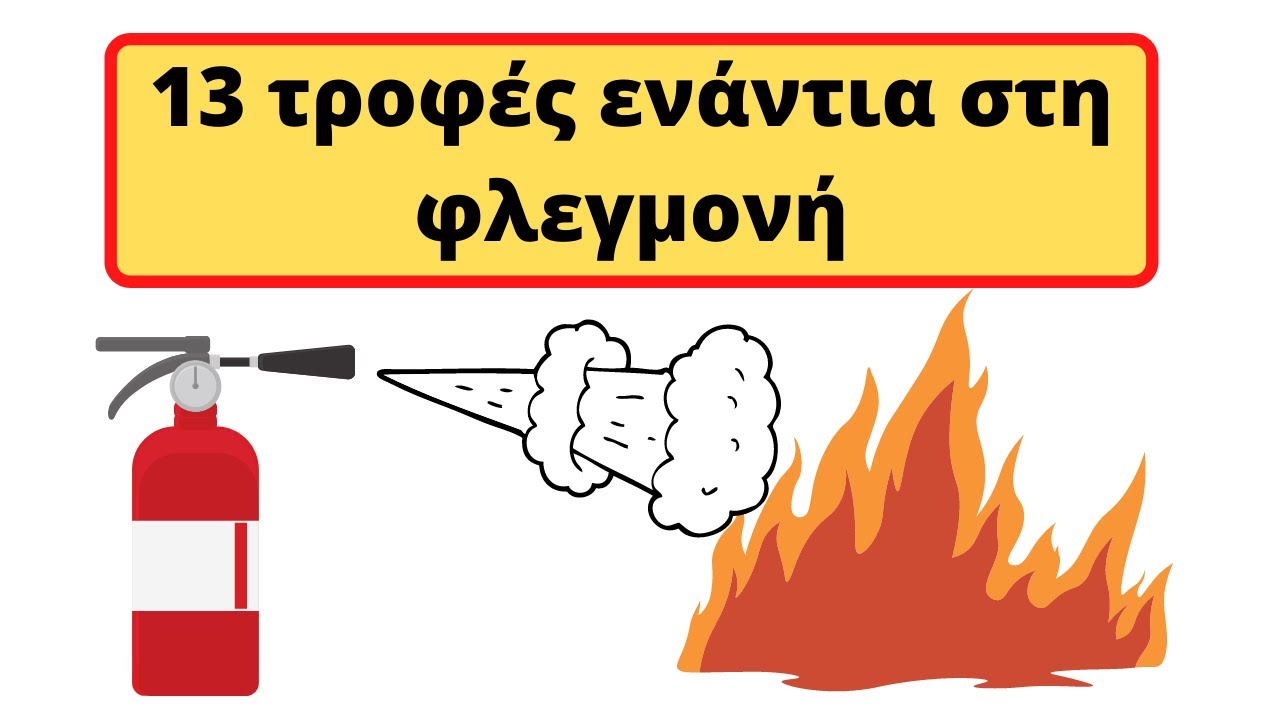
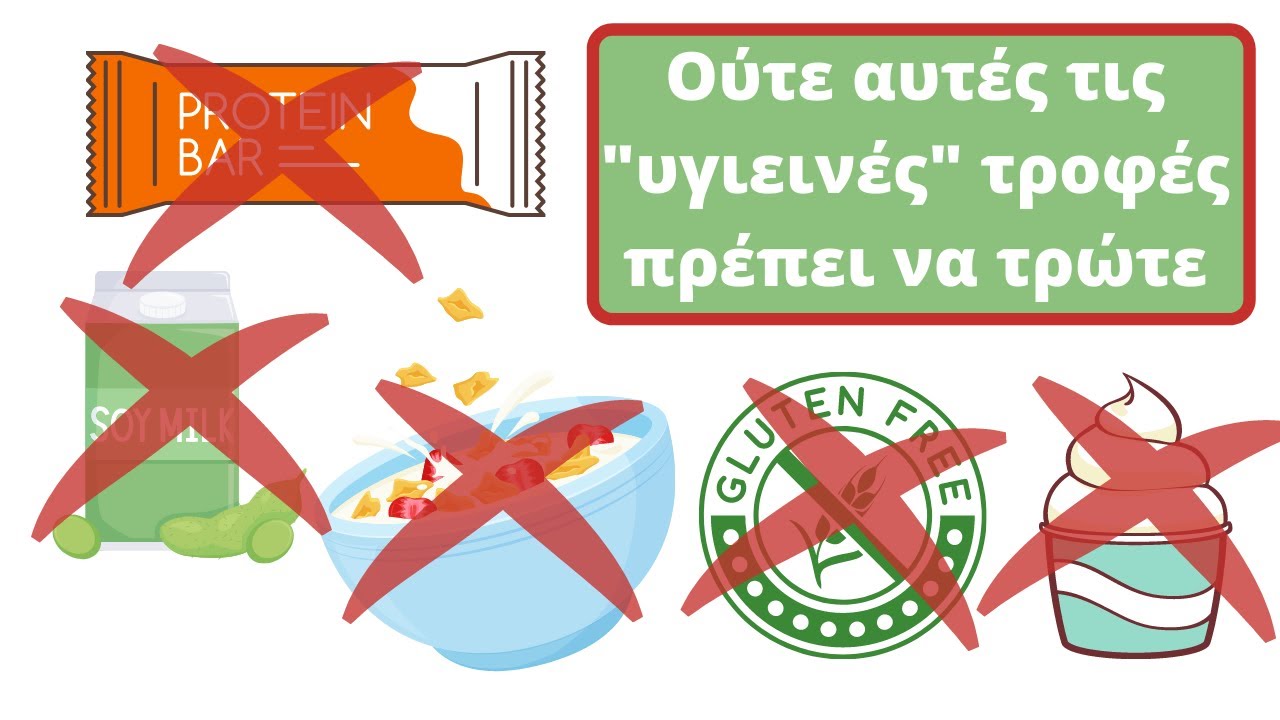
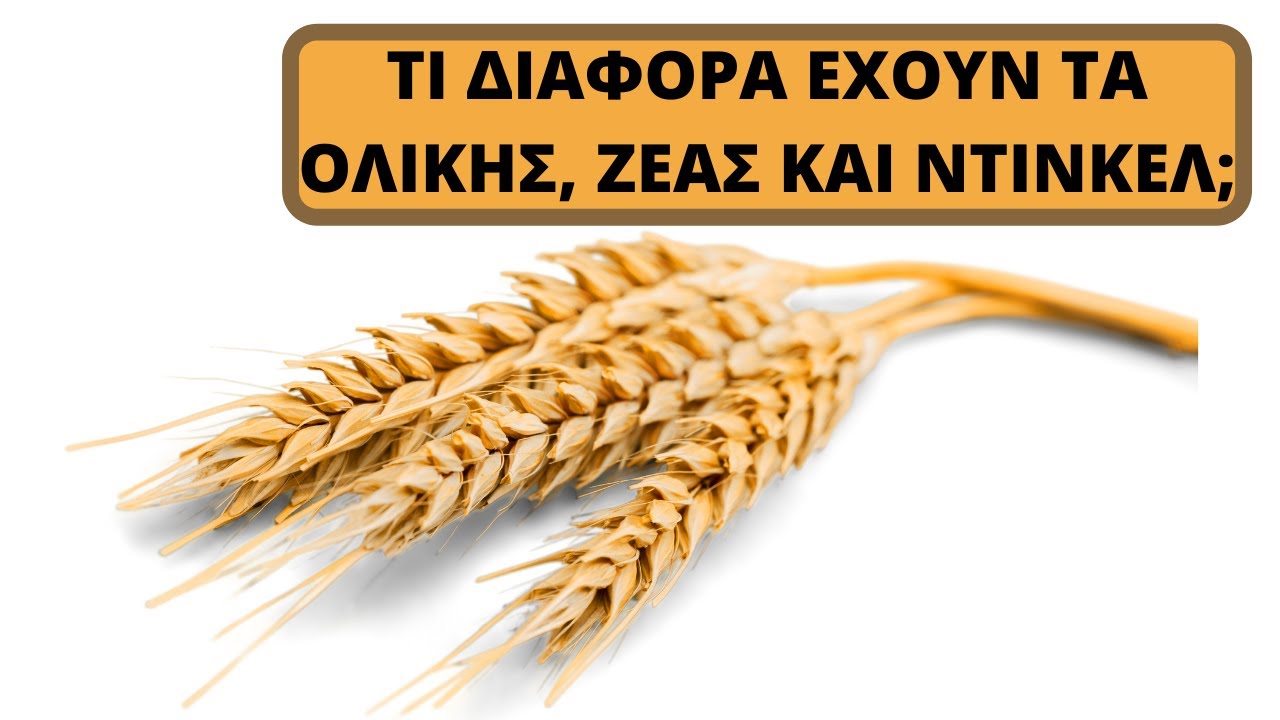
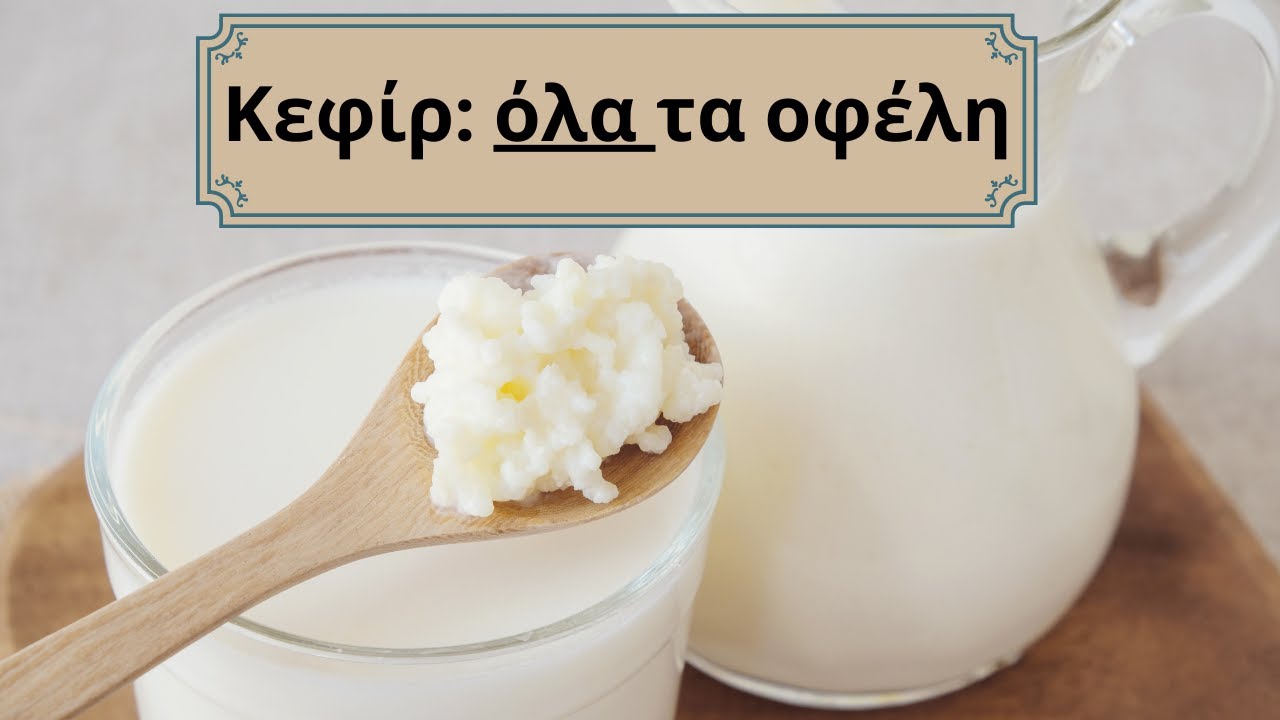
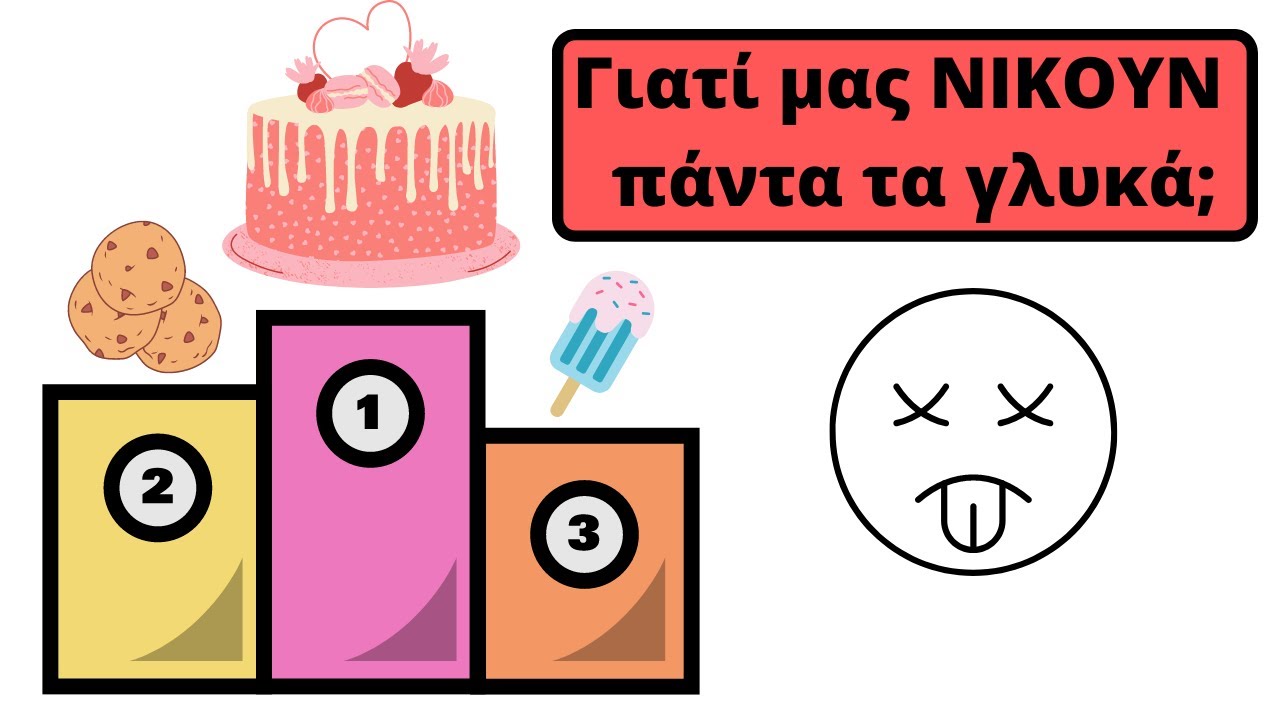
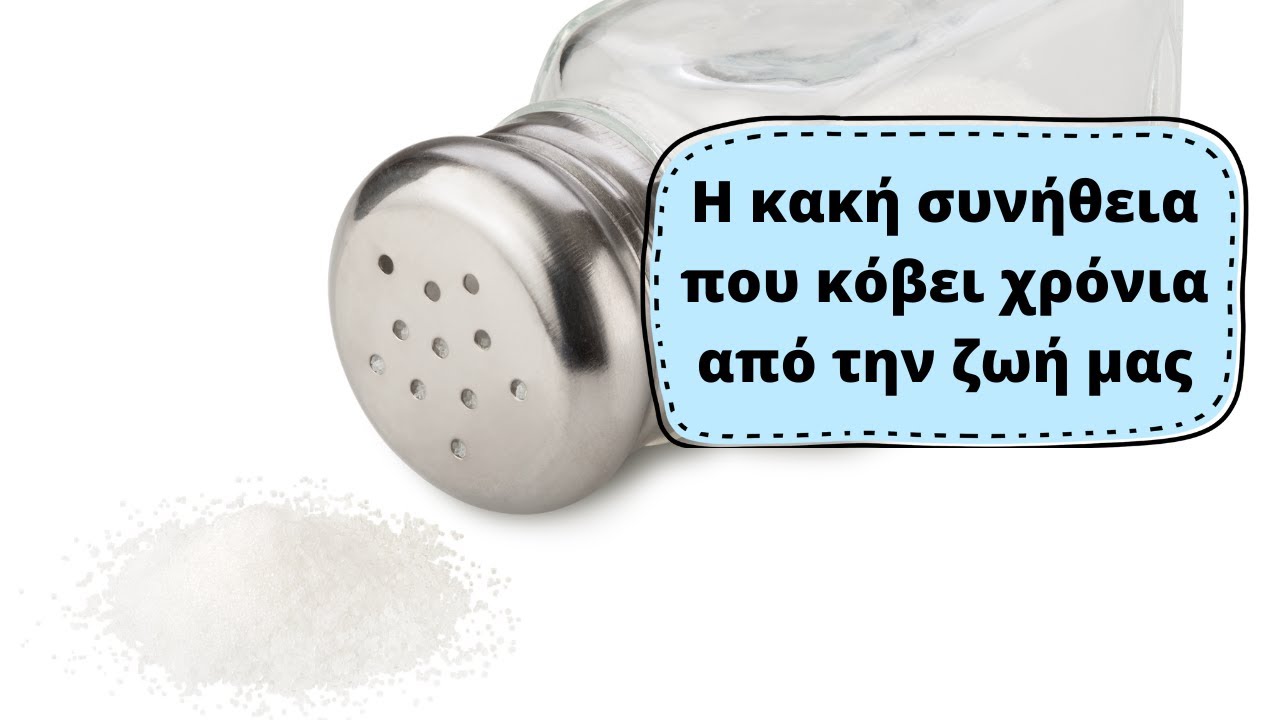
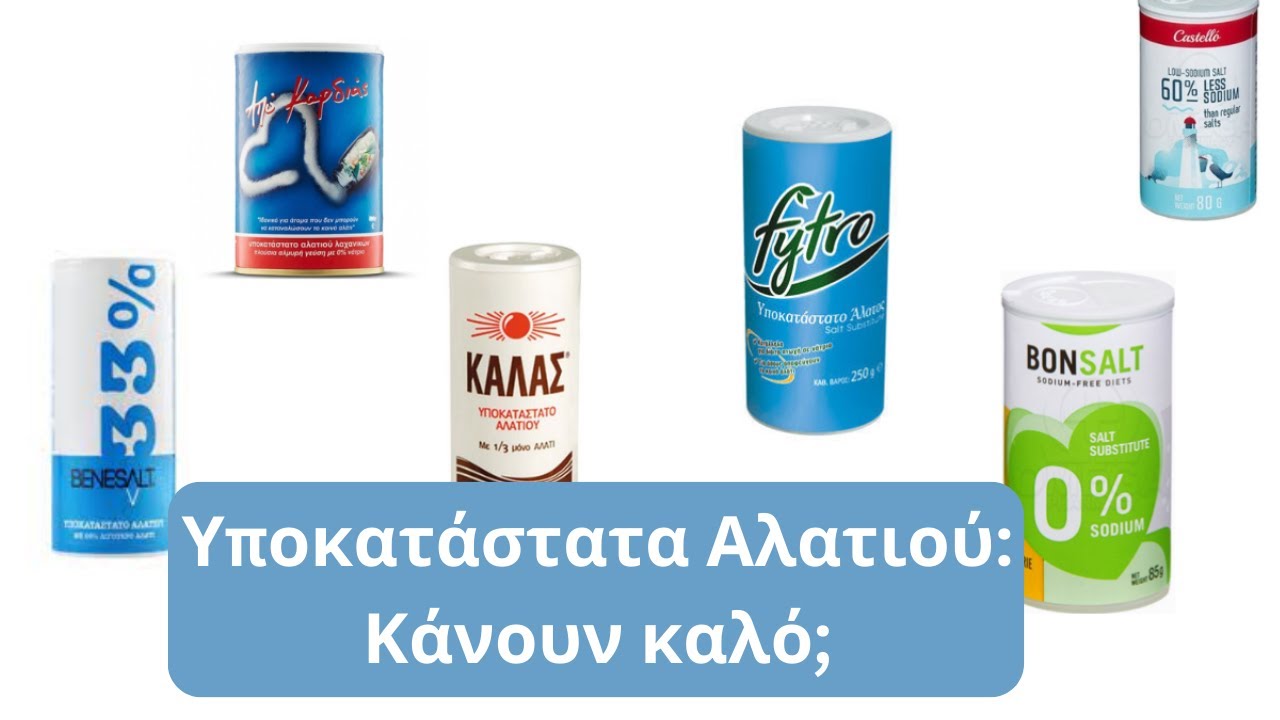
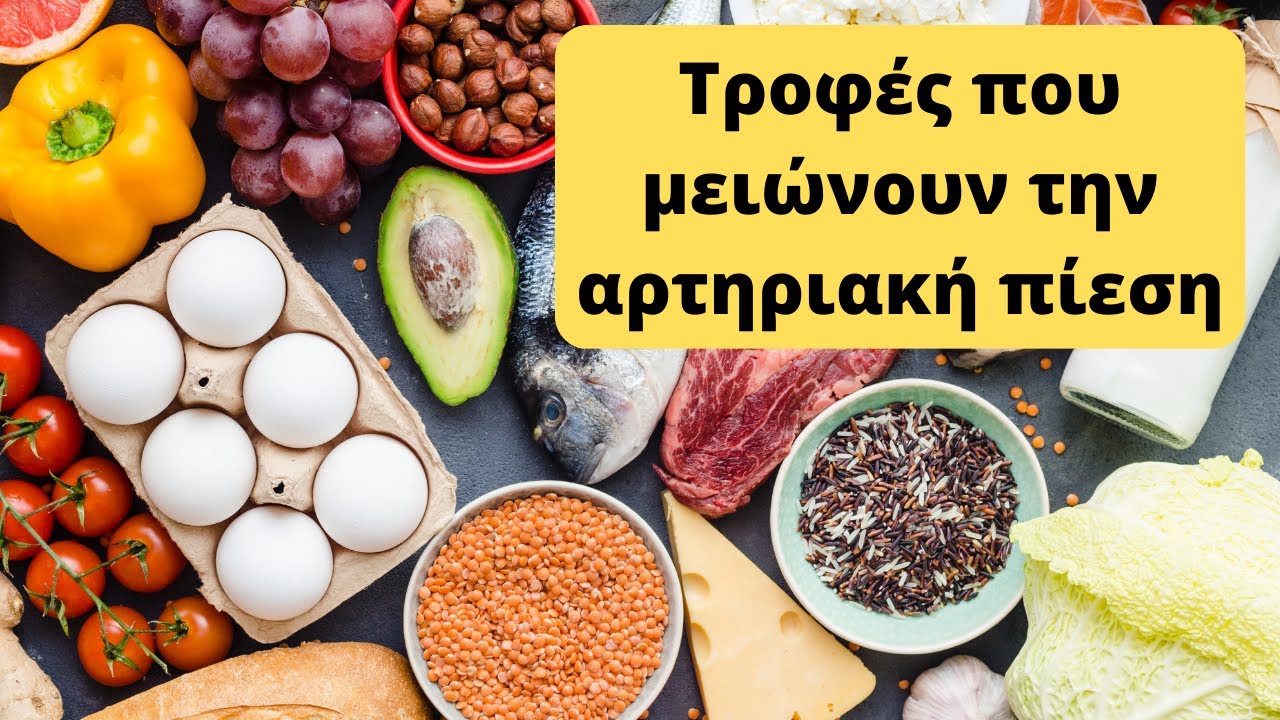
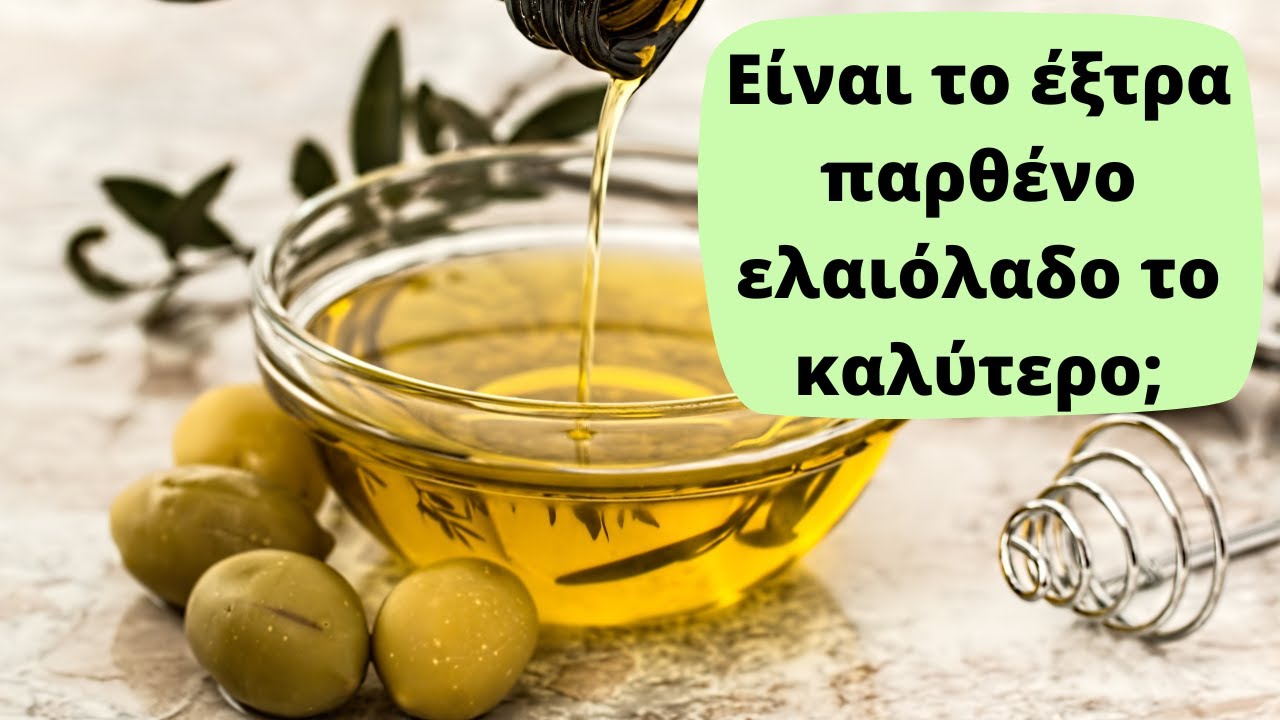
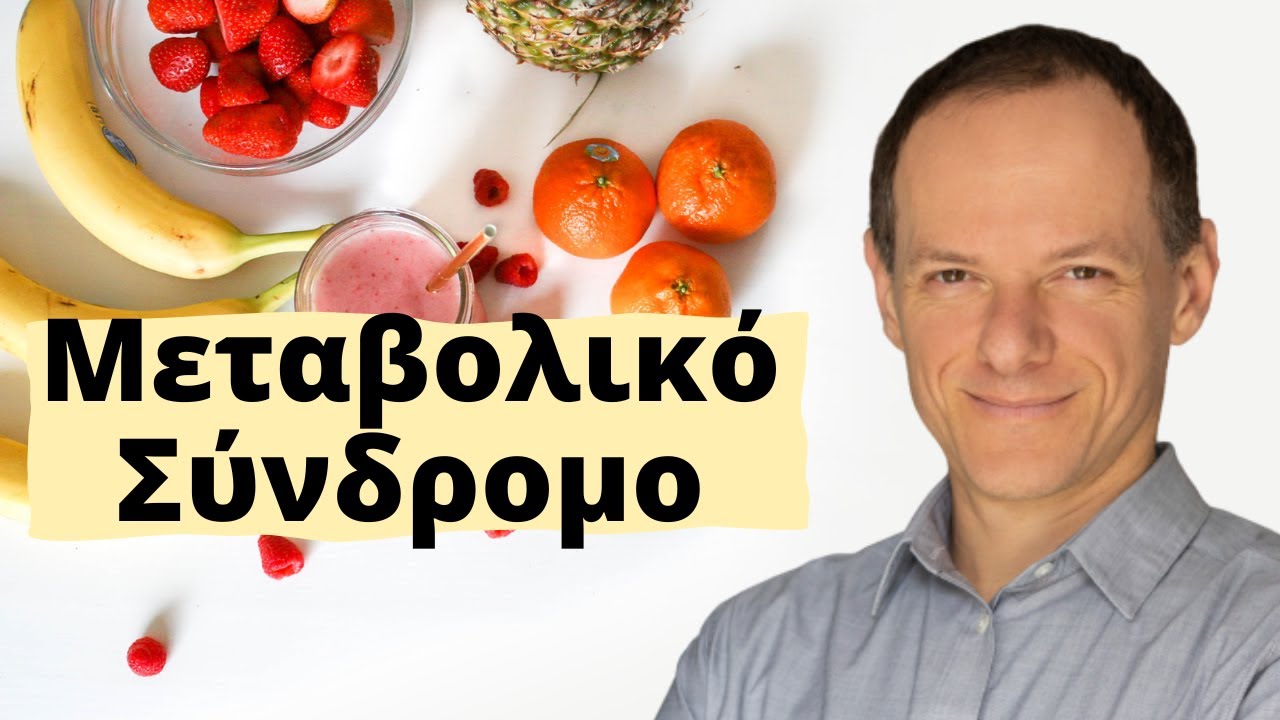
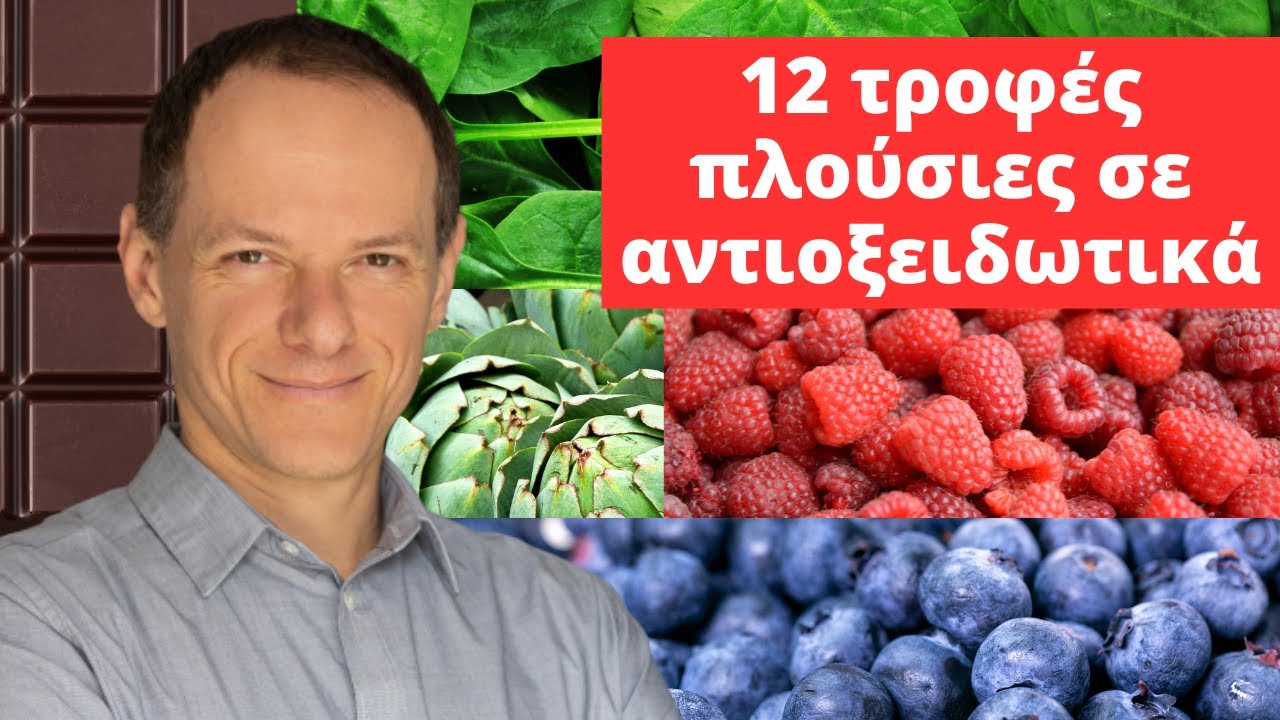
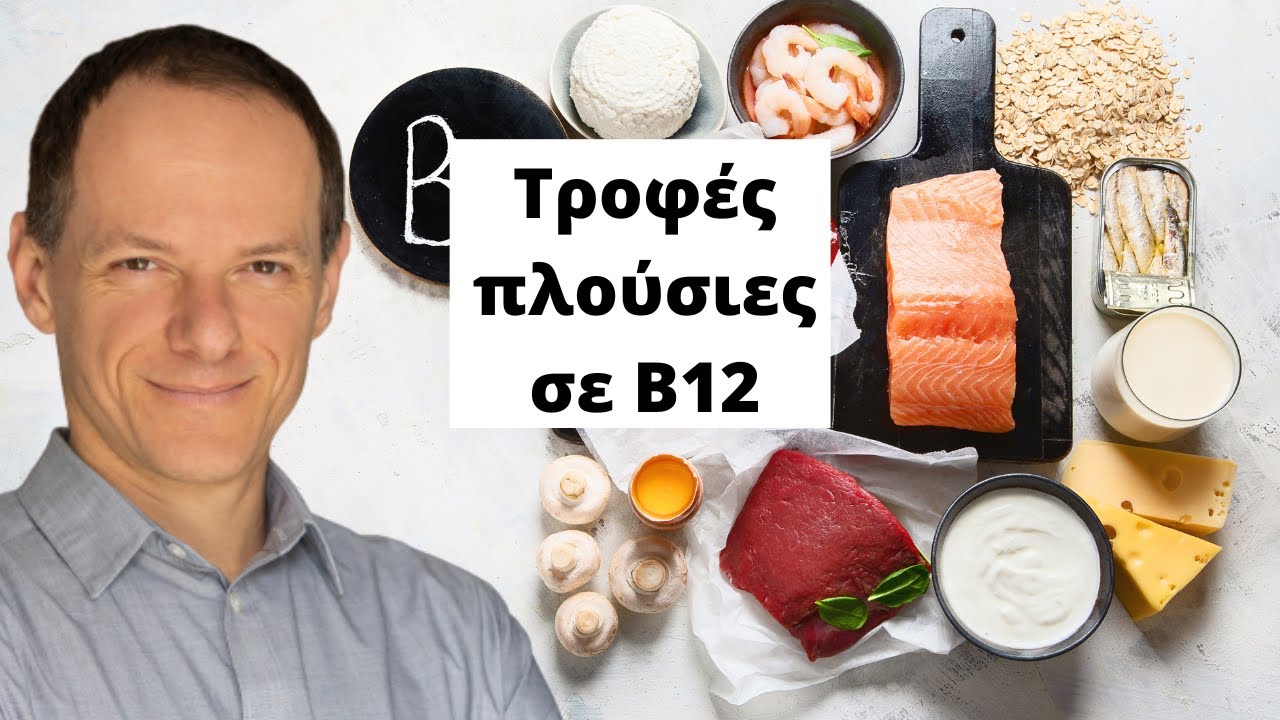
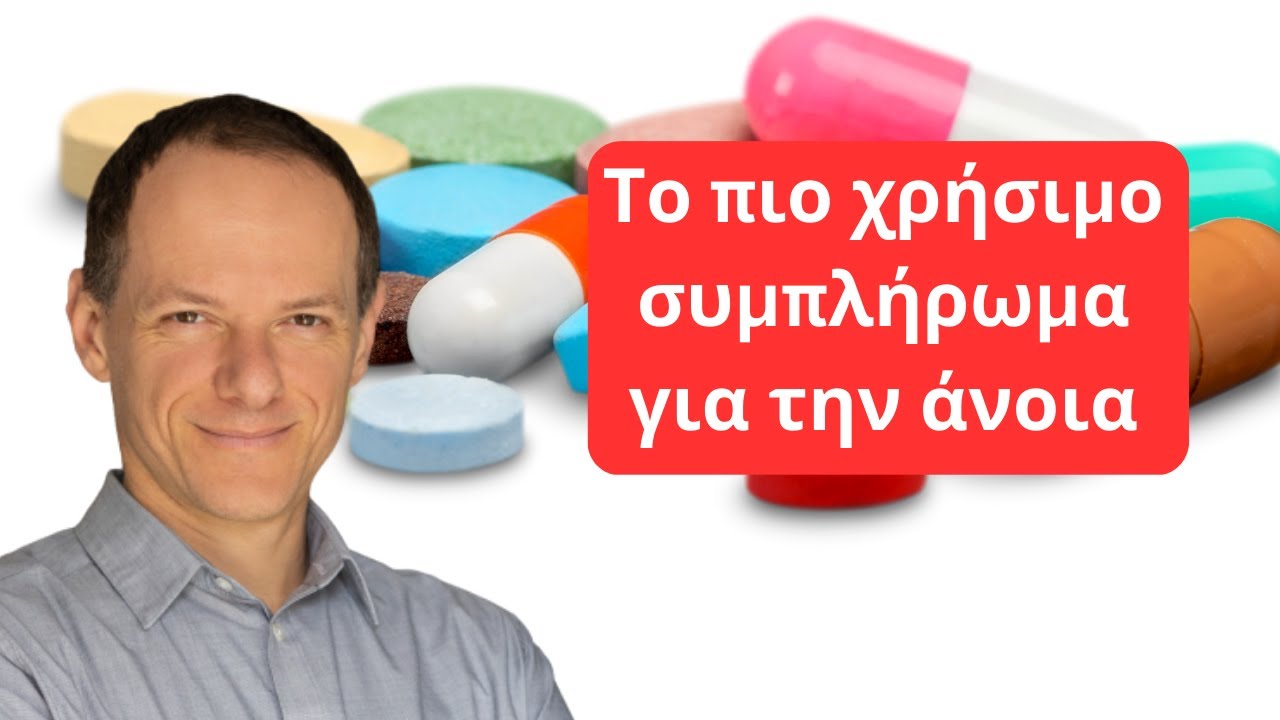
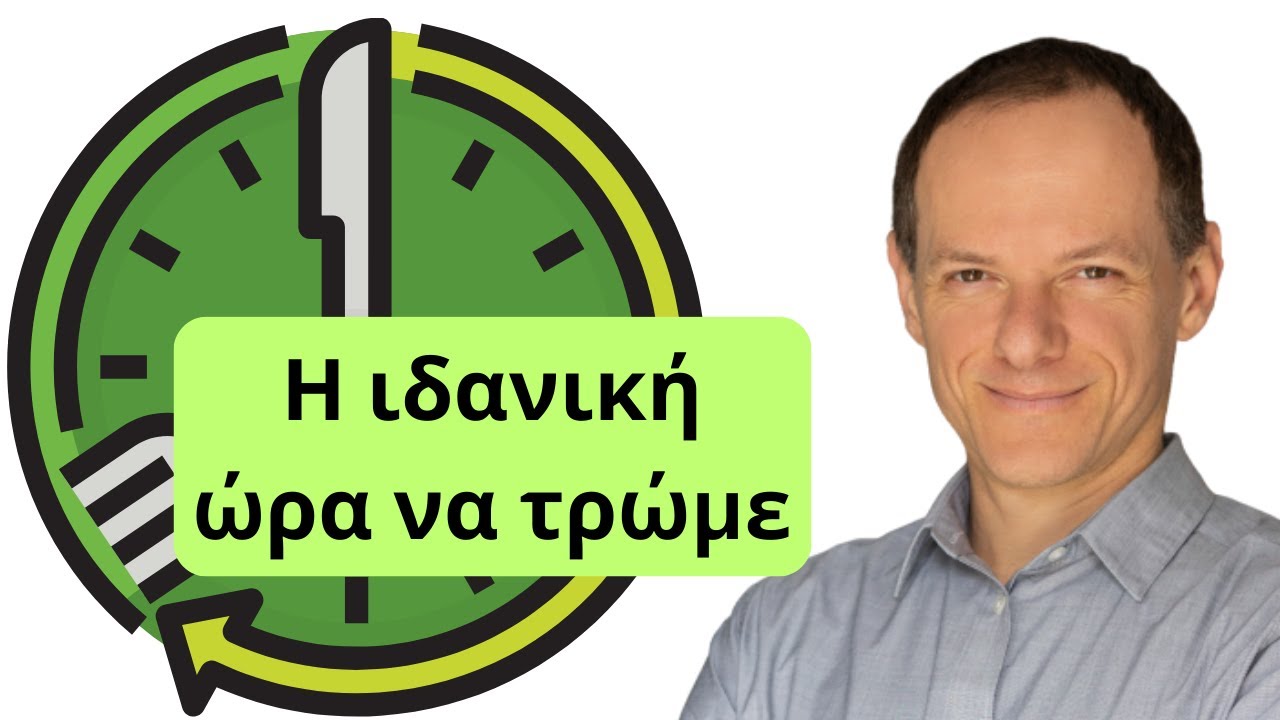
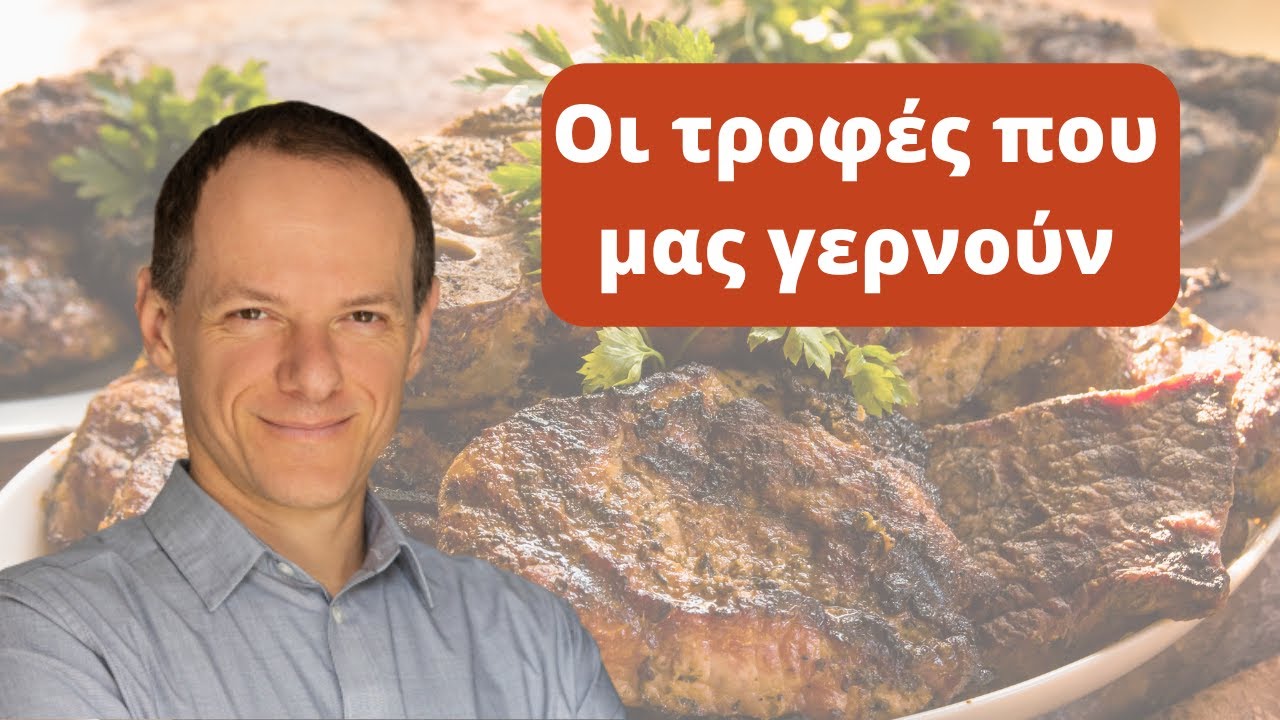
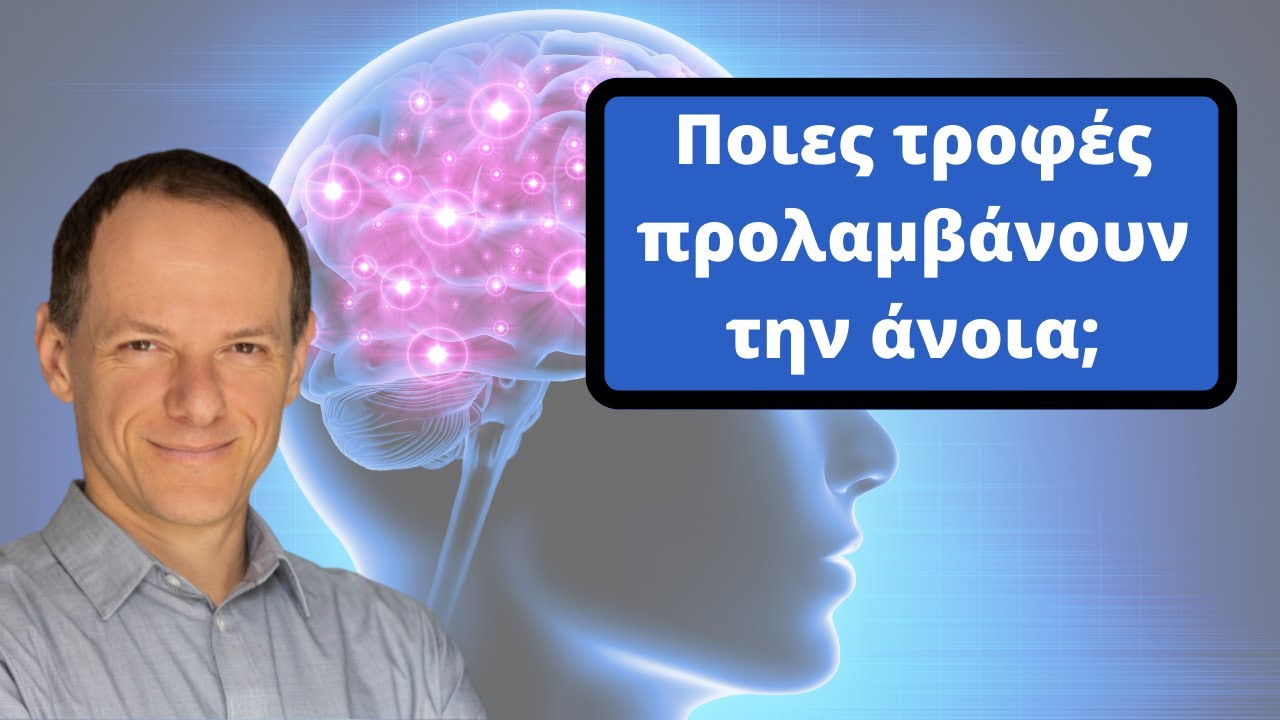
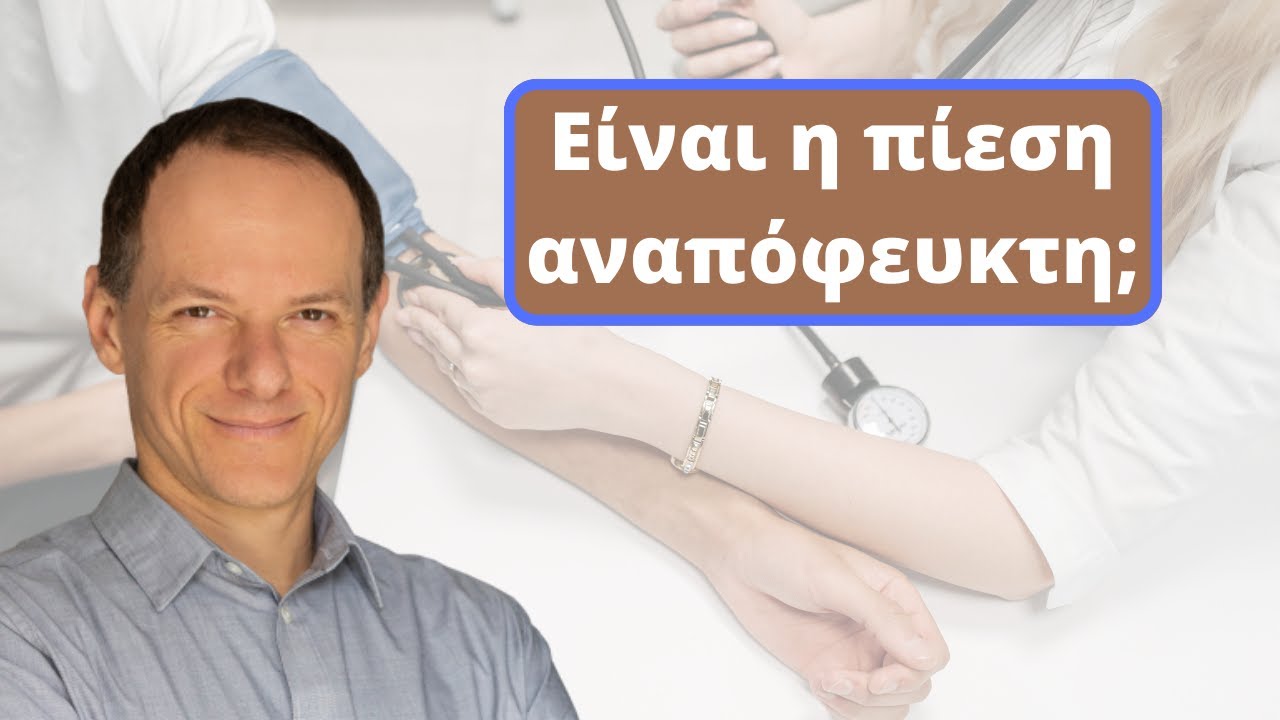
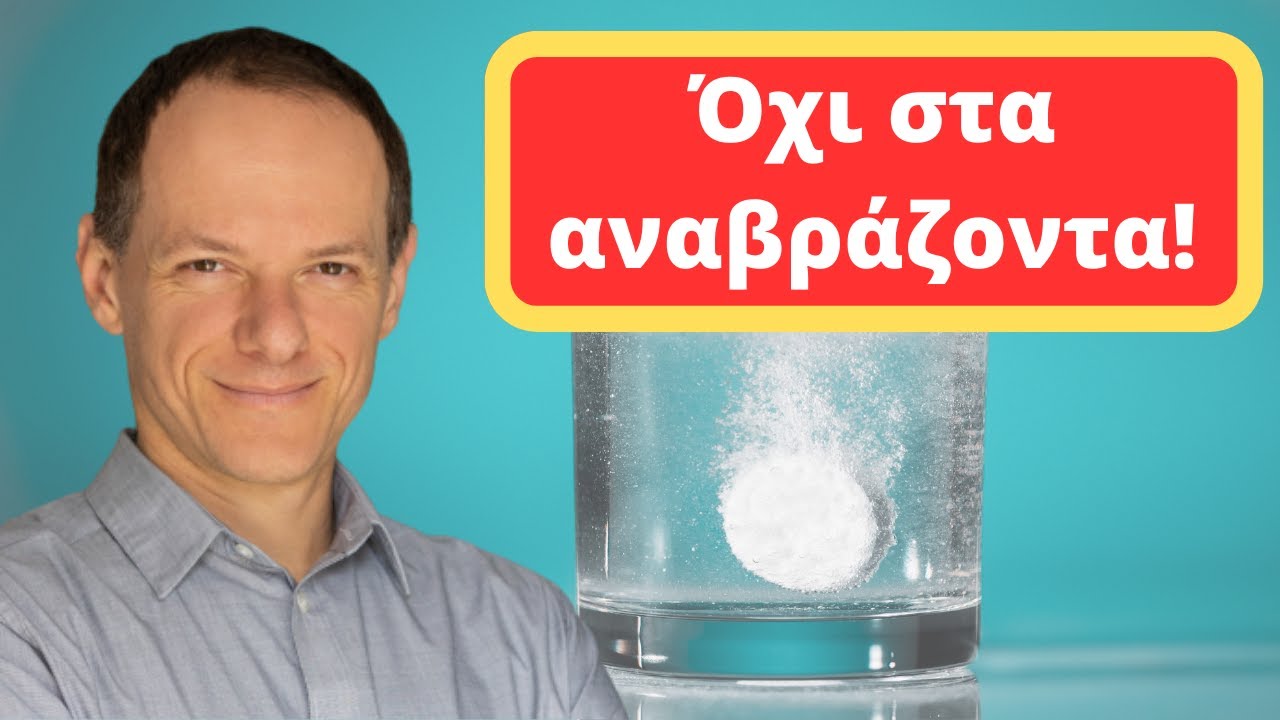
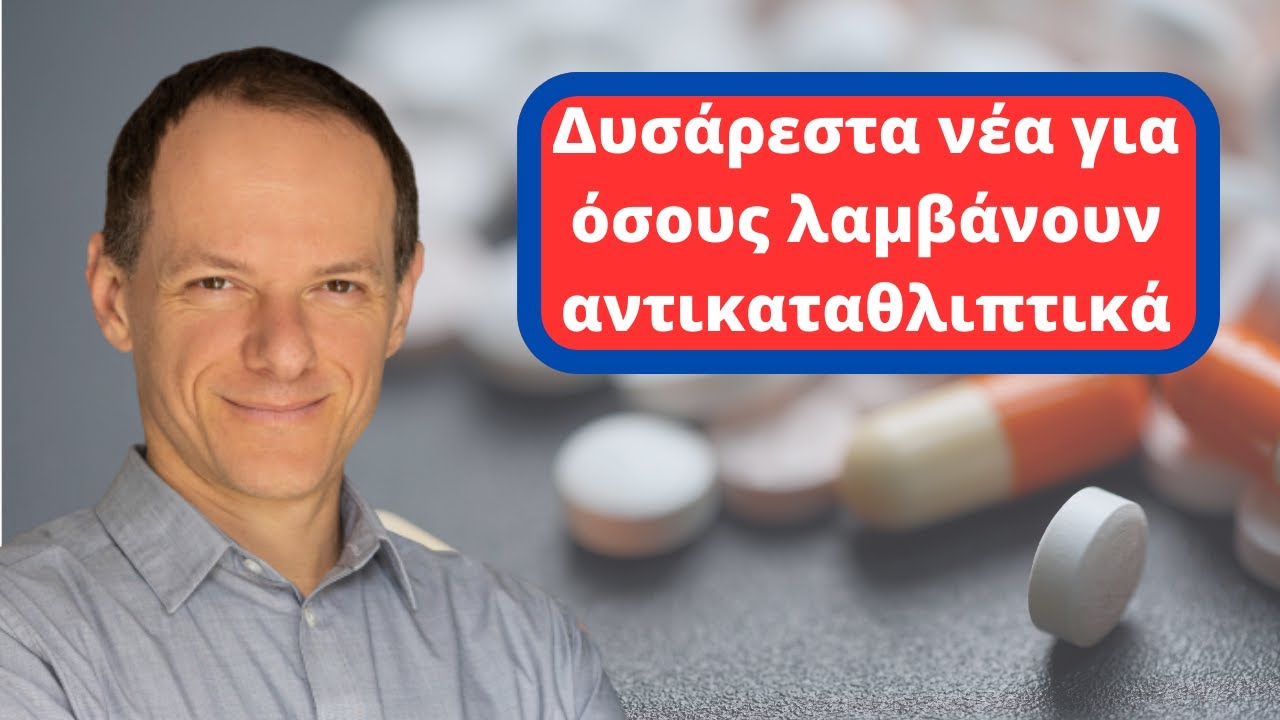
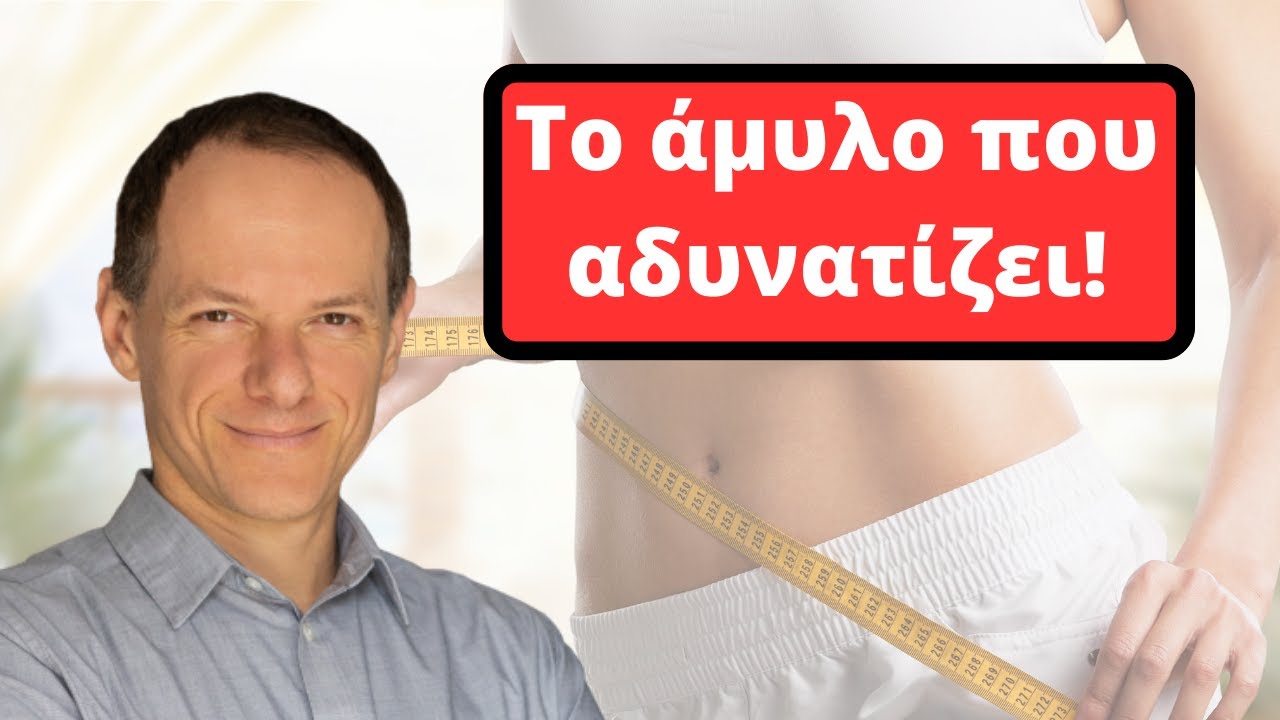
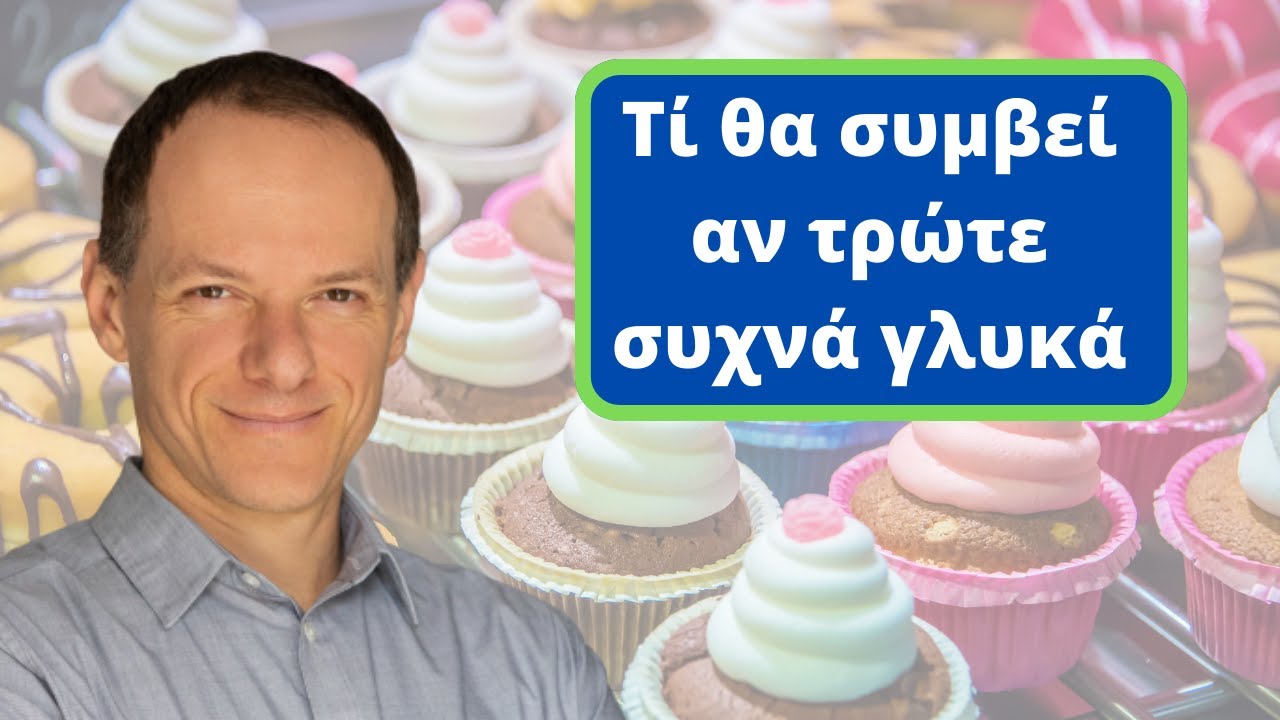
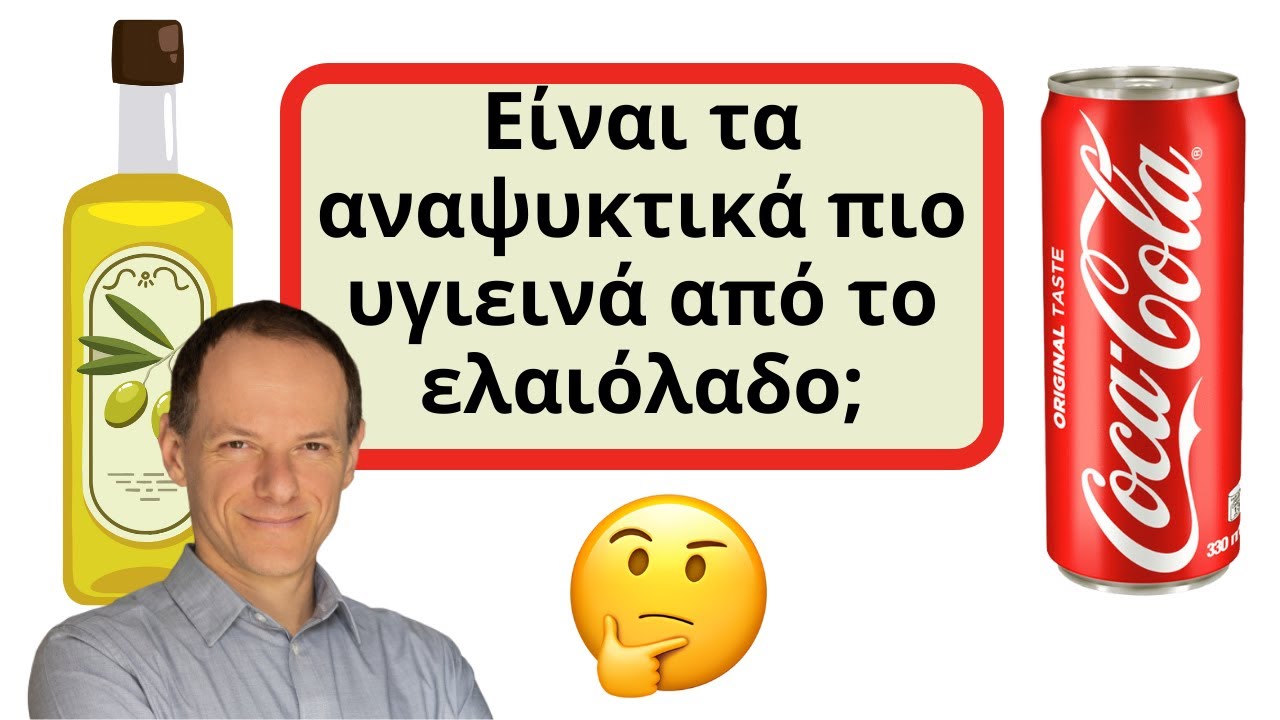
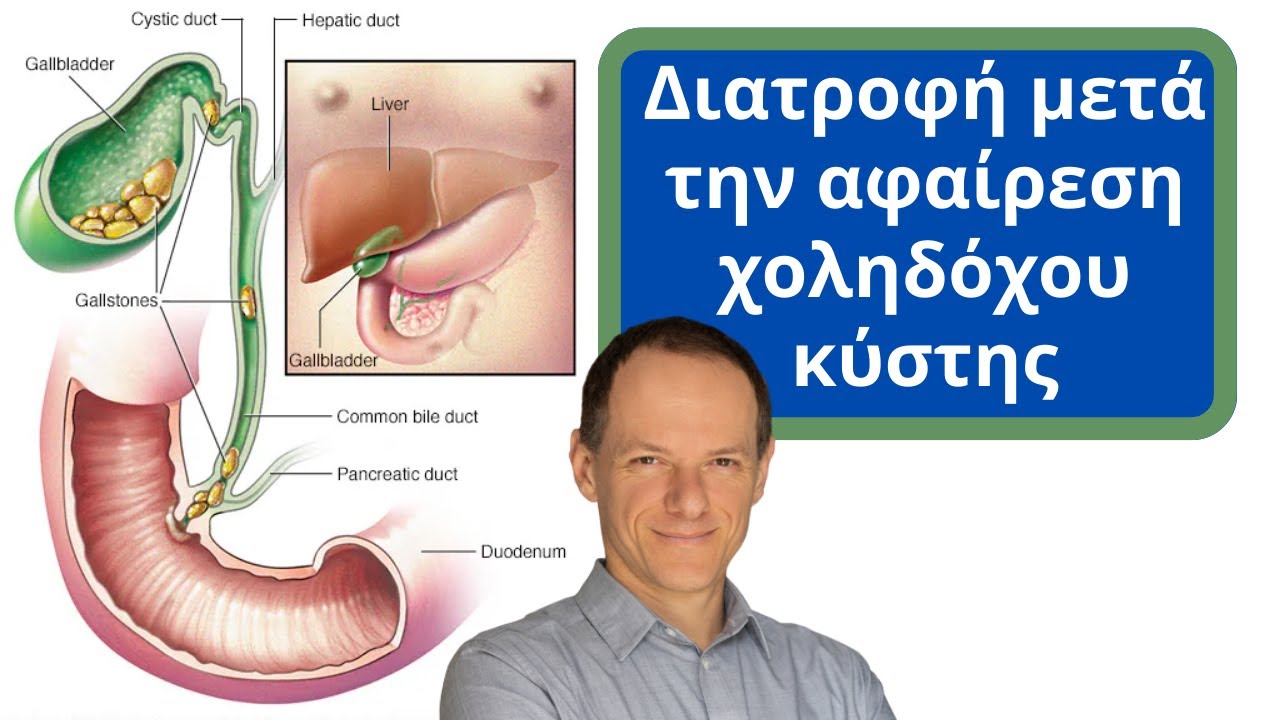
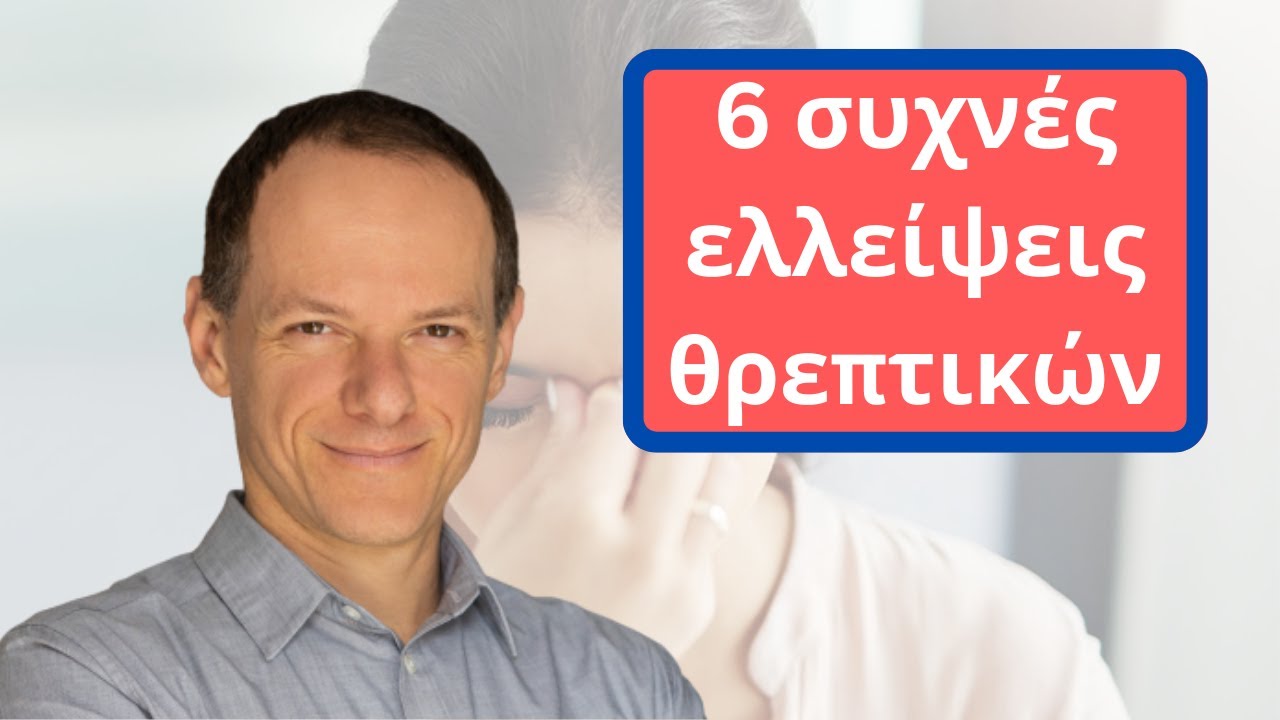
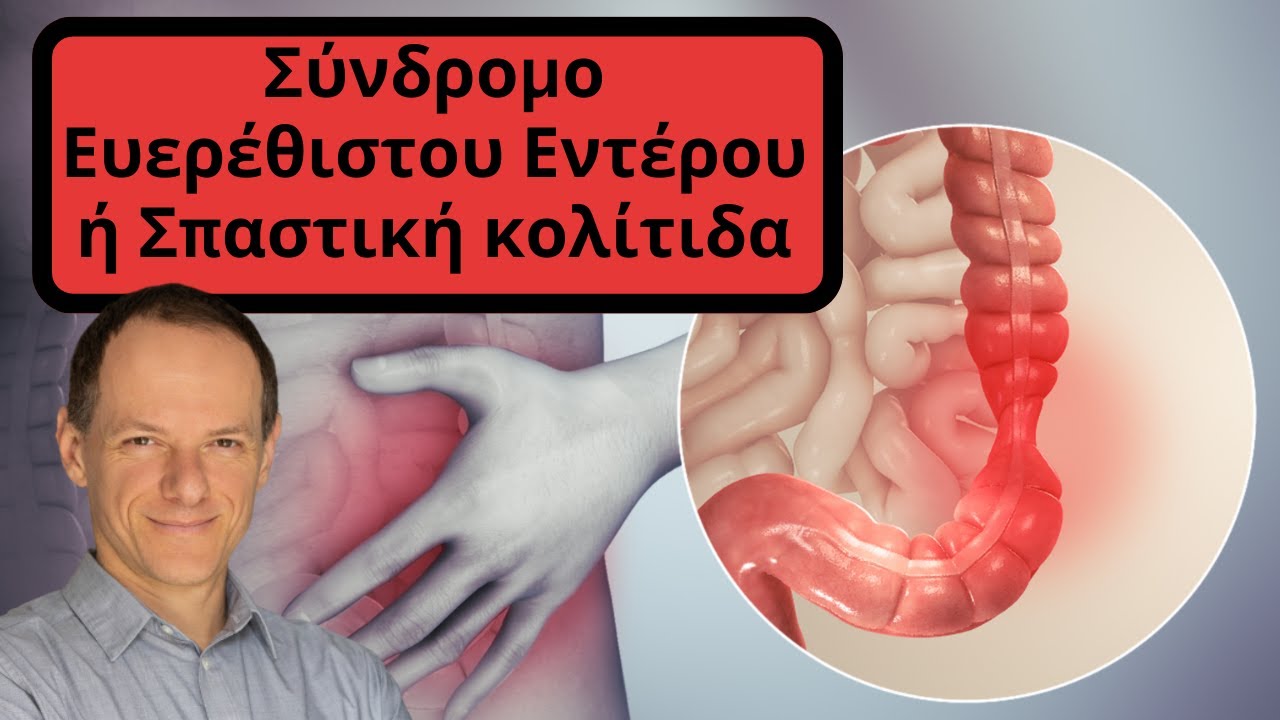
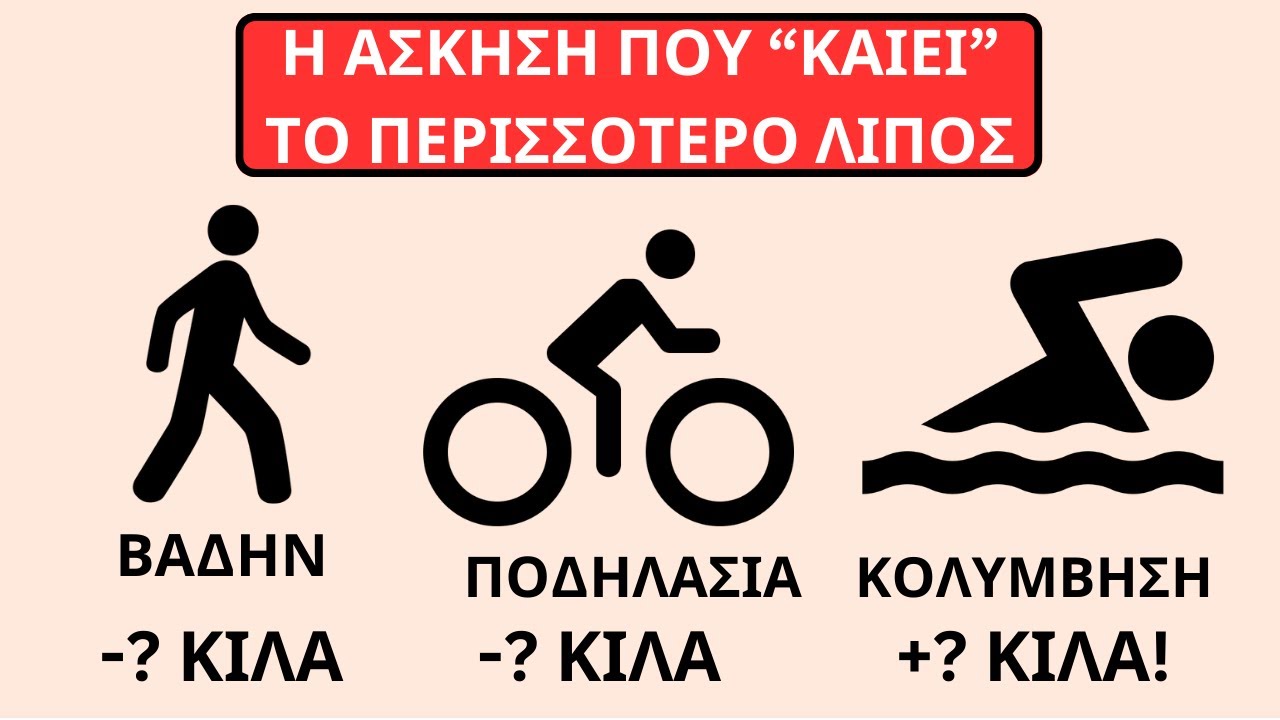
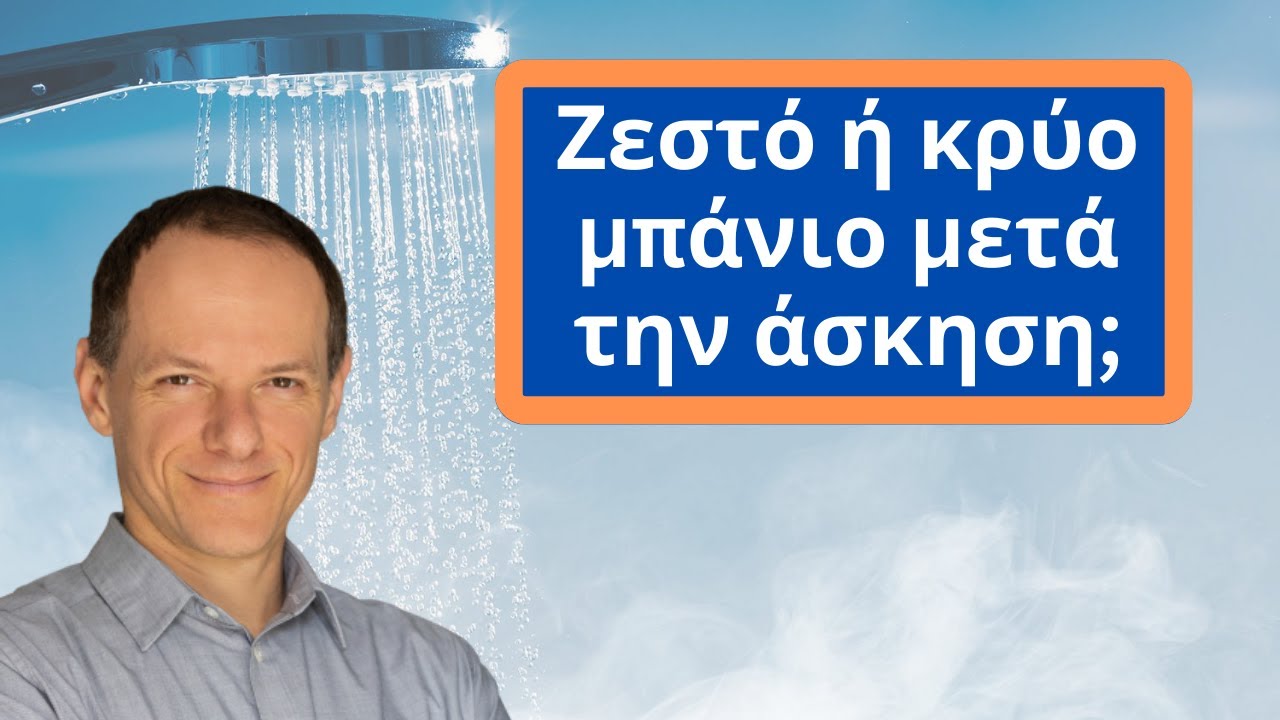
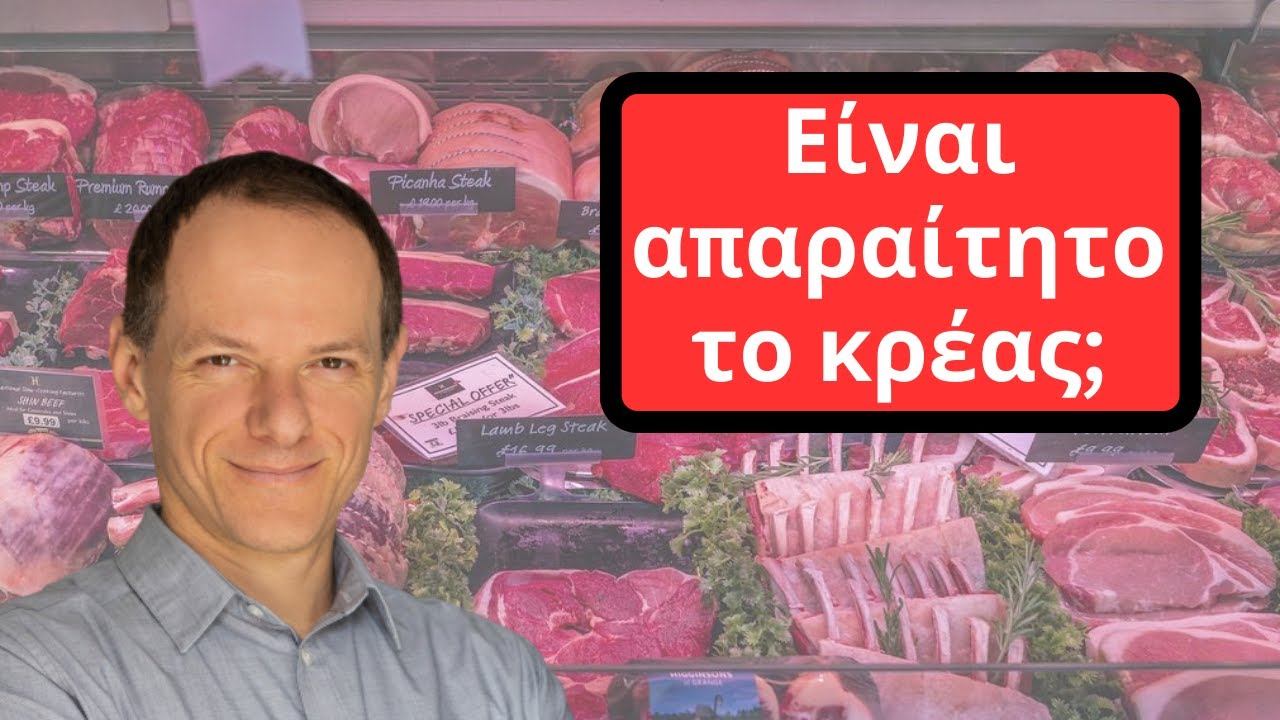
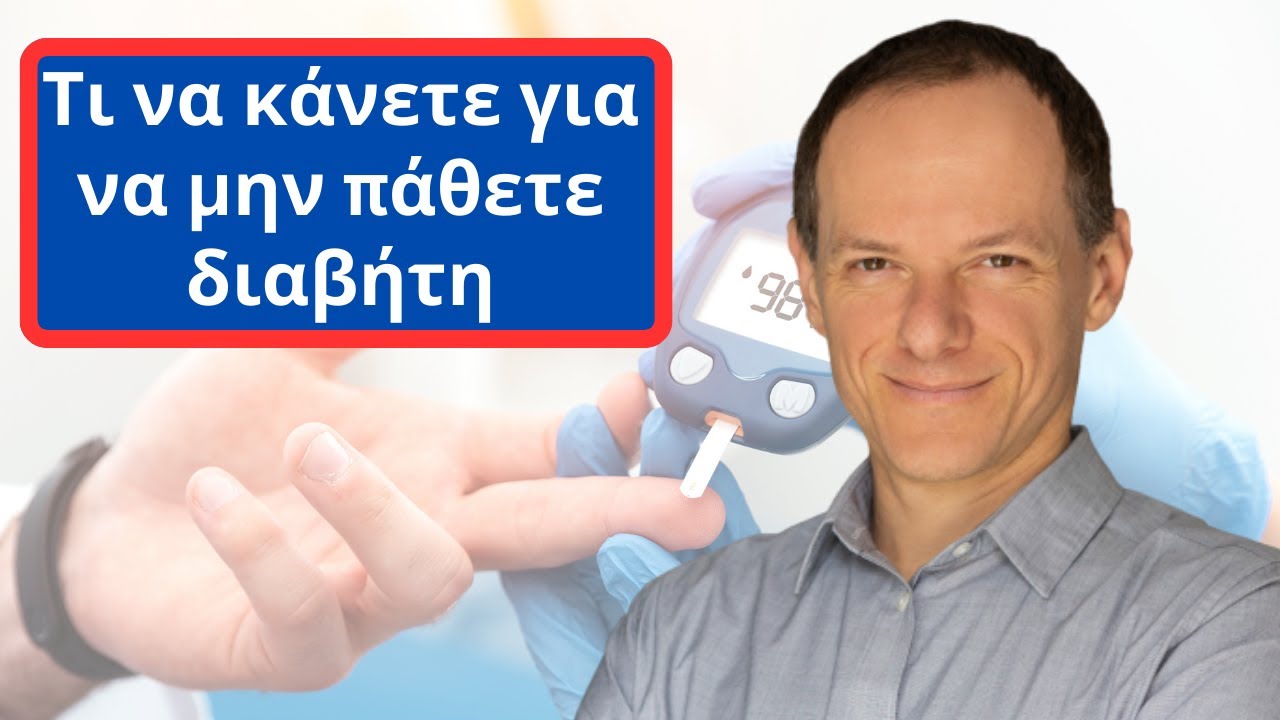
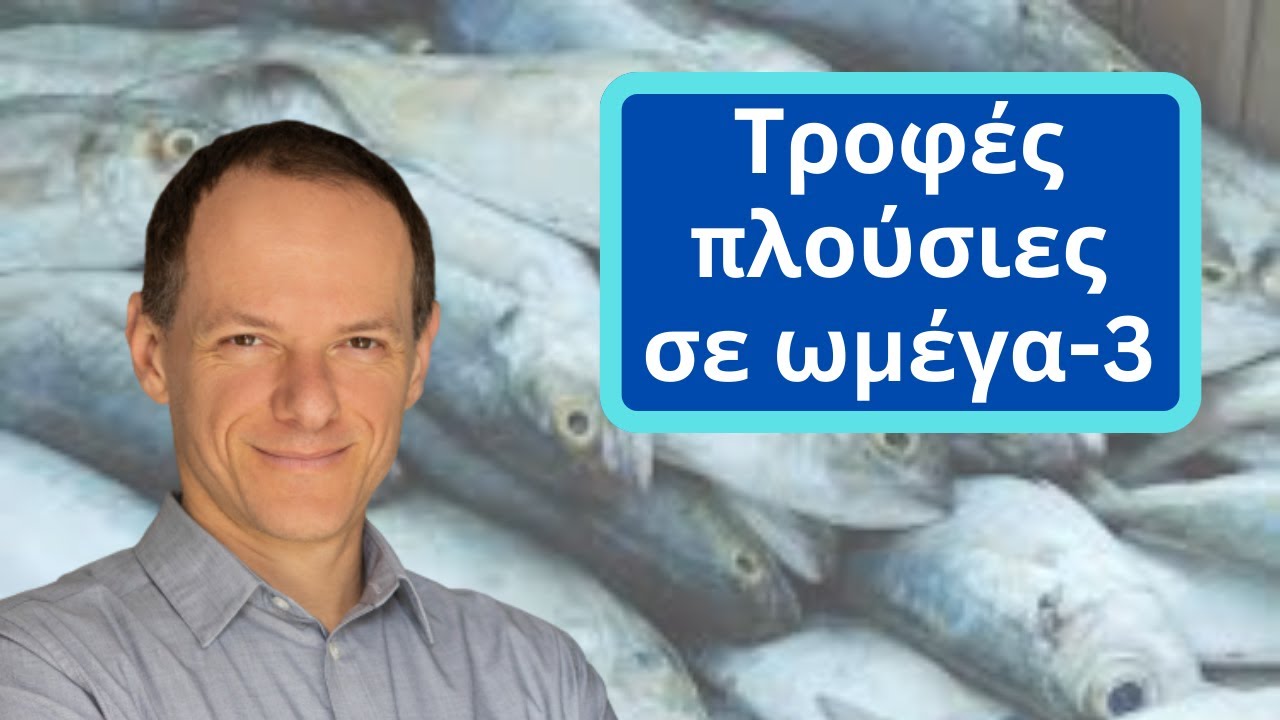
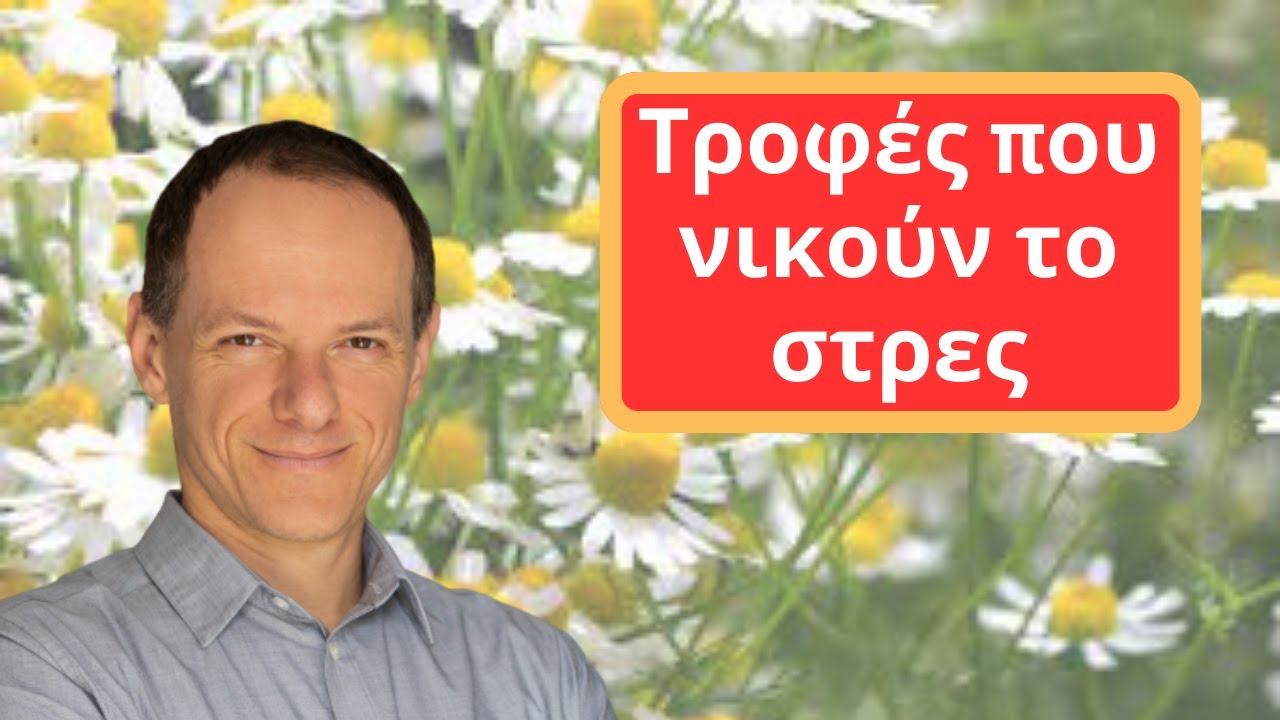
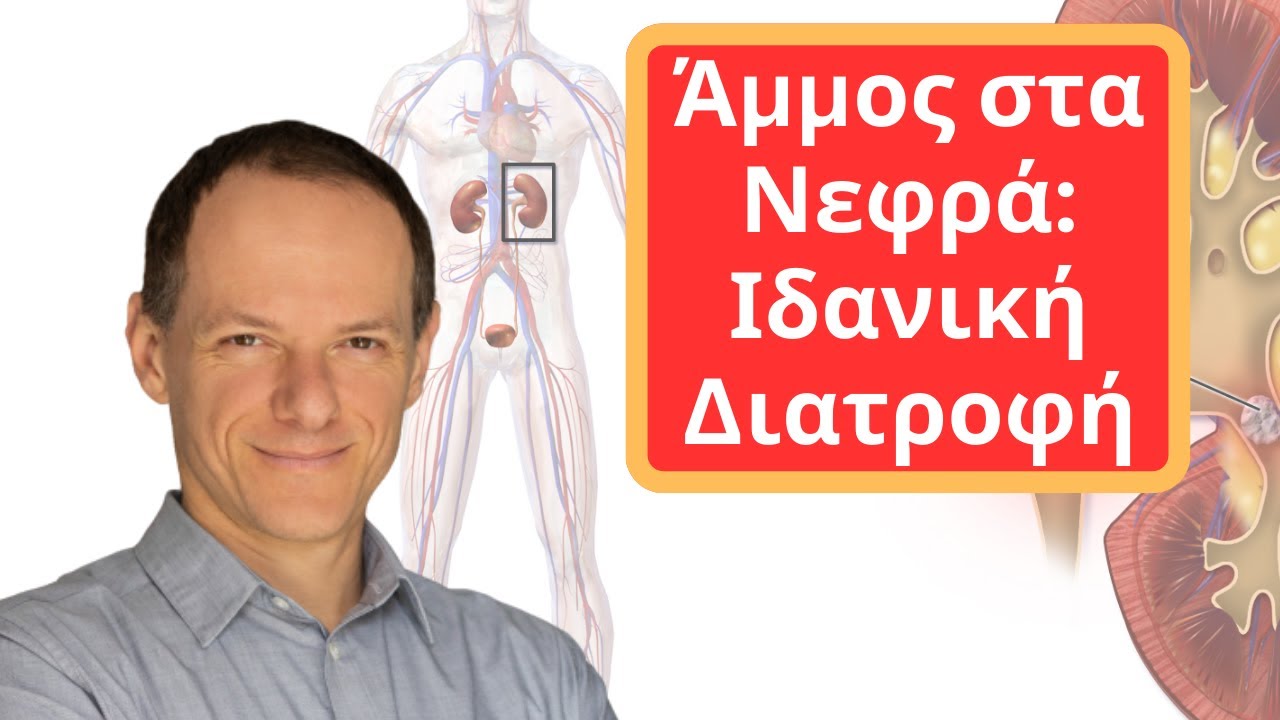
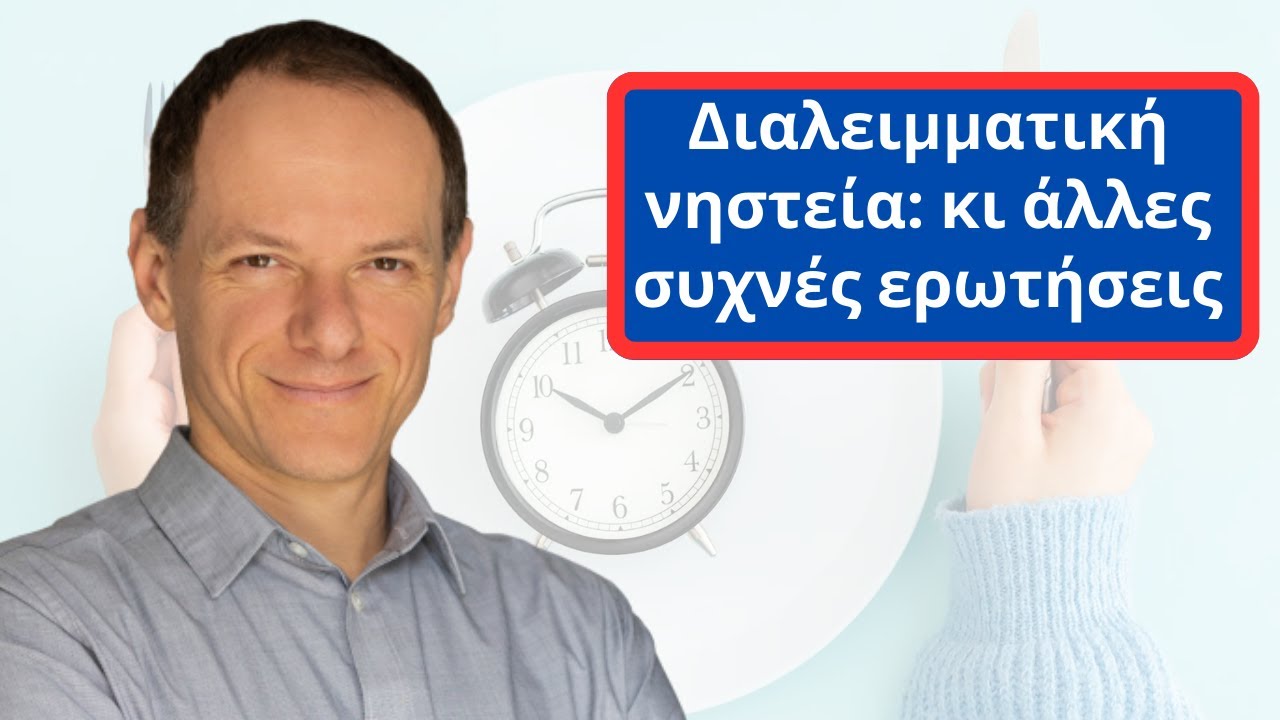
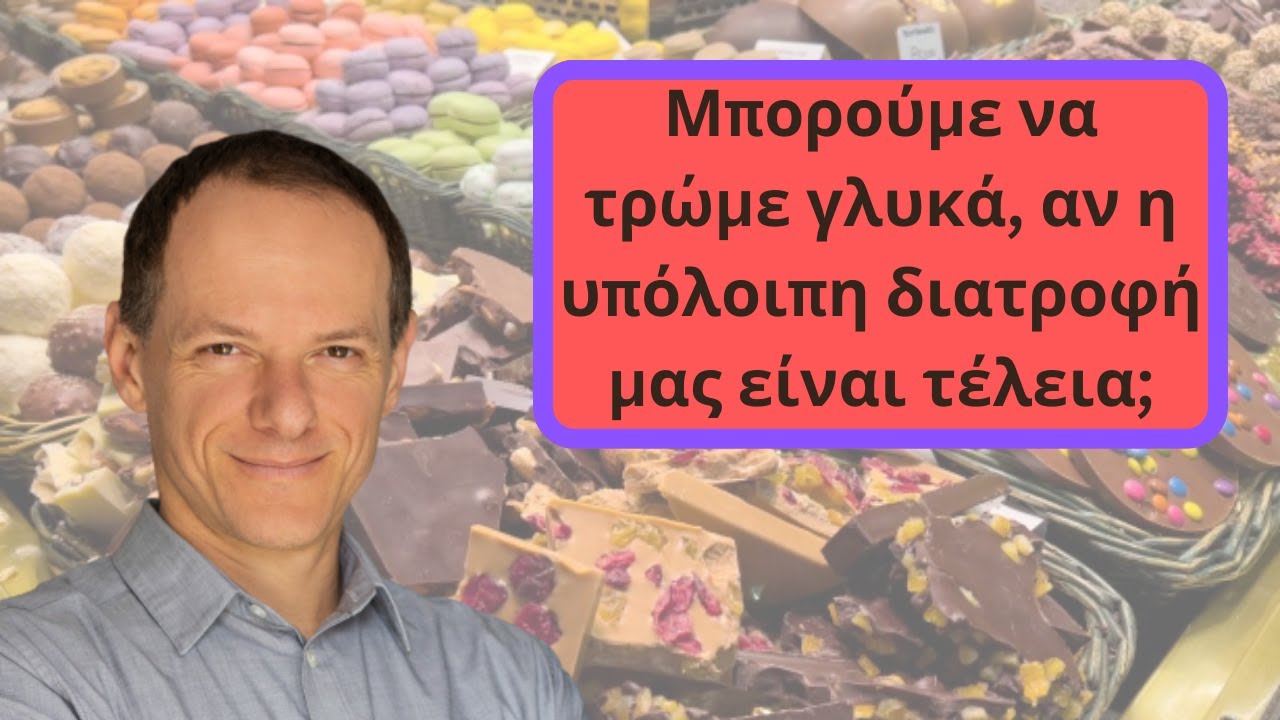
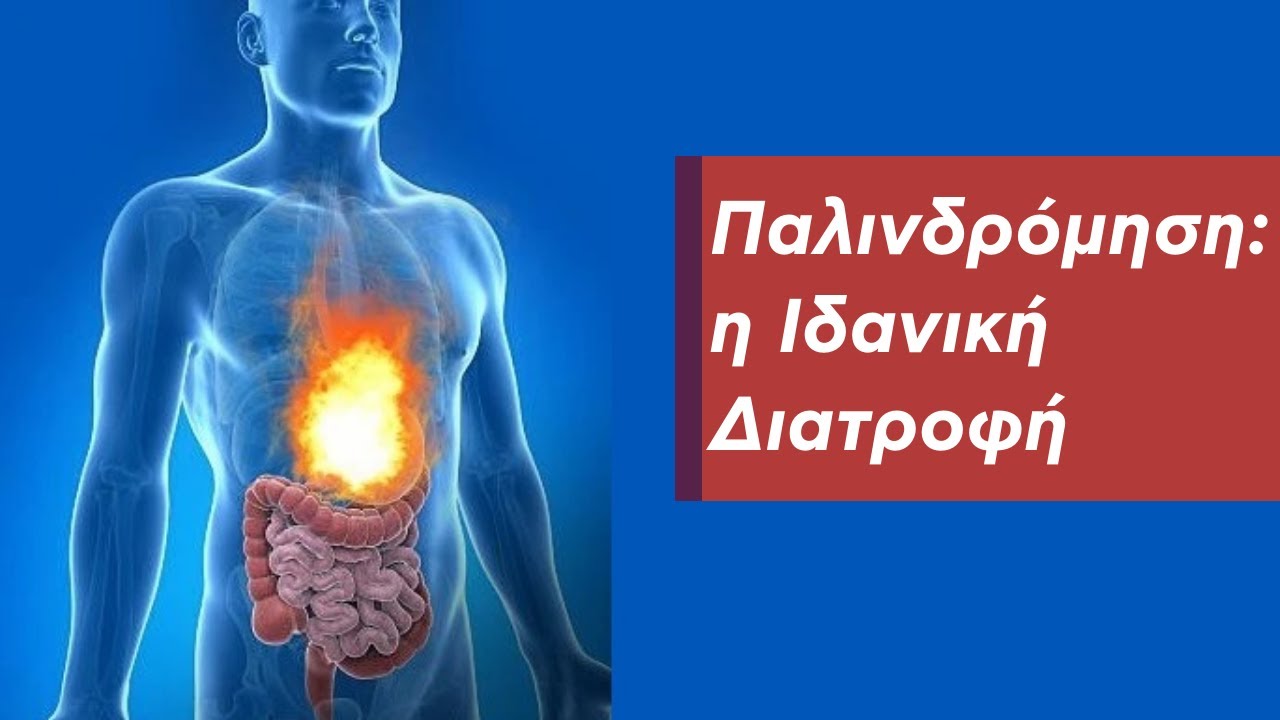
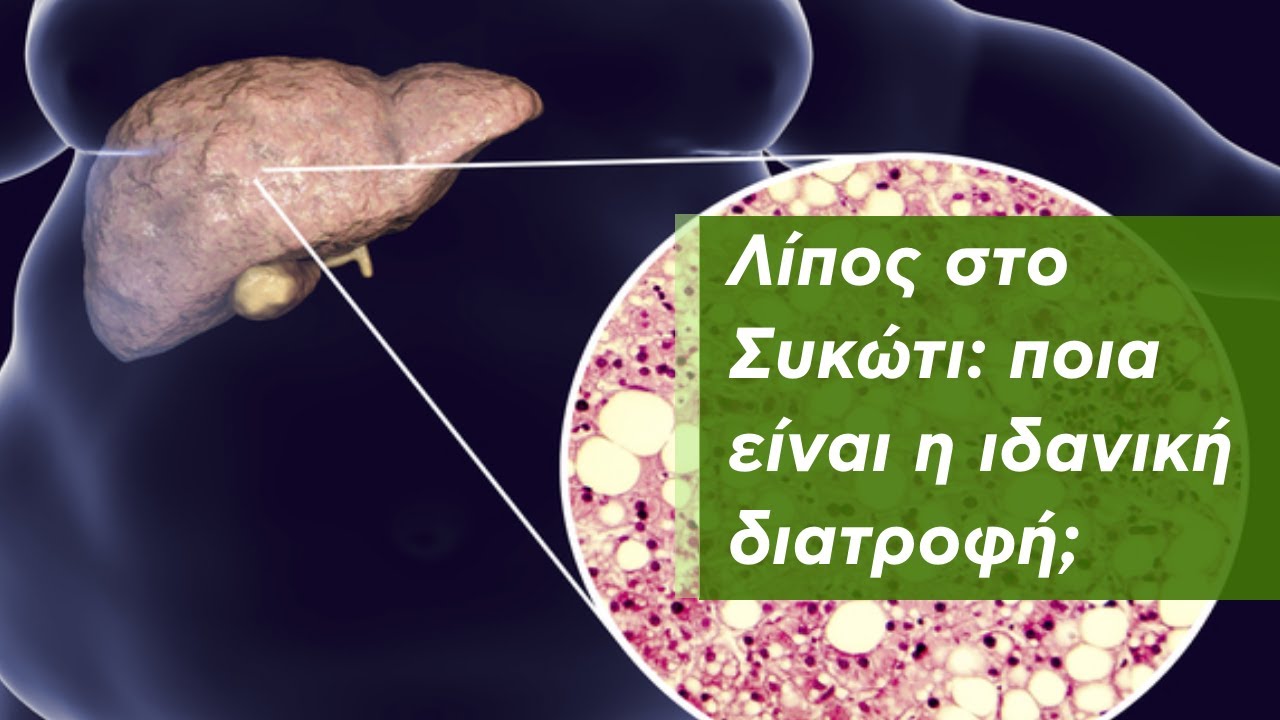
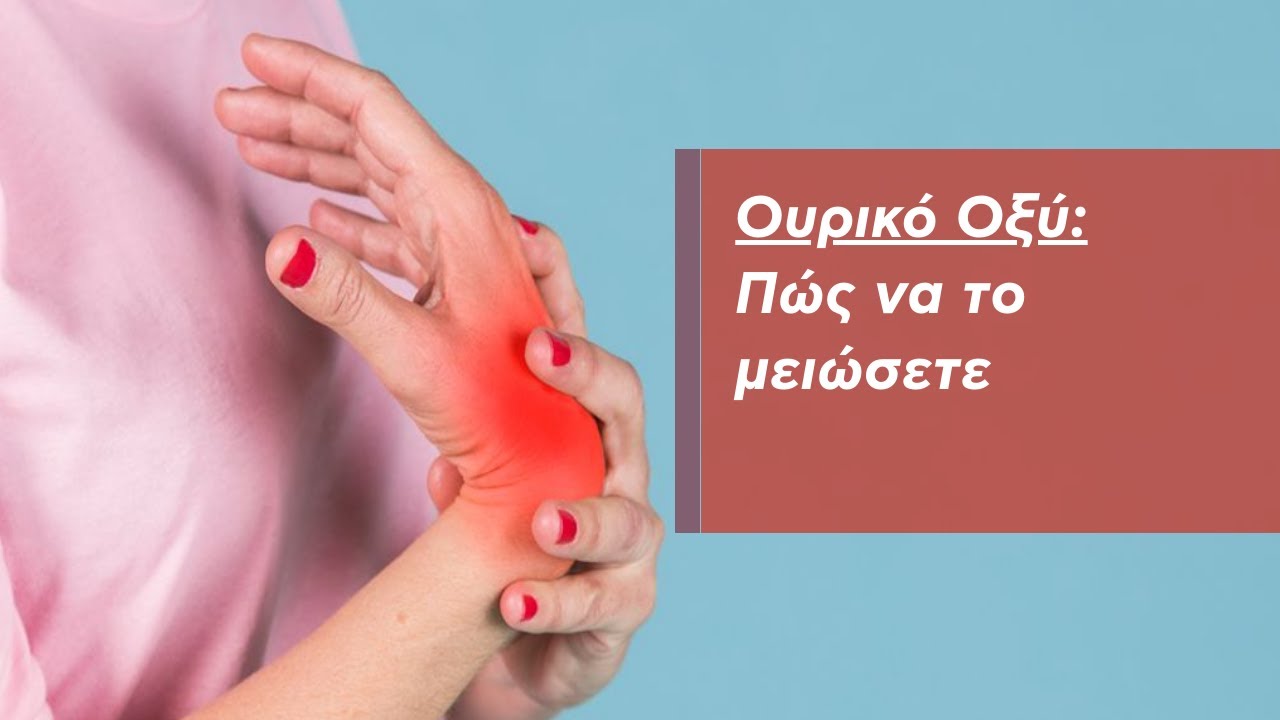
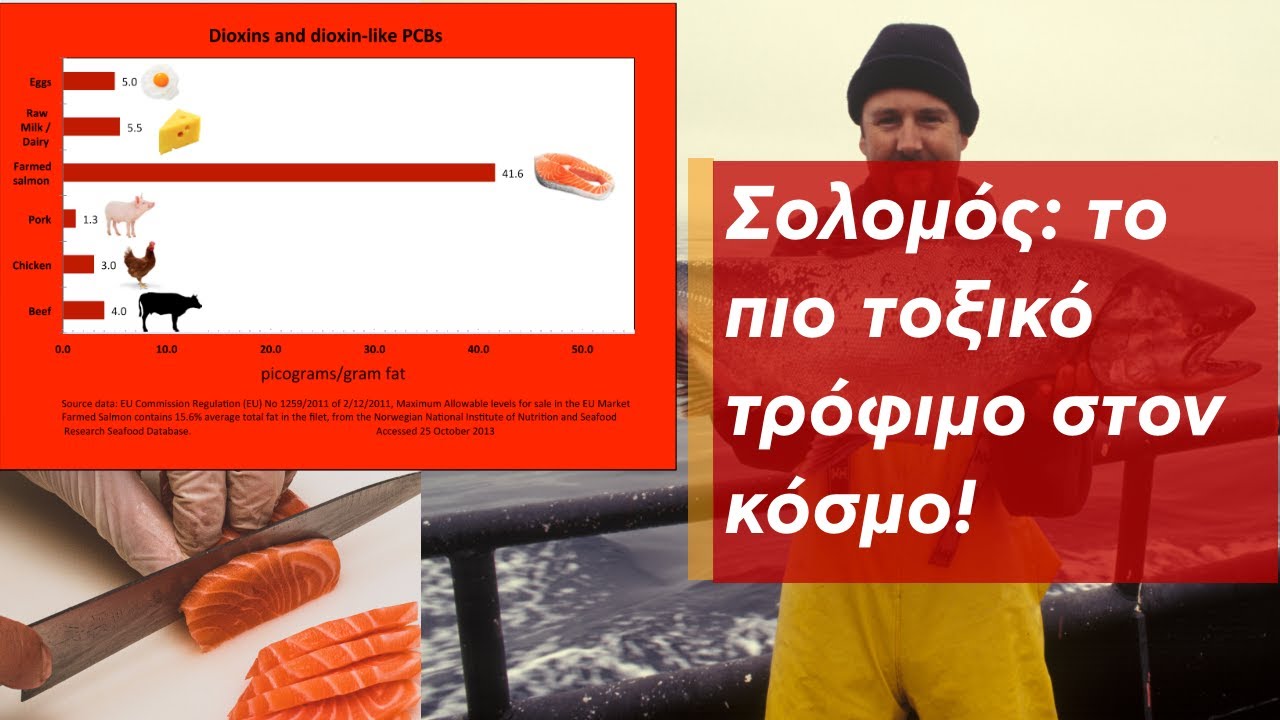
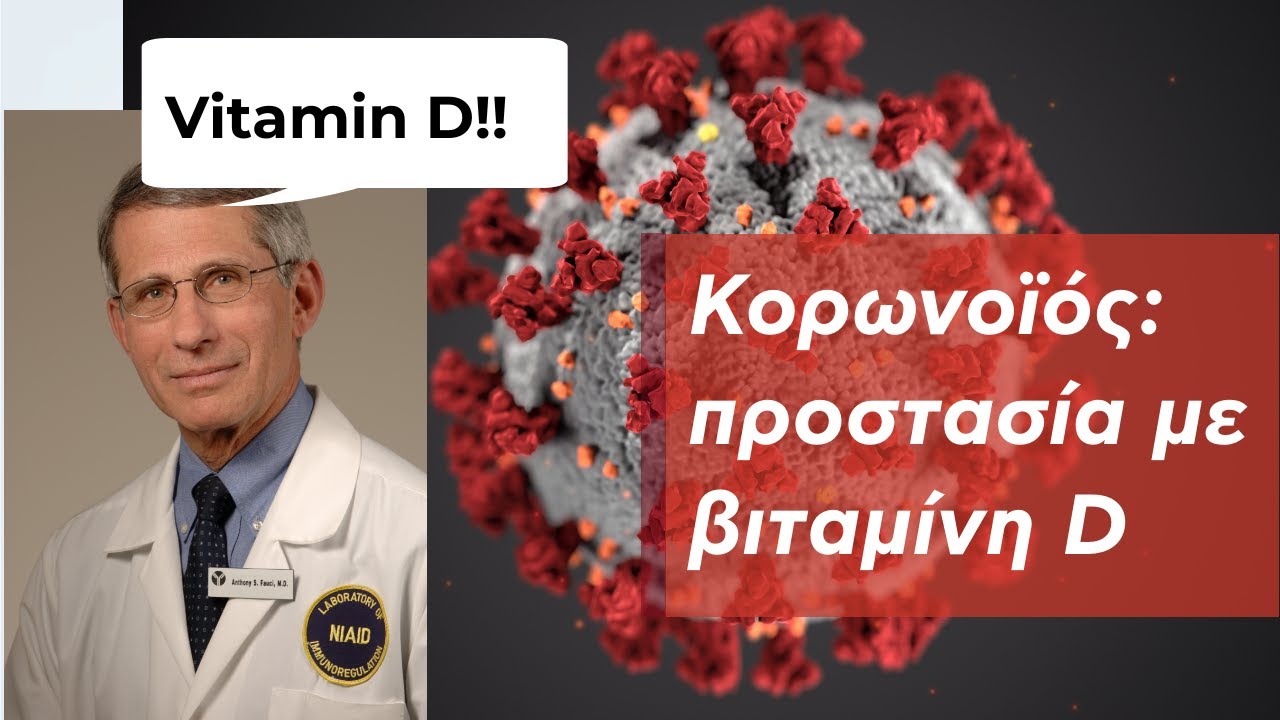
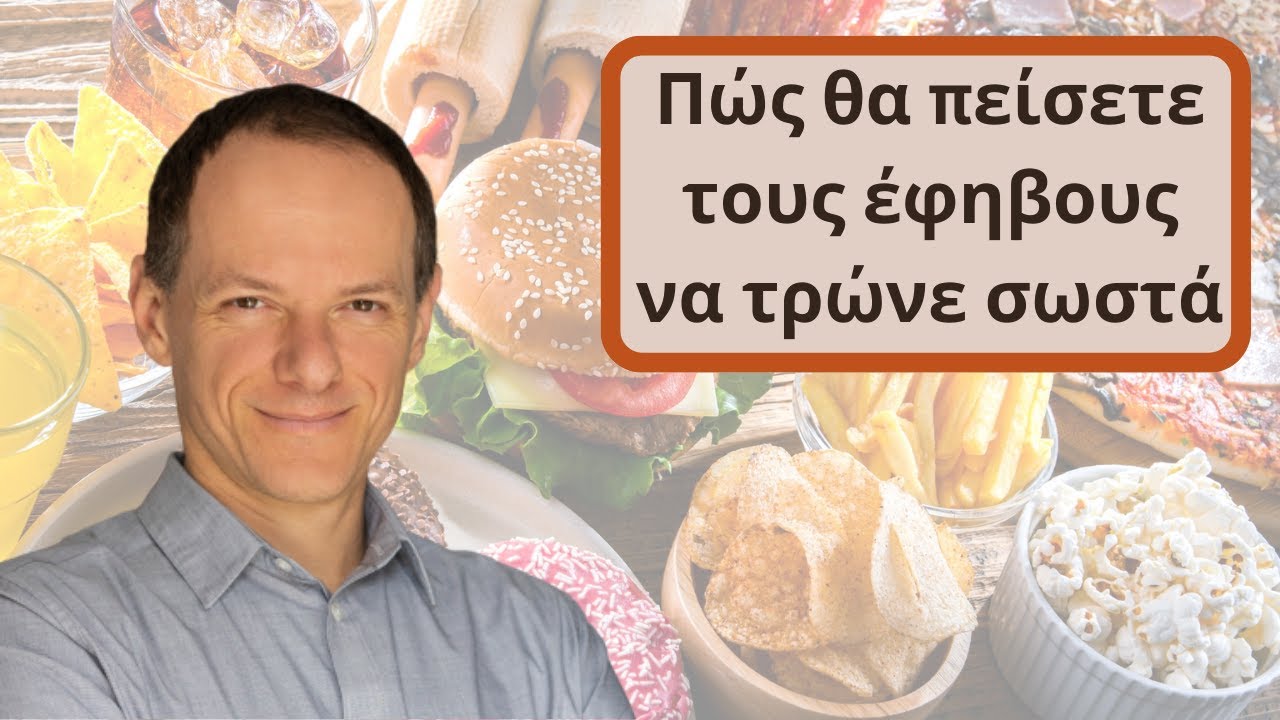
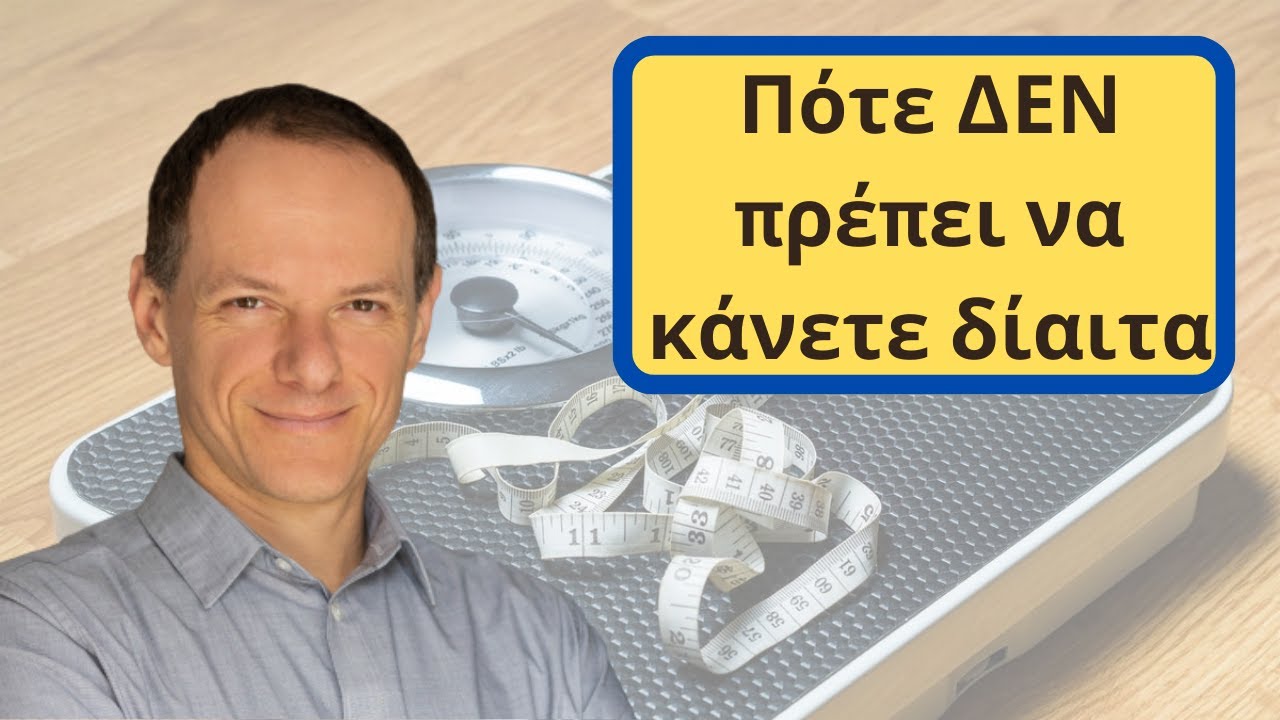
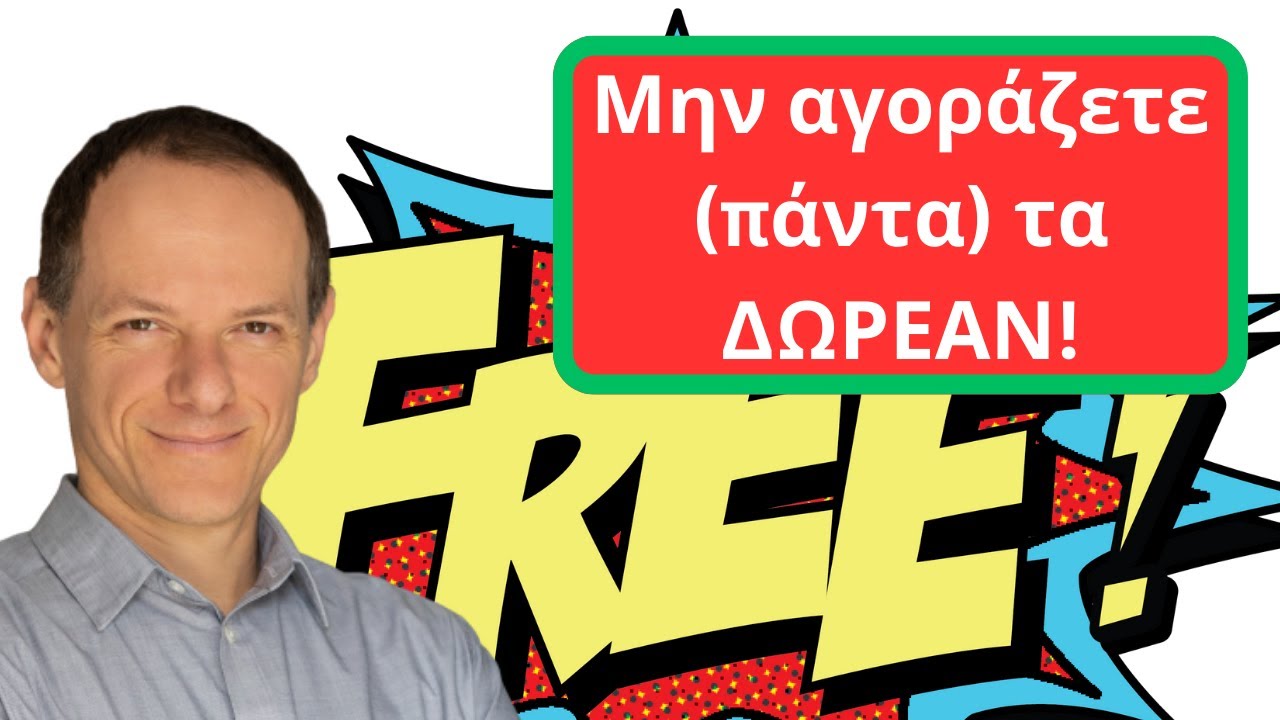
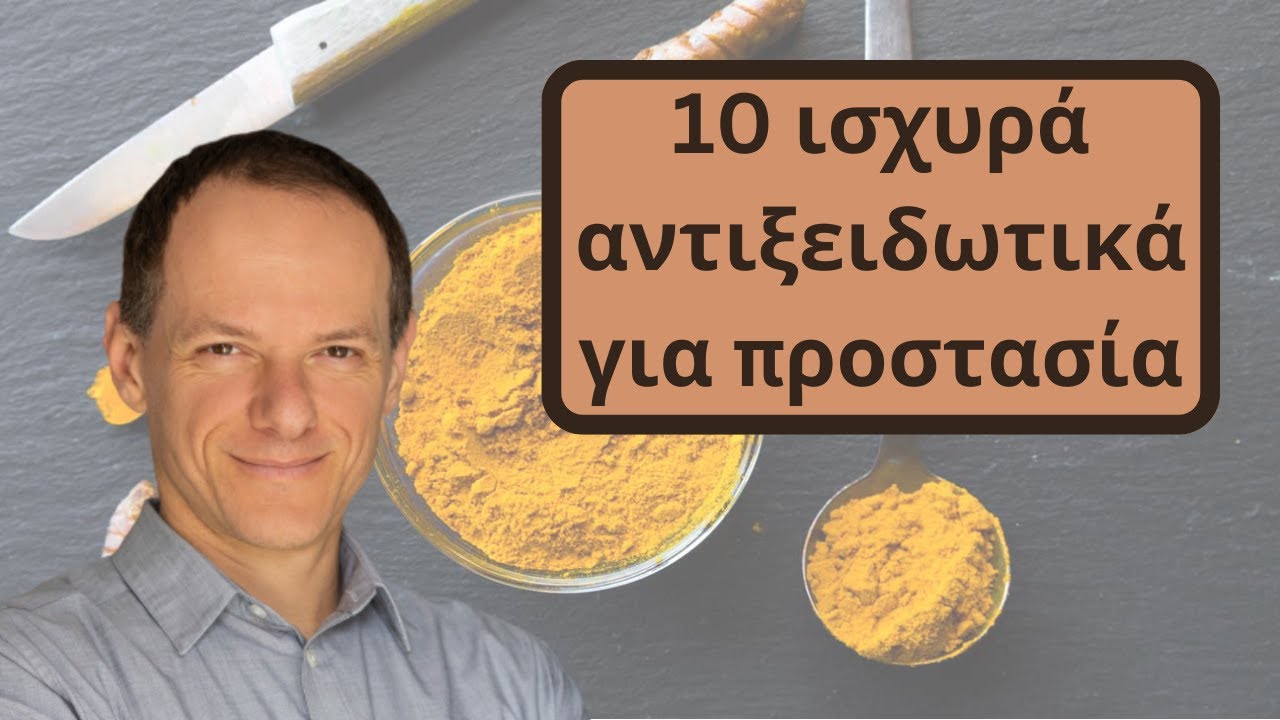
0 Σχόλια